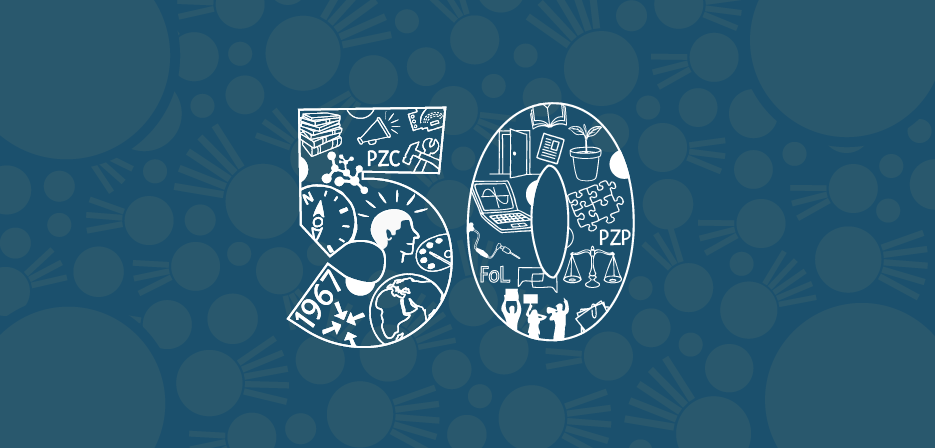
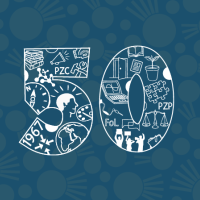
50 Years of Project Zero
Inquiry. Insights. Impact.
- October 13 & 14, 2017
- Harvard Graduate School of Education
- Cambridge, MA
Thank You
Dear PZ50 Participants,
This past weekend, Project Zero (PZ) celebrated the launch of its 50th anniversary year! Thank you to the 230+ collaborators and friends who joined us to honor our past impact and help us set future directions for many years of fruitful research to come. It was an exciting weekend for PZ, which included a Friday night forum that drew over 650 attendees to GSE’s campus and 6,000 internet viewers around the globe. The forum's success was a strong sign of interest in PZ’s research and its role in supporting human potentials in all learners.
I’m delighted to share with all those invited to our 50th this website that offers a summary of the event via videos, slides, pictures, artwork and other artifacts from our Friday & Saturday “celebration with cerebration.” I invite you to sample the various plenaries and vibrant sessions on topics such as creativity, assessment, the arts, civic agency, and many more.
As I announced at the event, as part of 50th, PZ is launching a fundraising campaign to support educators in underserved settings to engage in PZ professional development opportunities. For far too long, many educators doing vital work with children in impoverished settings have not been able to afford access to PZ’s online courses, workshops, and conferences. We want to change that. As of today we have created a “Support PZ’s Reach” button and page for giving on our website. We aim to raise $500,000 toward scholarships for teachers who need this financial support. I hope you, who know PZ’s work the best, will help us by giving to this important effort and widely spreading the word.
Thank you for your unwavering support for PZ’s ideas and educational impact throughout the world.
With deep gratitude,

Daniel Wilson
Director, Project Zero
We invite you to celebrate the 50th “out loud” by bringing PZ’s physical presence into your home, office or organization. We have designed a handful of items with PZ logos and favorite PZ tools that we hope will serve as conversation starters and much more. Click here to get to the site.
Opening Plenary
Rhythms of Inquiry in the Arts & Learning
The story of PZ’s influences in arts & education is at the core of the story of PZ itself. The role of the arts in education and the nature of learning in and through the arts – from PZ’s conception to current-day projects, including Arts Propel, Artful Thinking, collaborations with the Silk Road Ensemble, and more – have been central to PZ’s research. Participants in this session will examine questions at the core of this work and explore how the foundations of PZ’s arts-centered research may influence its future.
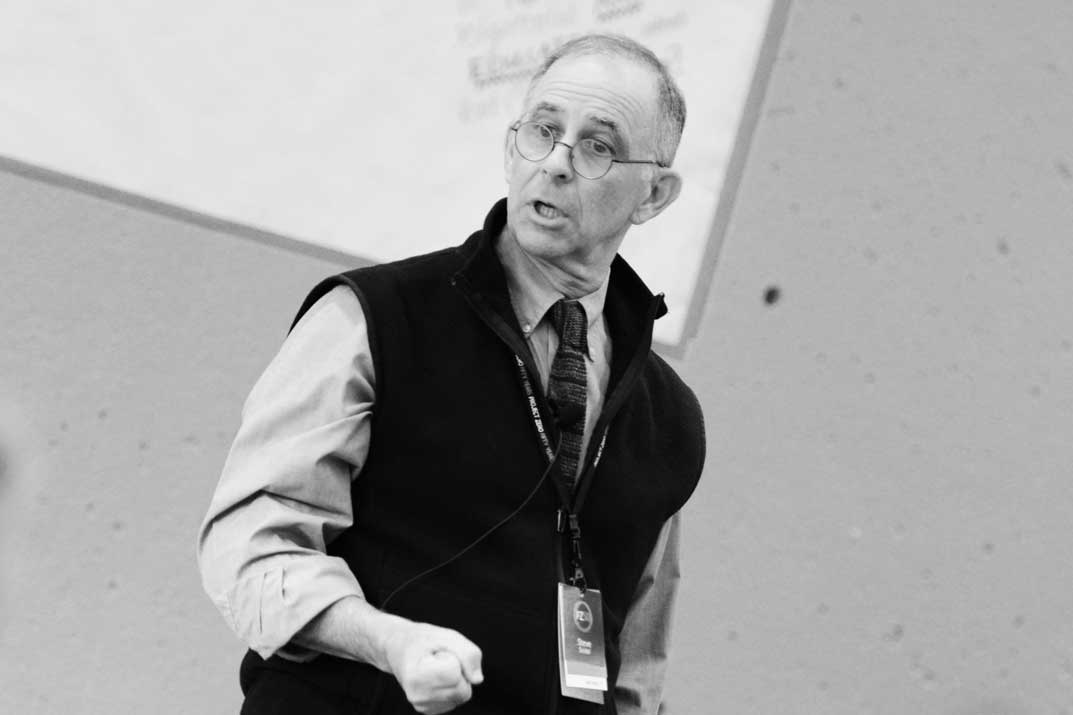
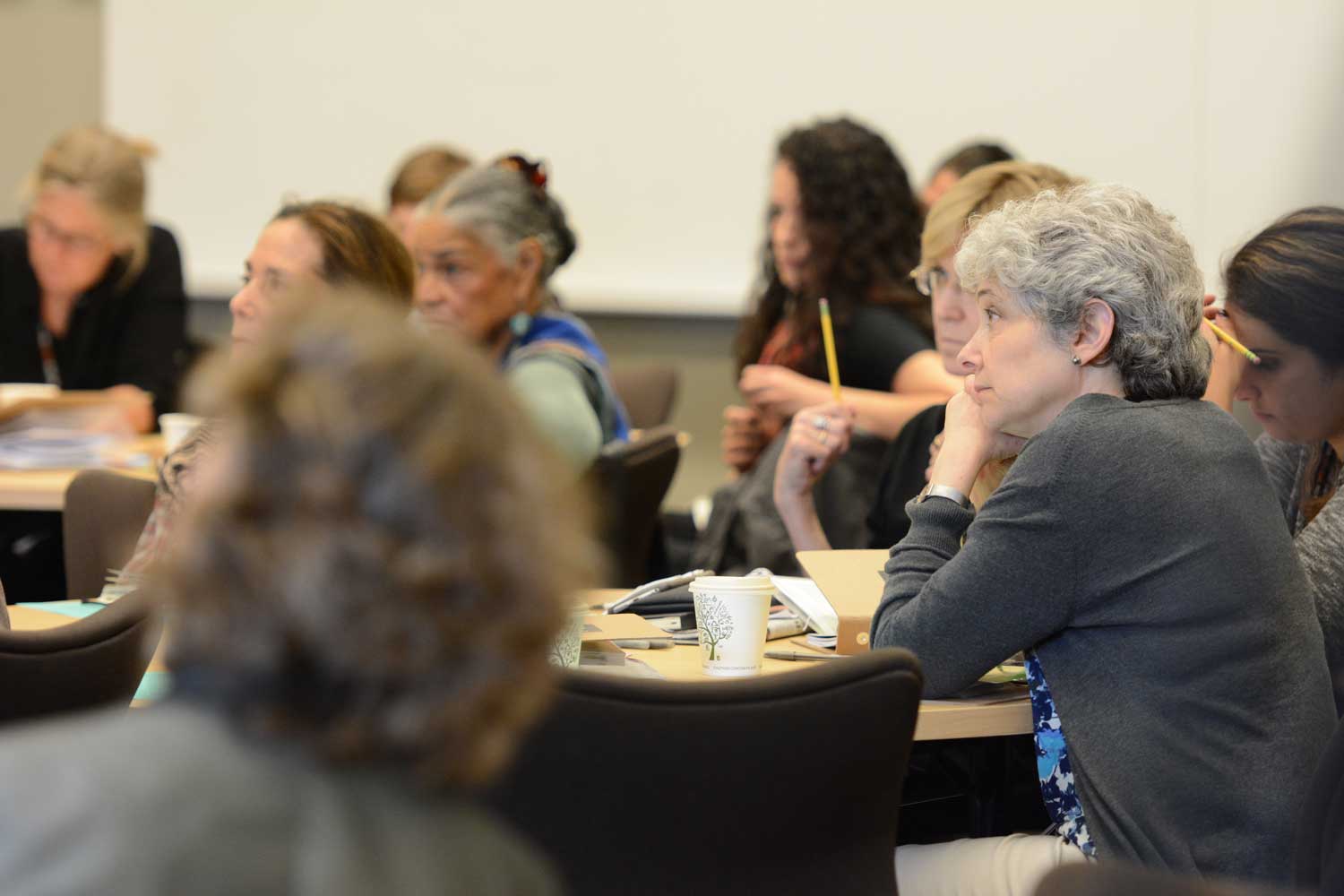
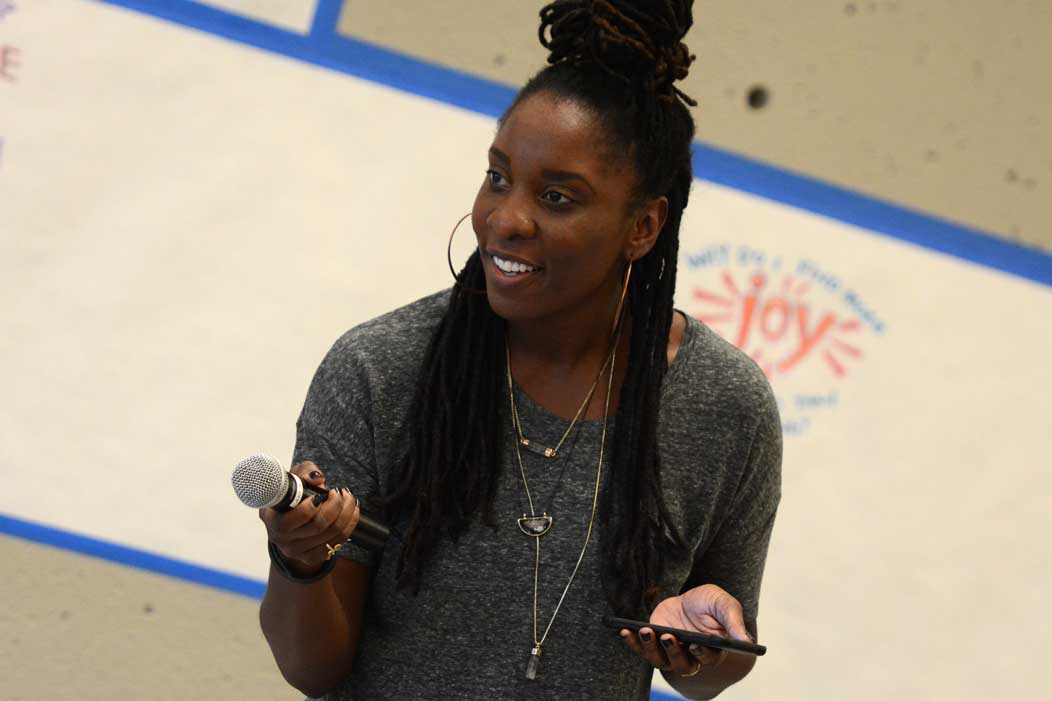
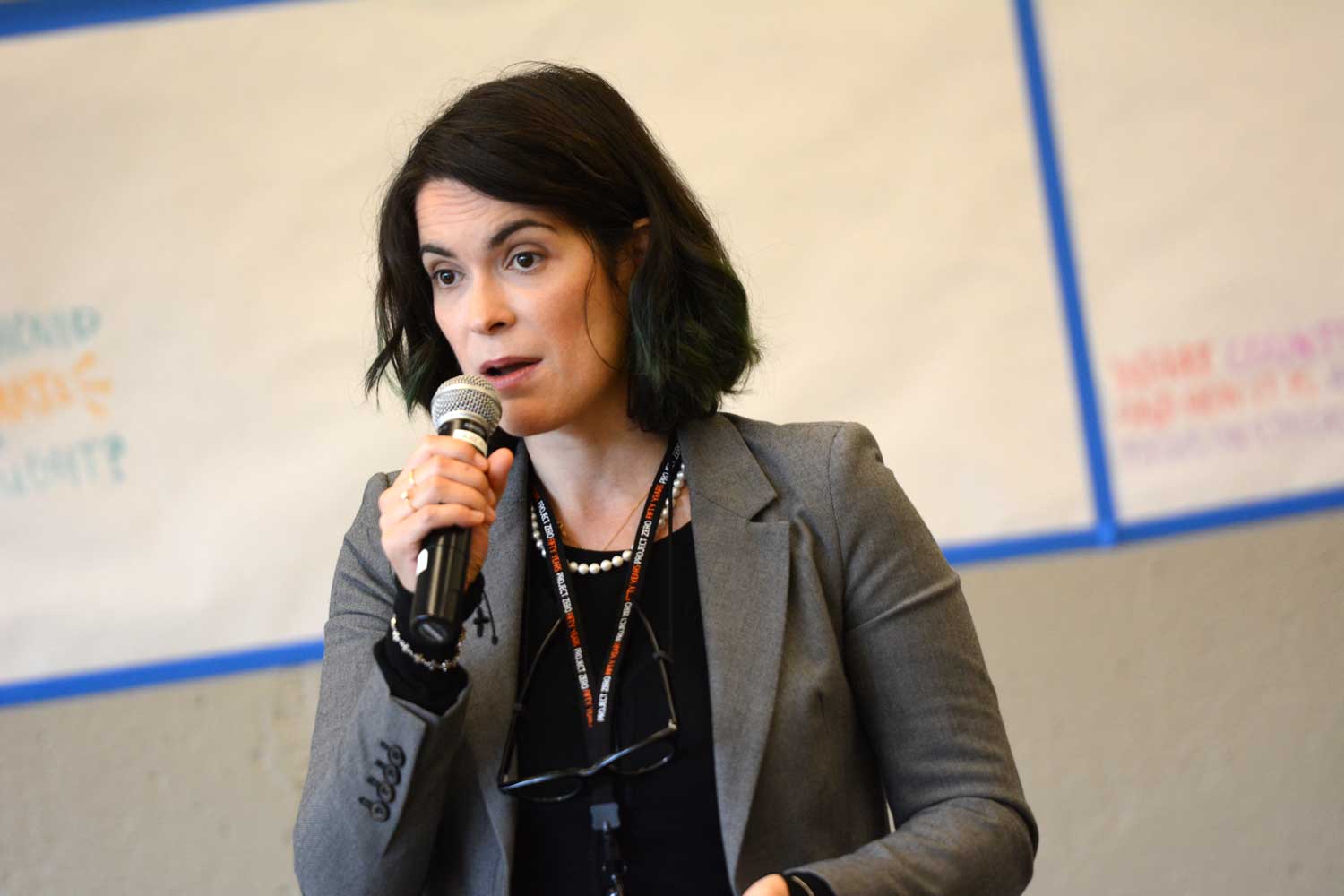
Assessment Reimagined
Assessment, evaluation, and documentation are essential to any teaching and learning process, and the way learning is documented and assessed directly influences what gets taught. Our re-imagination of assessment involves a number of “shifts” from traditional notions: assessment of process as well as product (when, what); teachers and students as protagonists in the assessment process (who); assessment driven by the most important goals we hold for students, whether numbers capture them or not (why); and assessment as a collective and relationship-building process (how, where).
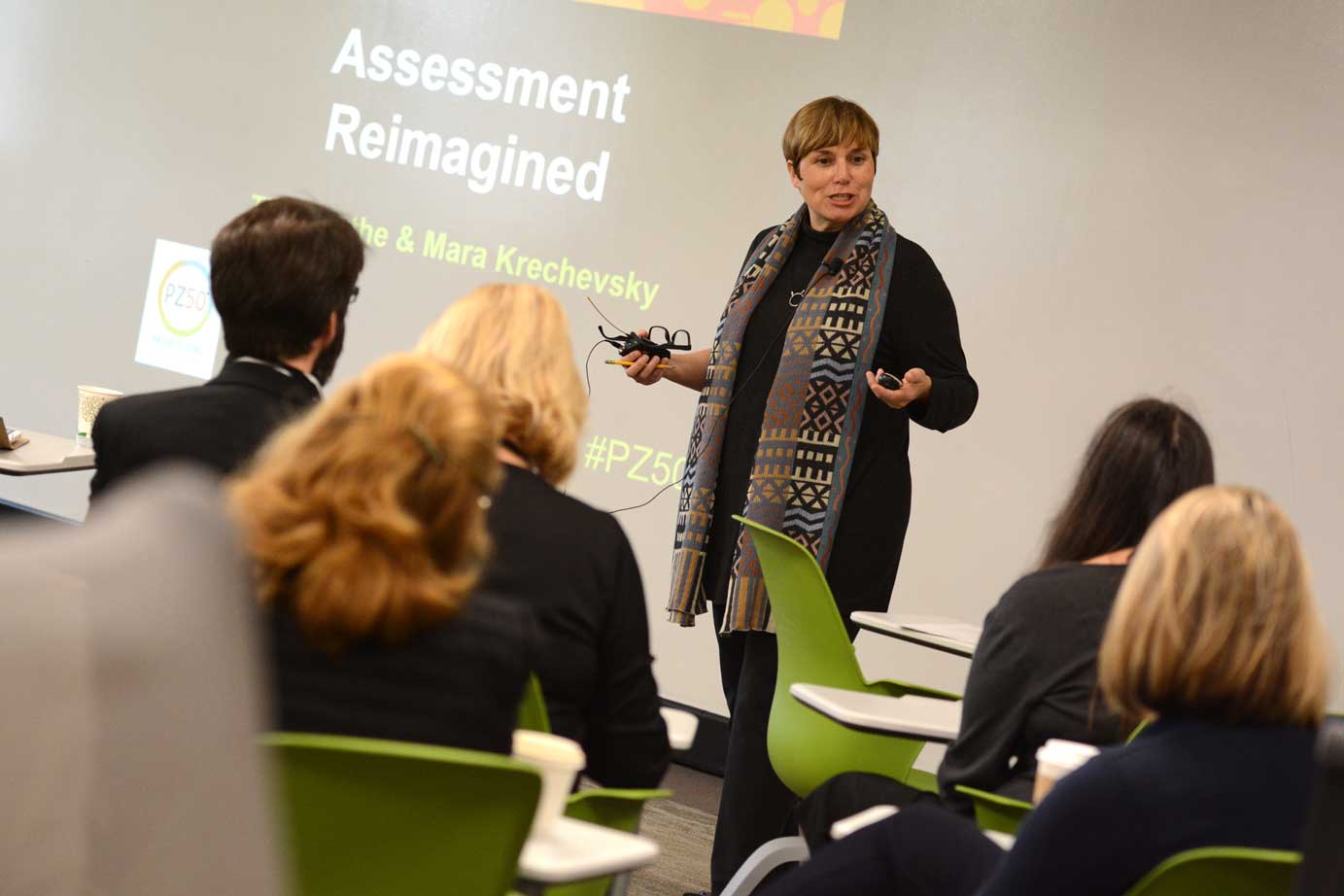
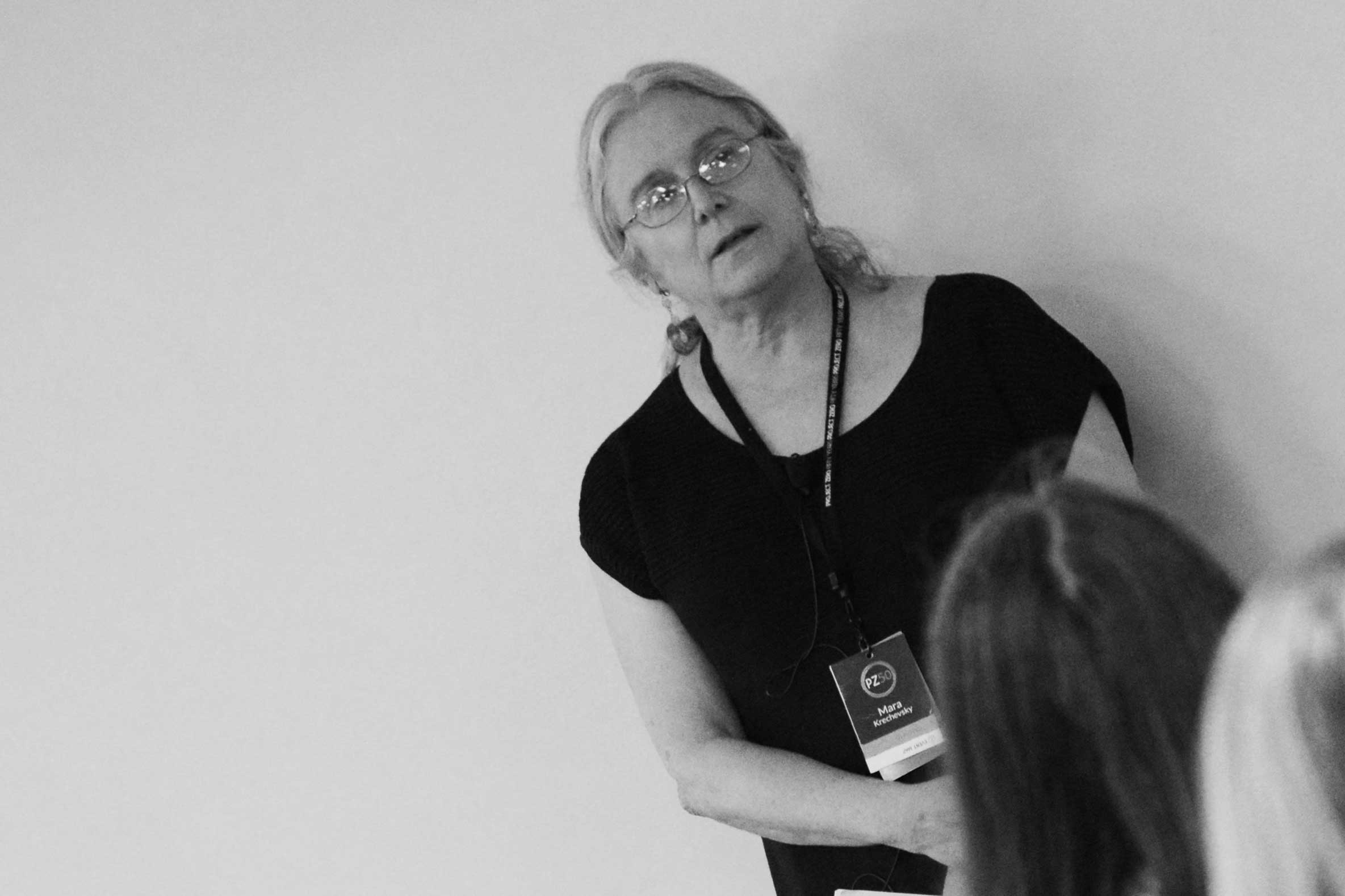
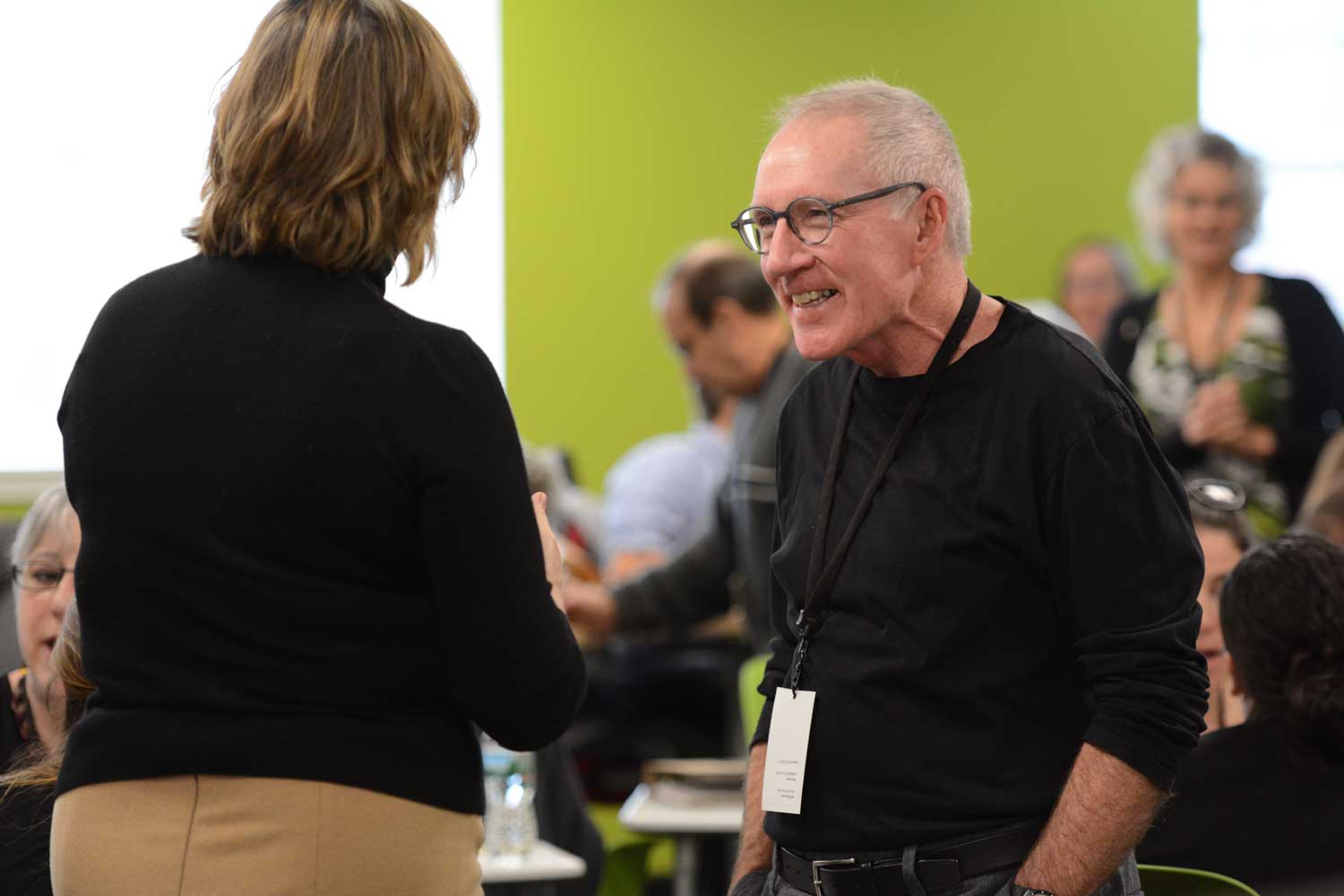
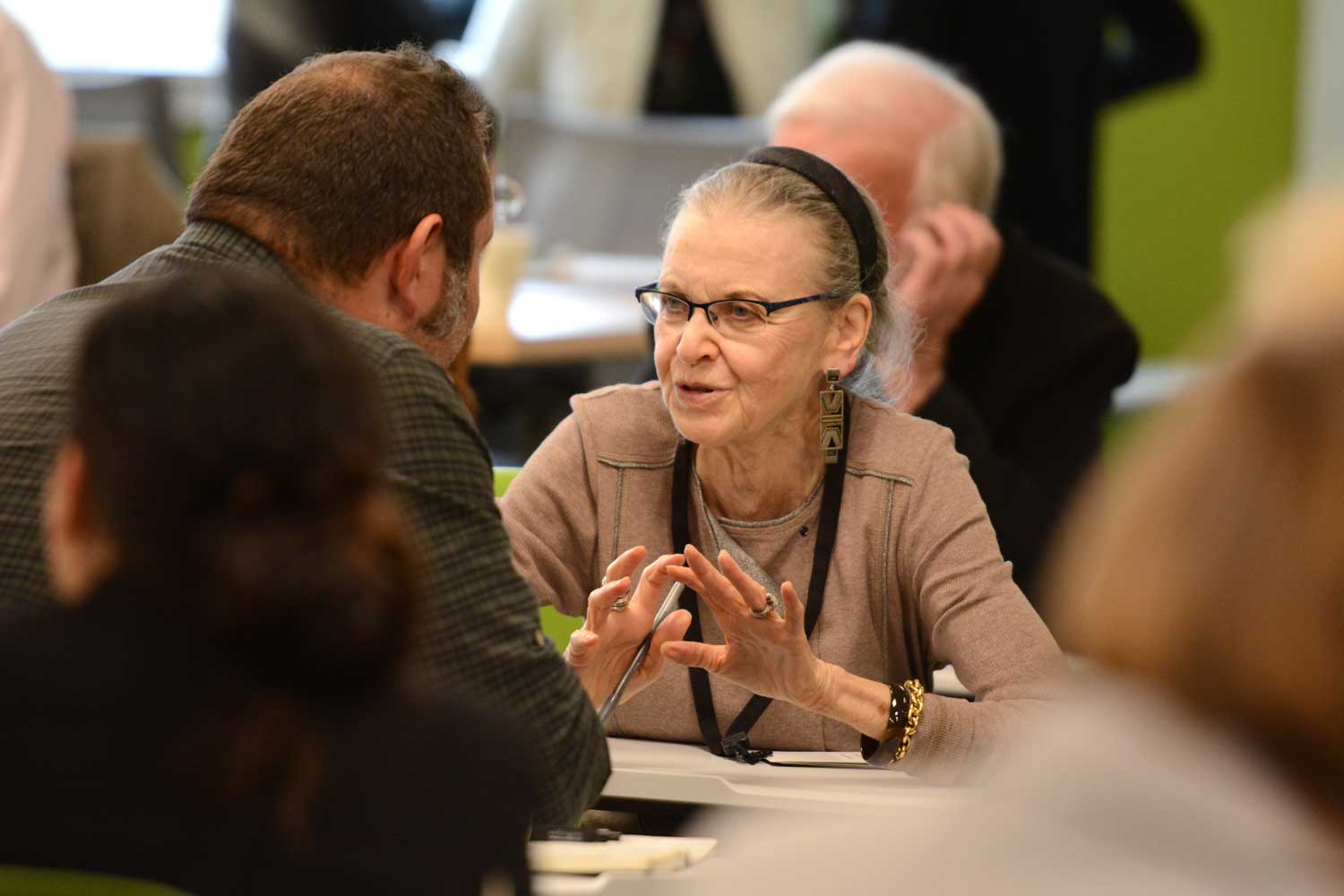
Quest for Understanding
Project Zero’s research proposes a performance-based conception of “understanding,” i.e. understanding is the capability to perform flexibly with knowledge in novel situations. It goes beyond having the correct mental models, and is actionable and generative in further learning and in real life. Understanding includes the capacity for transfer, as well as the ability to restructure concepts rather than just add information. It is an agentive process, an on-going quest carried by the learner.
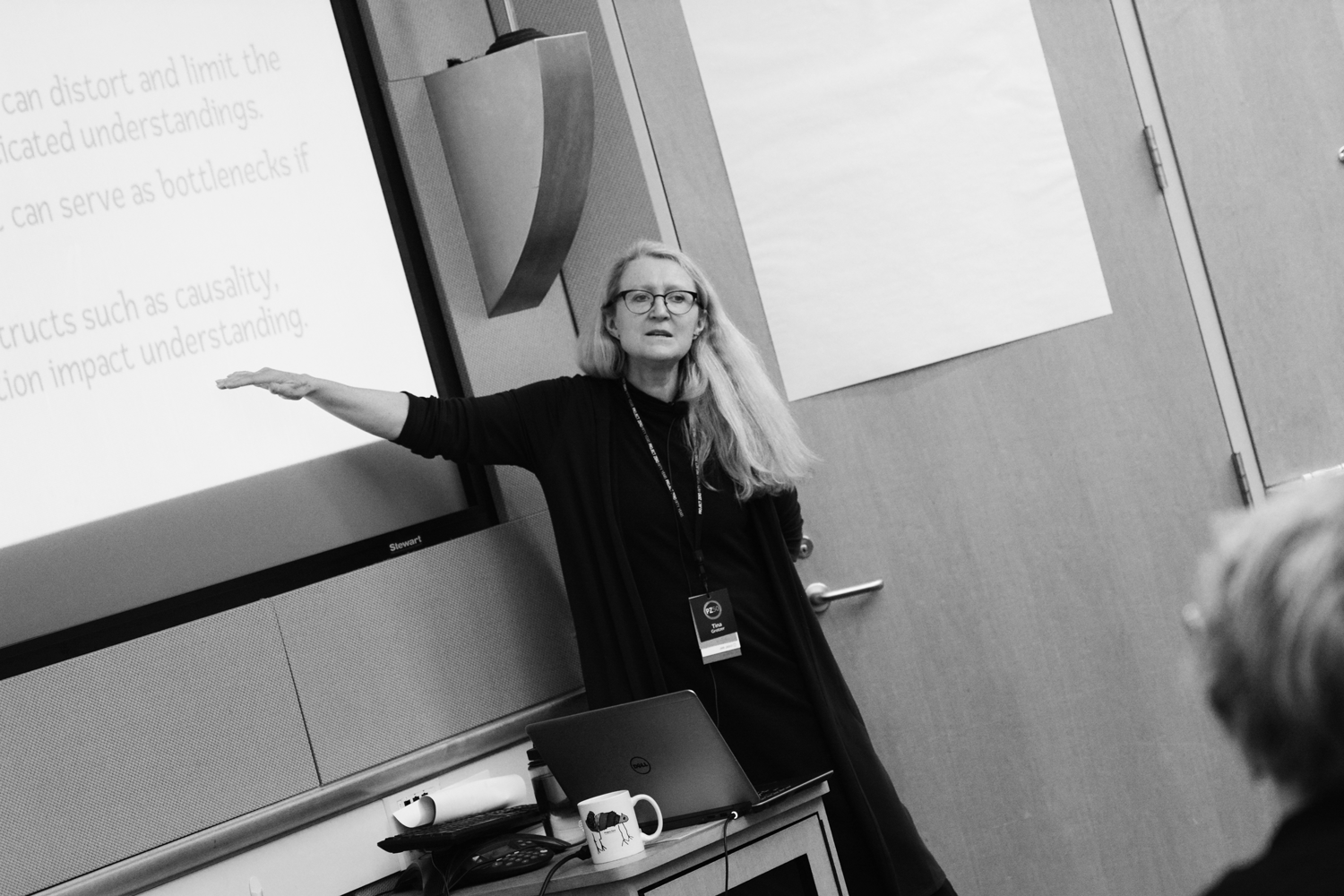
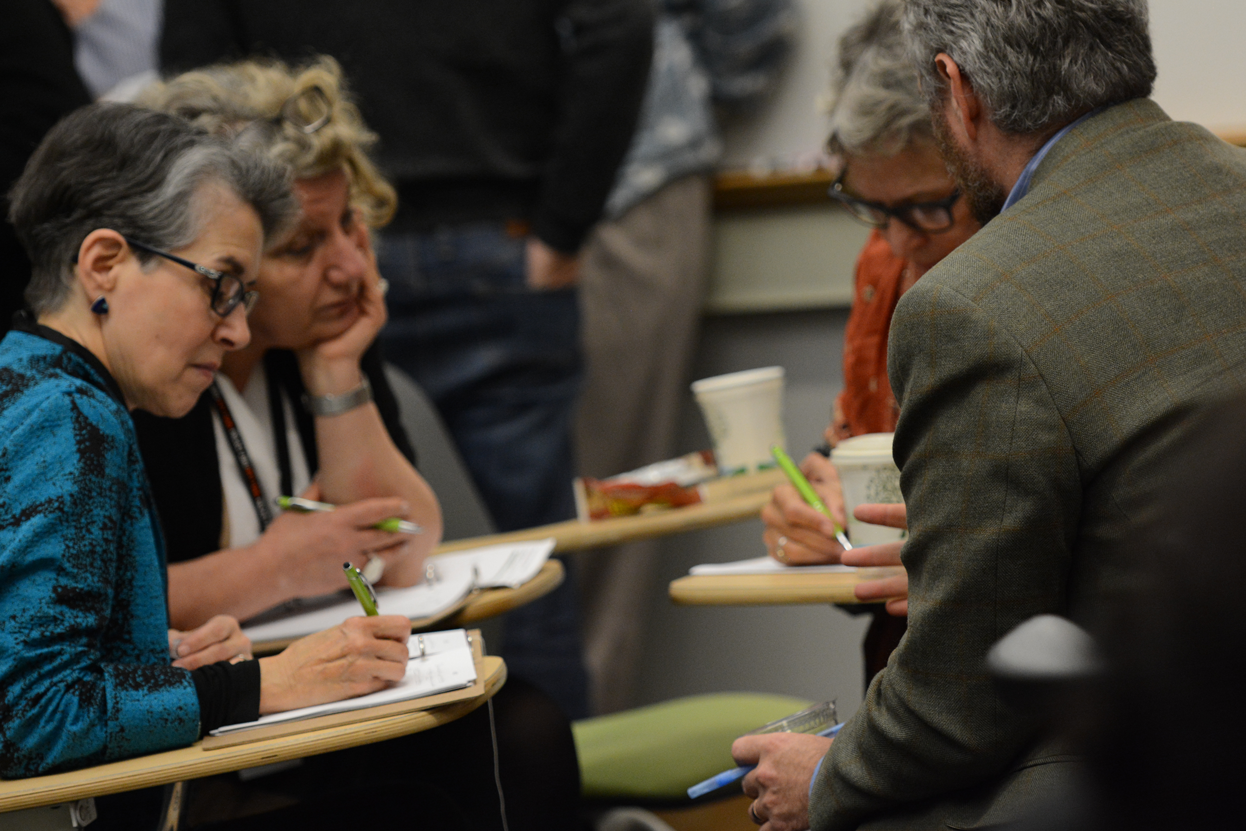
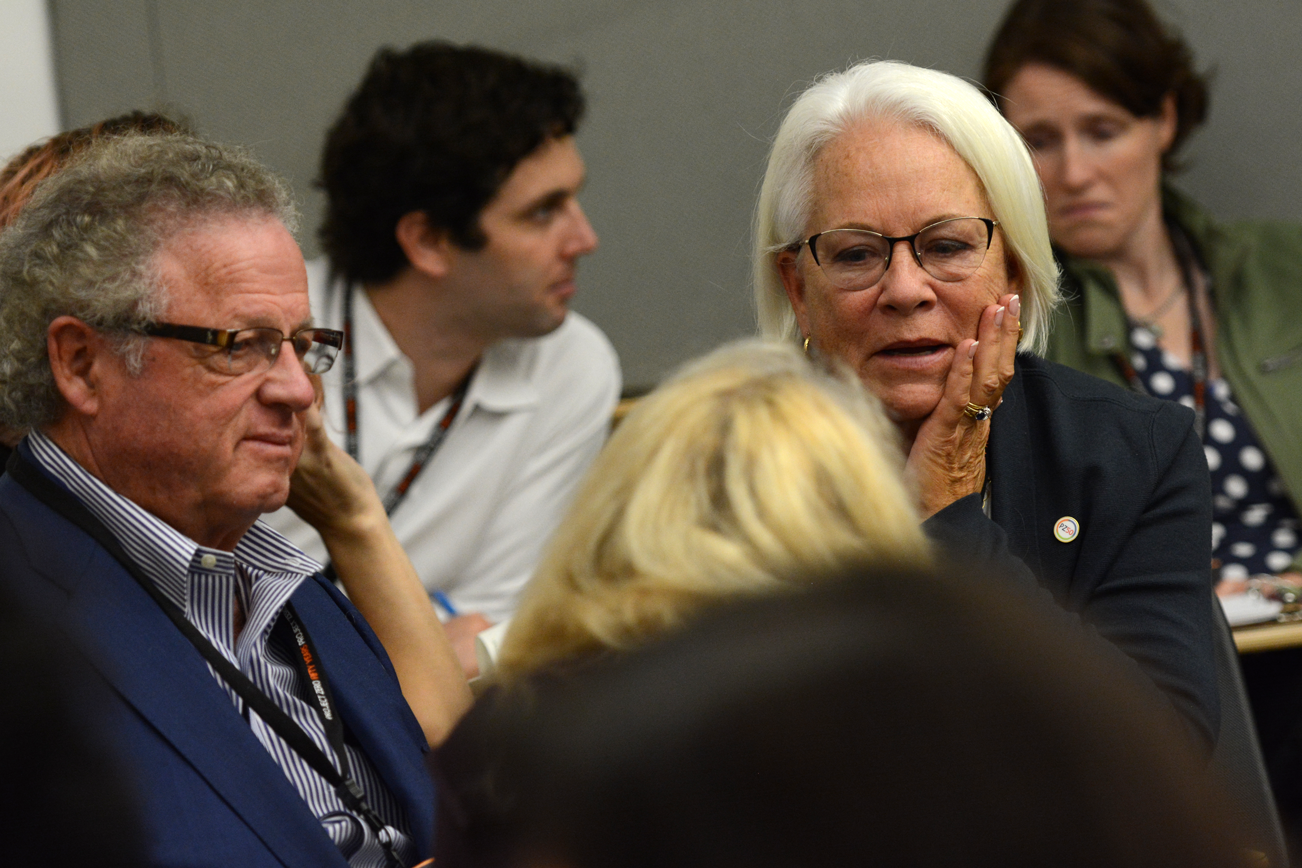
Interrogating Character
The development of good character has been a fundamental interest at Project Zero for decades. We’ve examined the issue of character, from its development in childhood to its realization at the workplace and in the broader community. In this session, we review key lines of research and also address the fundamental question: Is character better thought of as part of one’s identity or as a set of roles that one assumes, online and offline, throughout life?
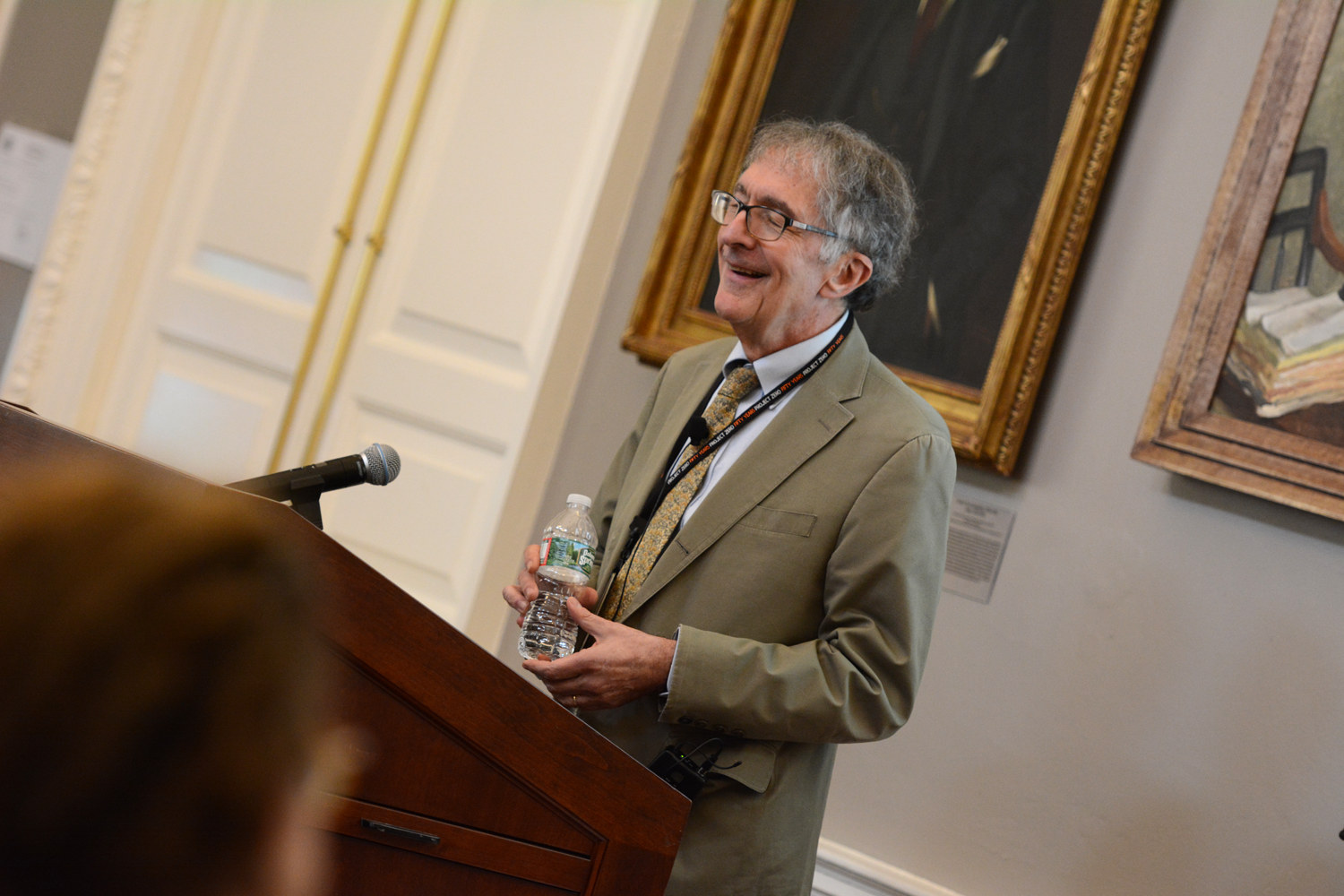
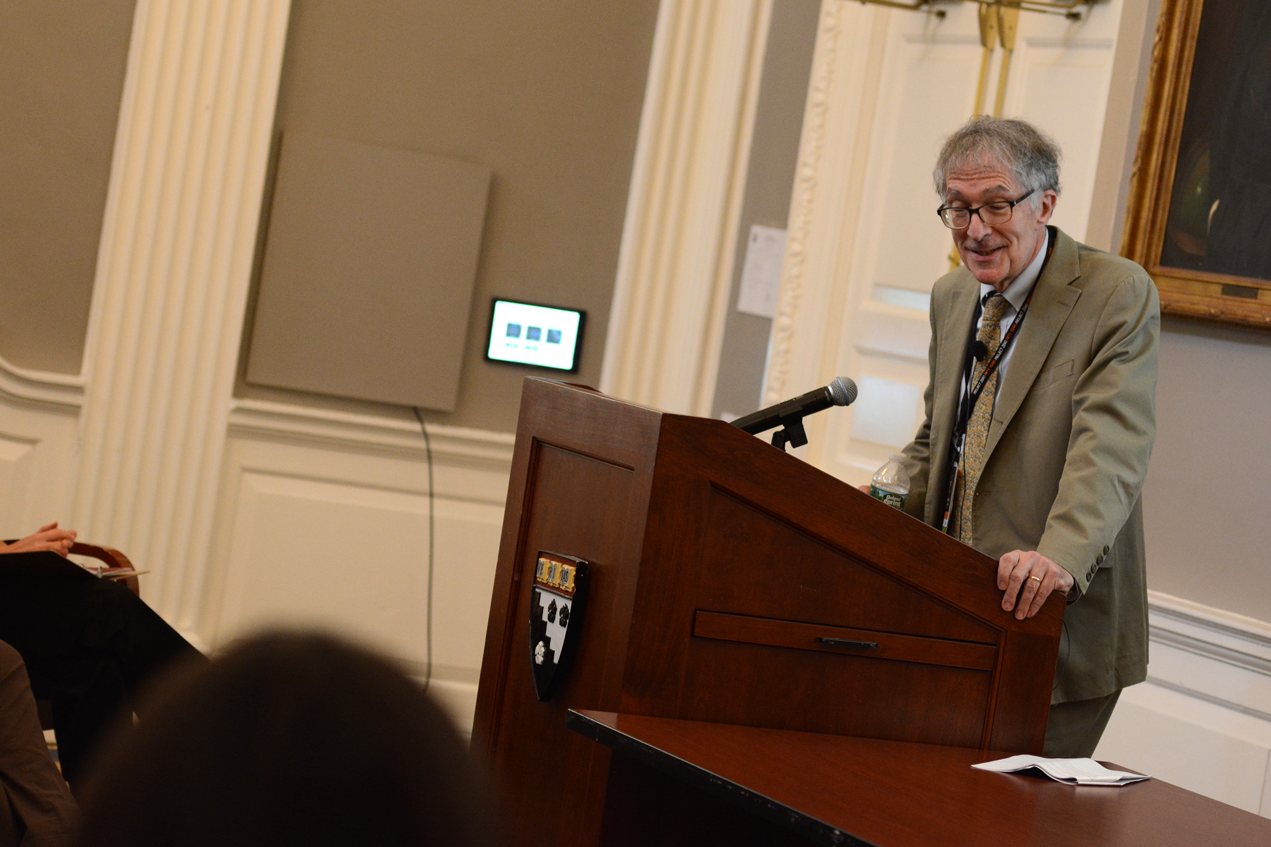
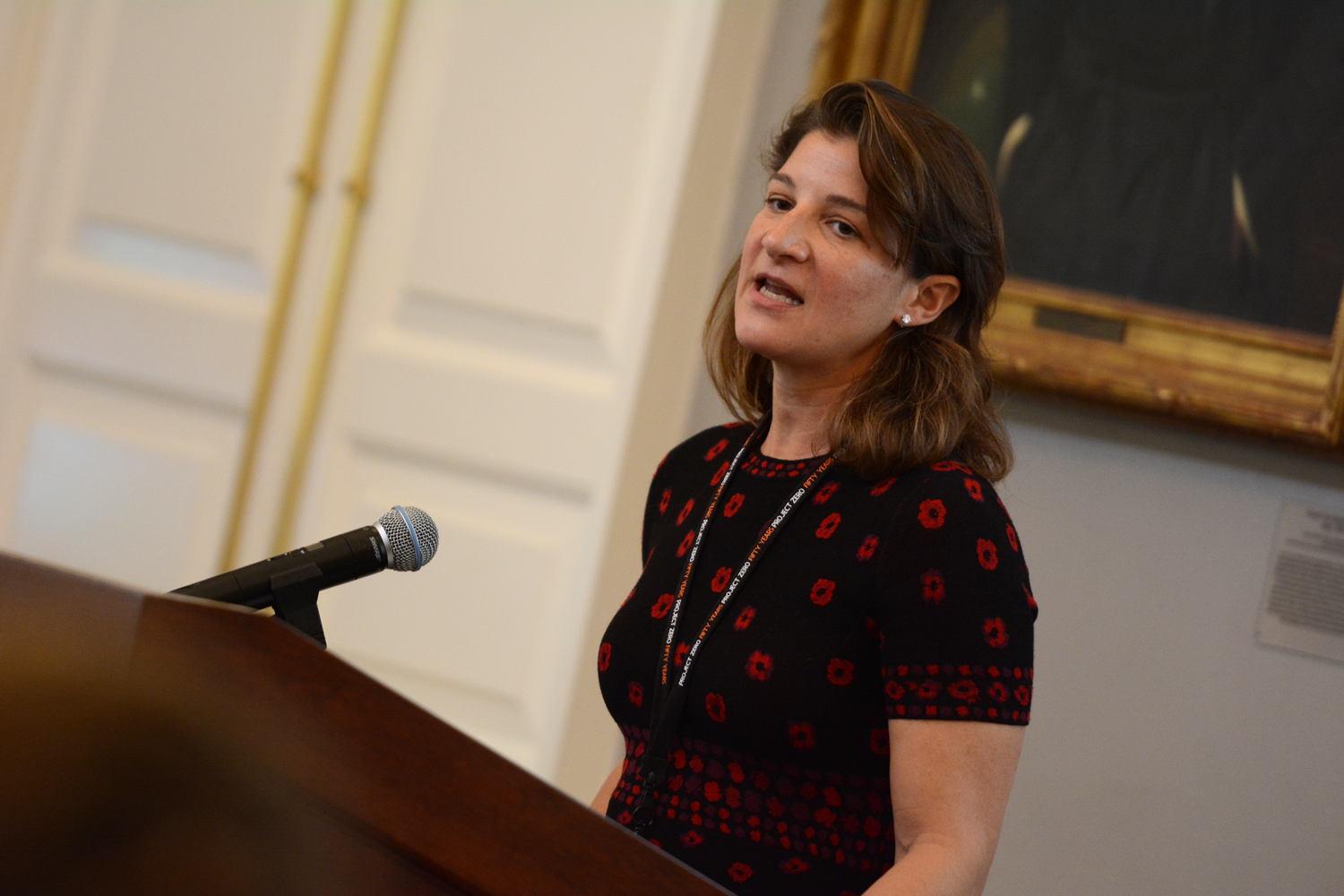
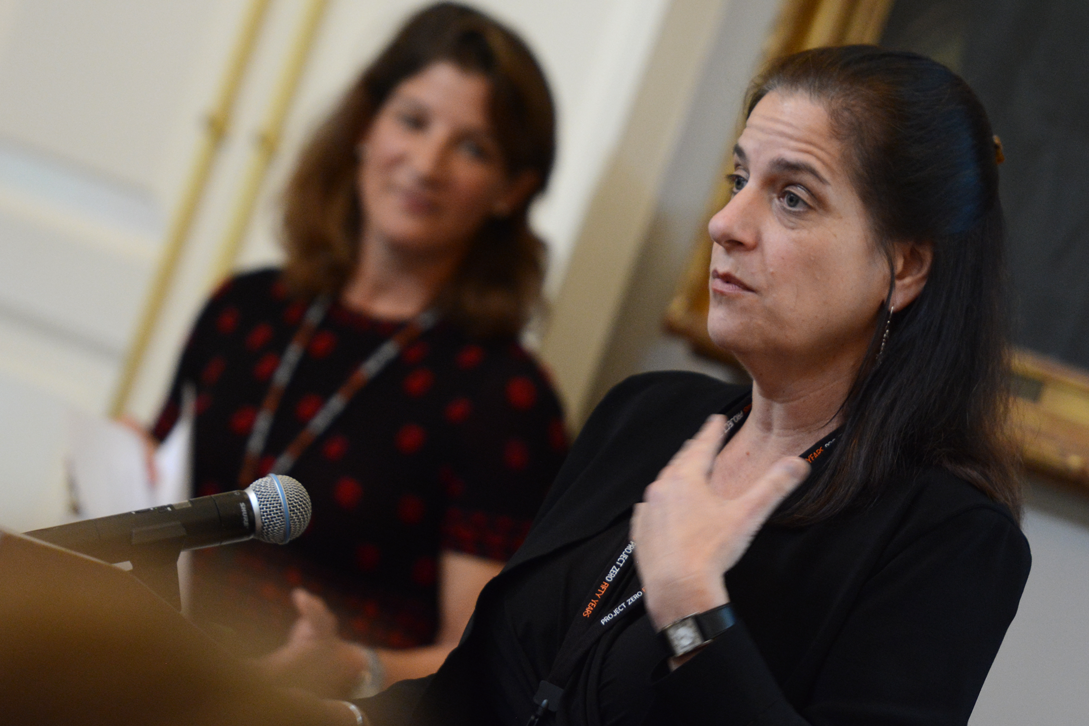
Educating for Civic Agency
Project Zero’s research considers civic agency as a multifaceted capability, a set of skills and dispositions to support one to participate in today’s interconnected world. When we support learners to be effective and reflective agents of positive social change, we expand their notions of the who, what, and where of civic engagement, and prepare them for deep engagement in their communities, and with critical problems facing our world, both offline and online.
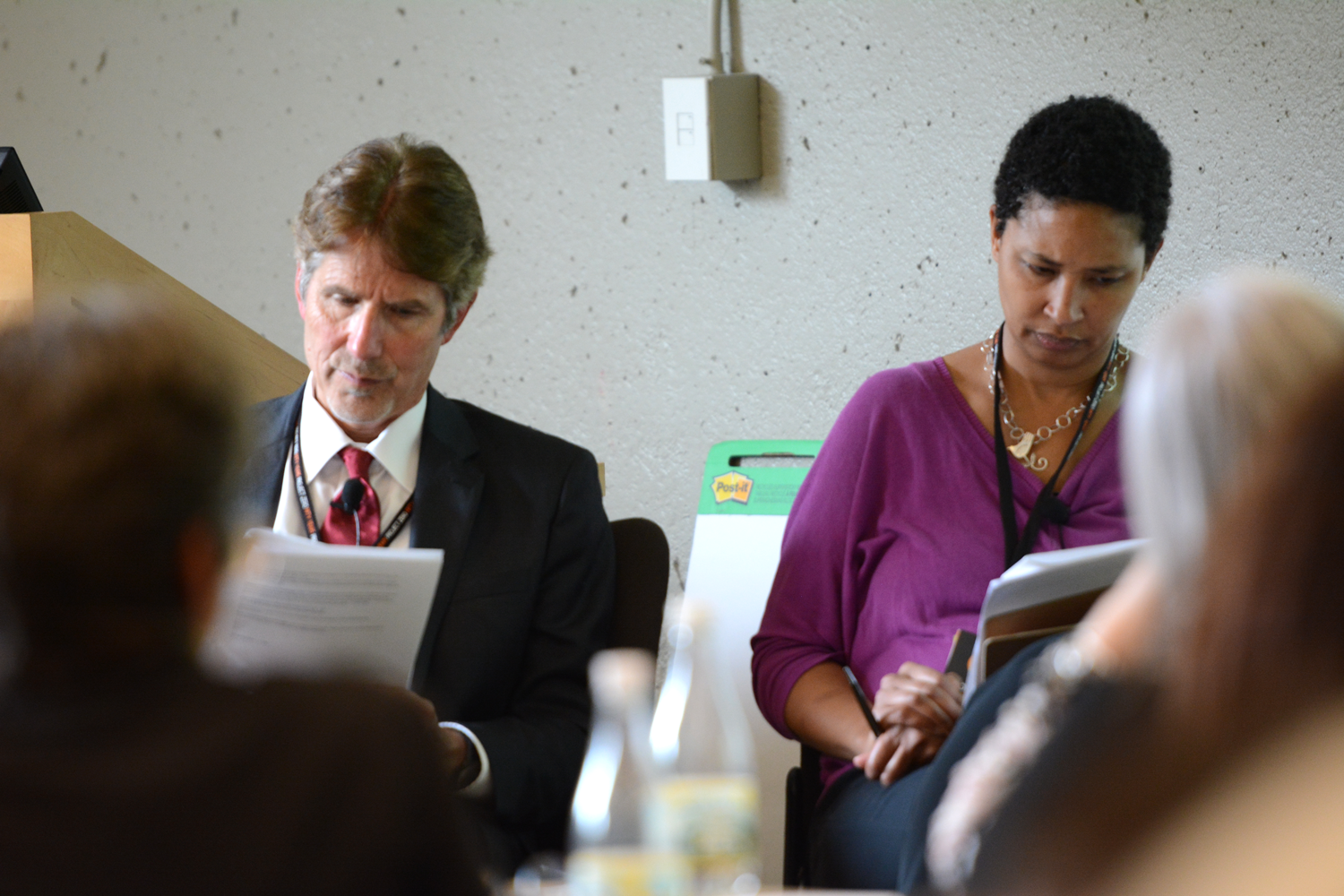
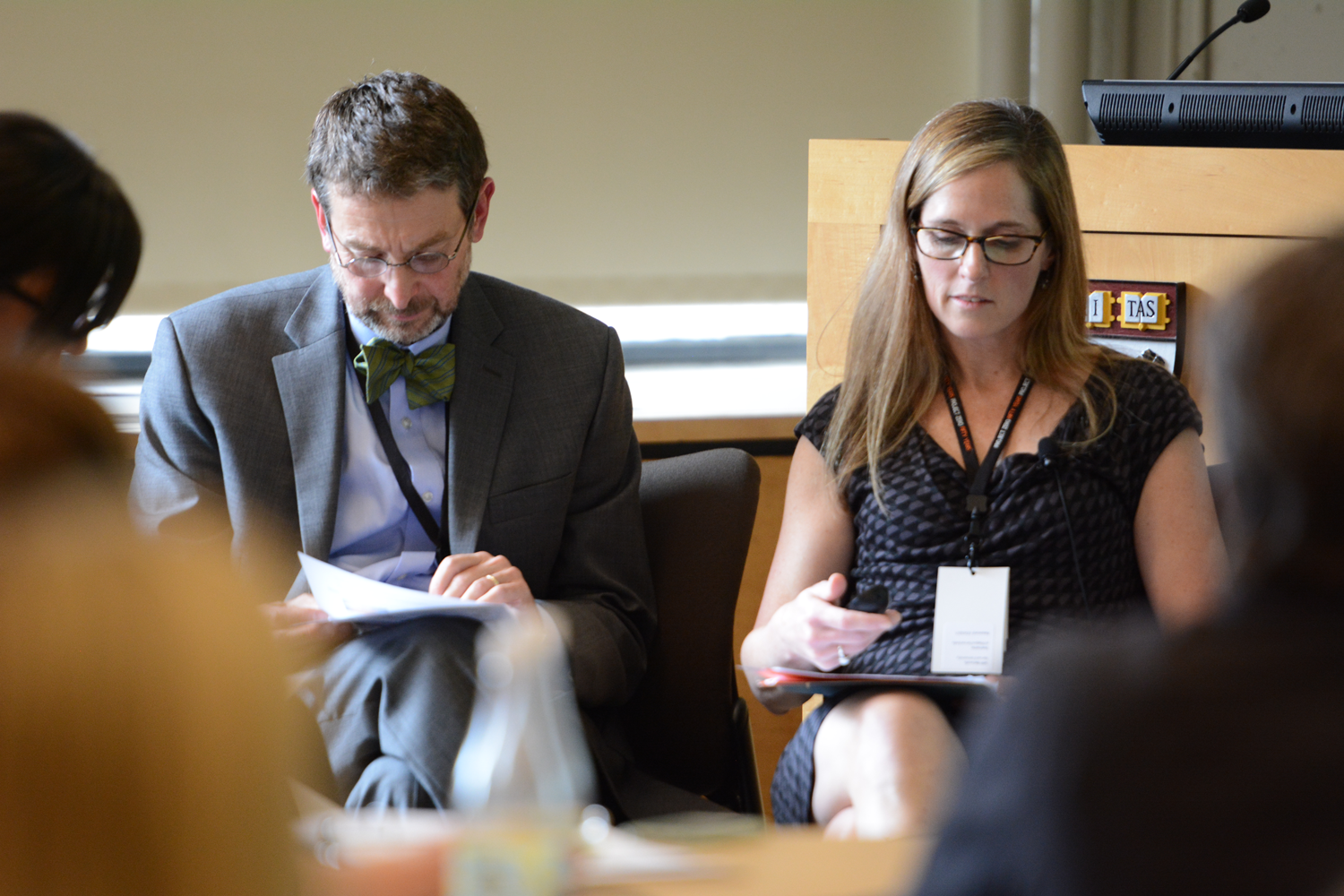
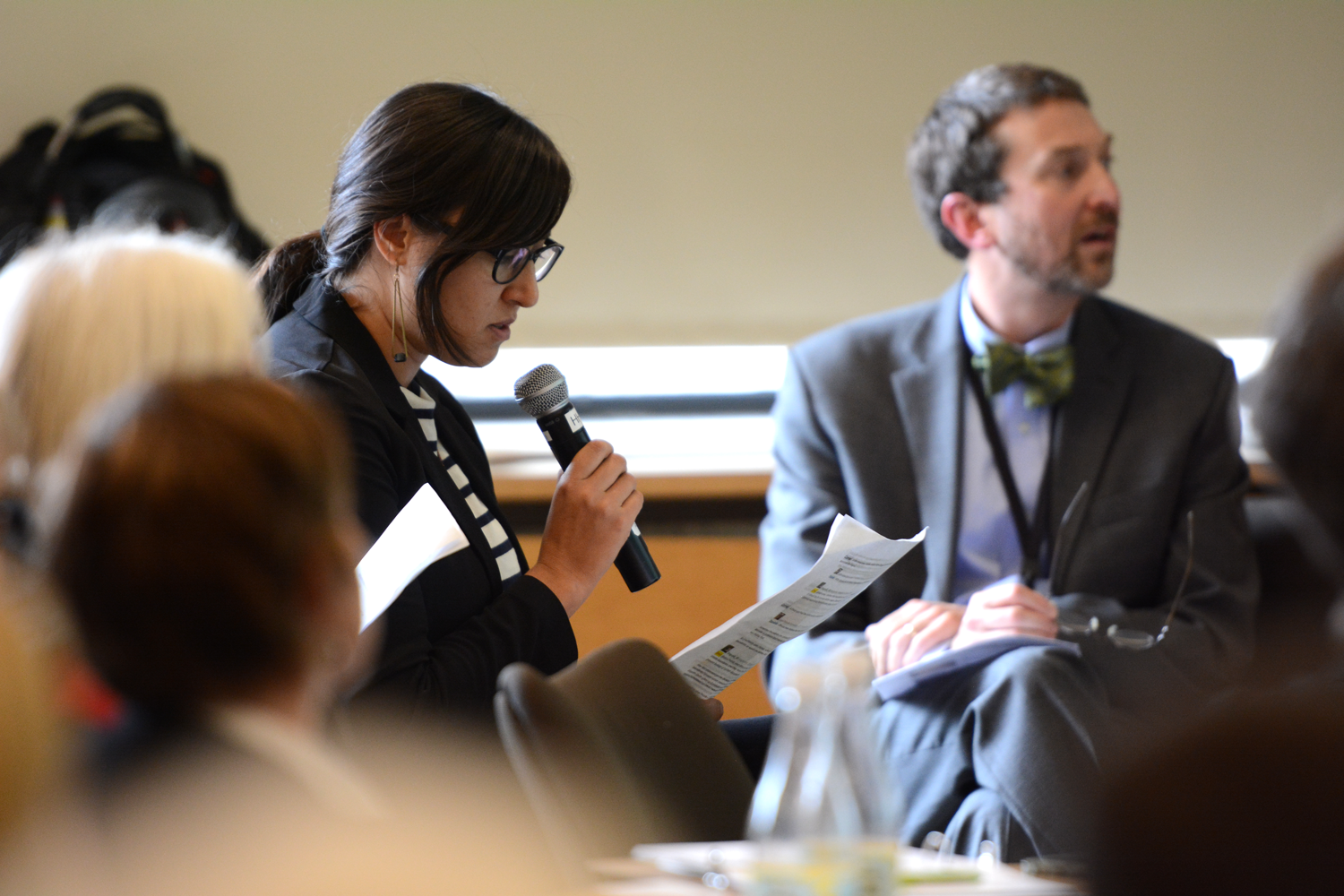
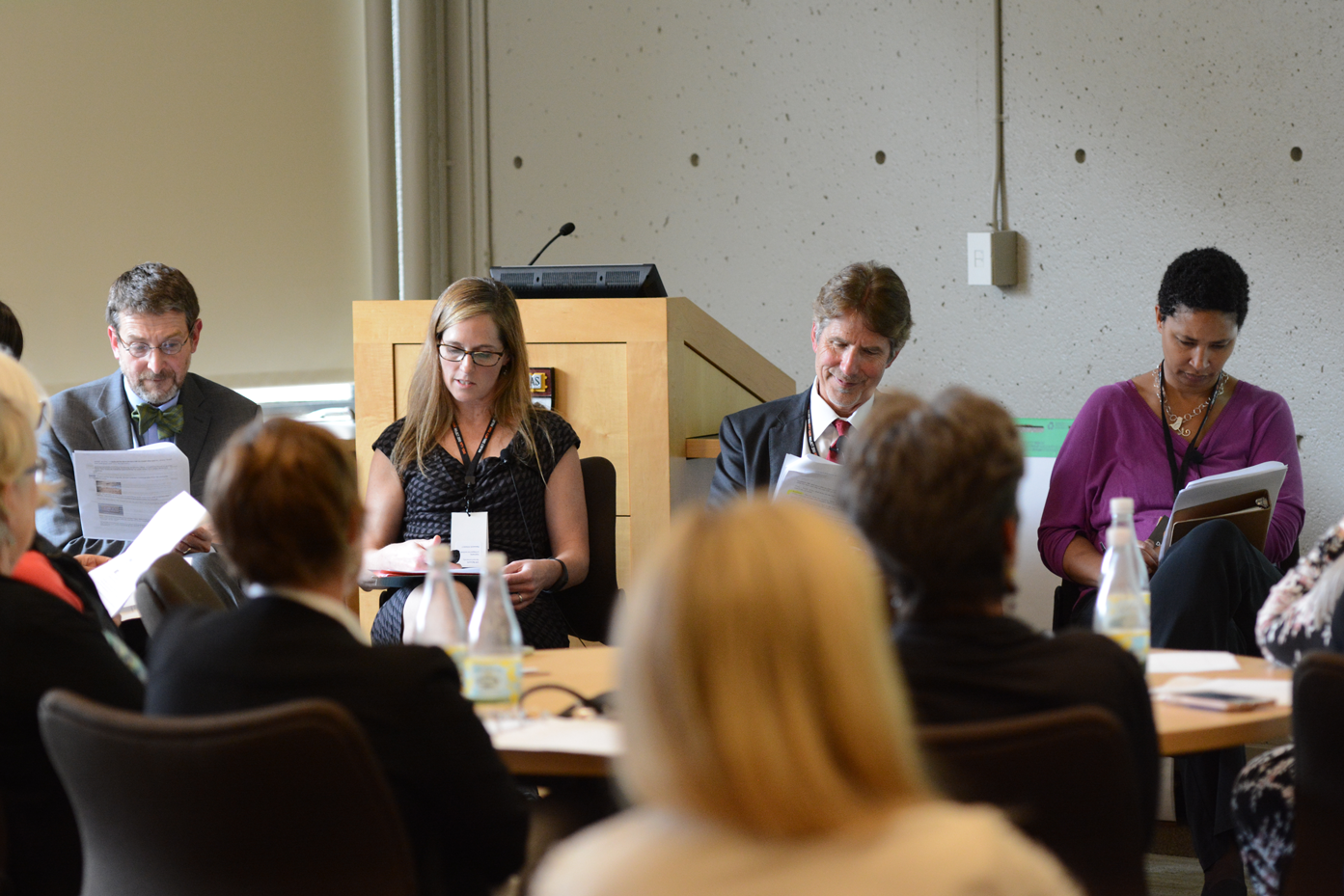
Three Waves of Creativity Research
Project Zero’s exploration of creativity can be described in three waves. The first wave identified creativity as an individual act of human invention, delving deeply into distinct portraits of creativity embodied by creative “giants”, as well as how breakthrough thinking and cognitive insight operate in the creative processes of artists. The second wave situated creativity within complex systems, exploring how knowledge and cognition are distributed across objects, individuals, artifacts, and tools in the environment. The current wave frames creativity as cultural participation, such as school cultures that value and support playful learning, or maker-centered movements that encourage learners to look closely, explore complexity, and find opportunity.
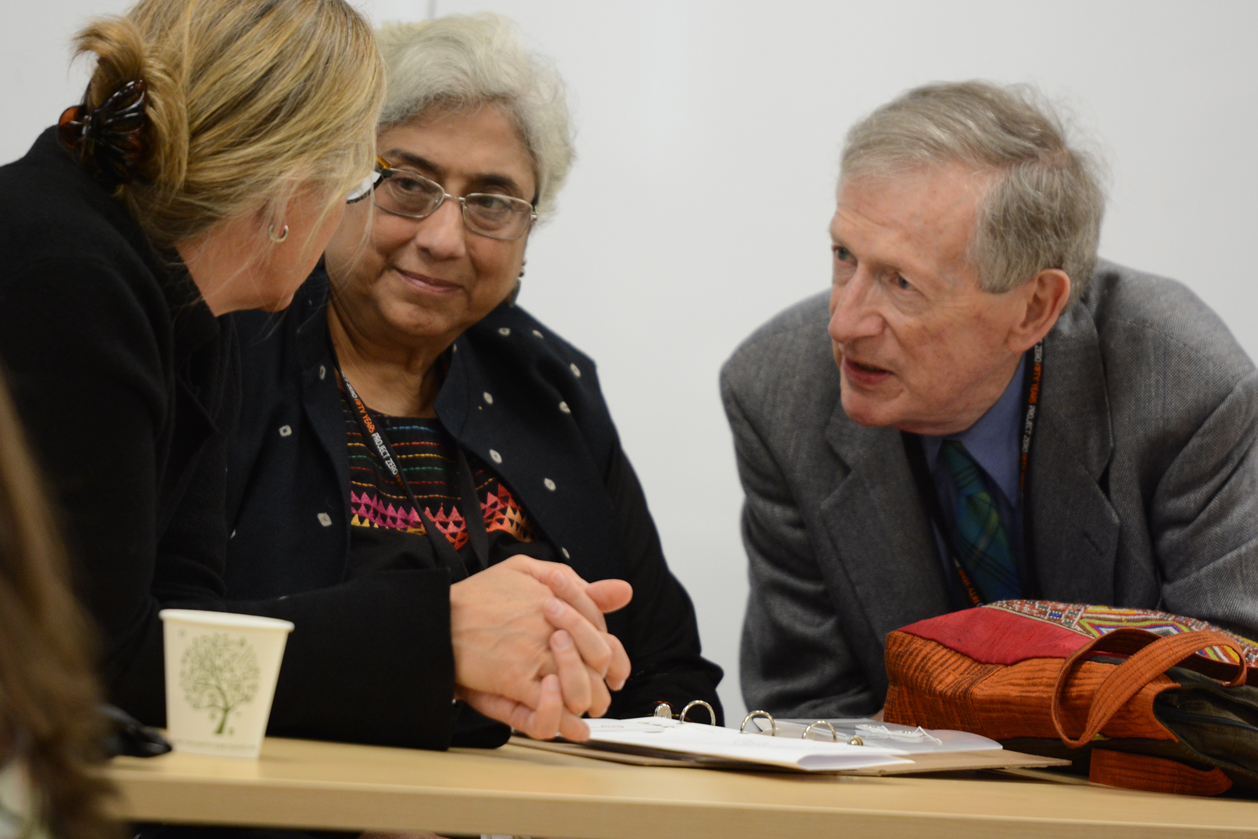
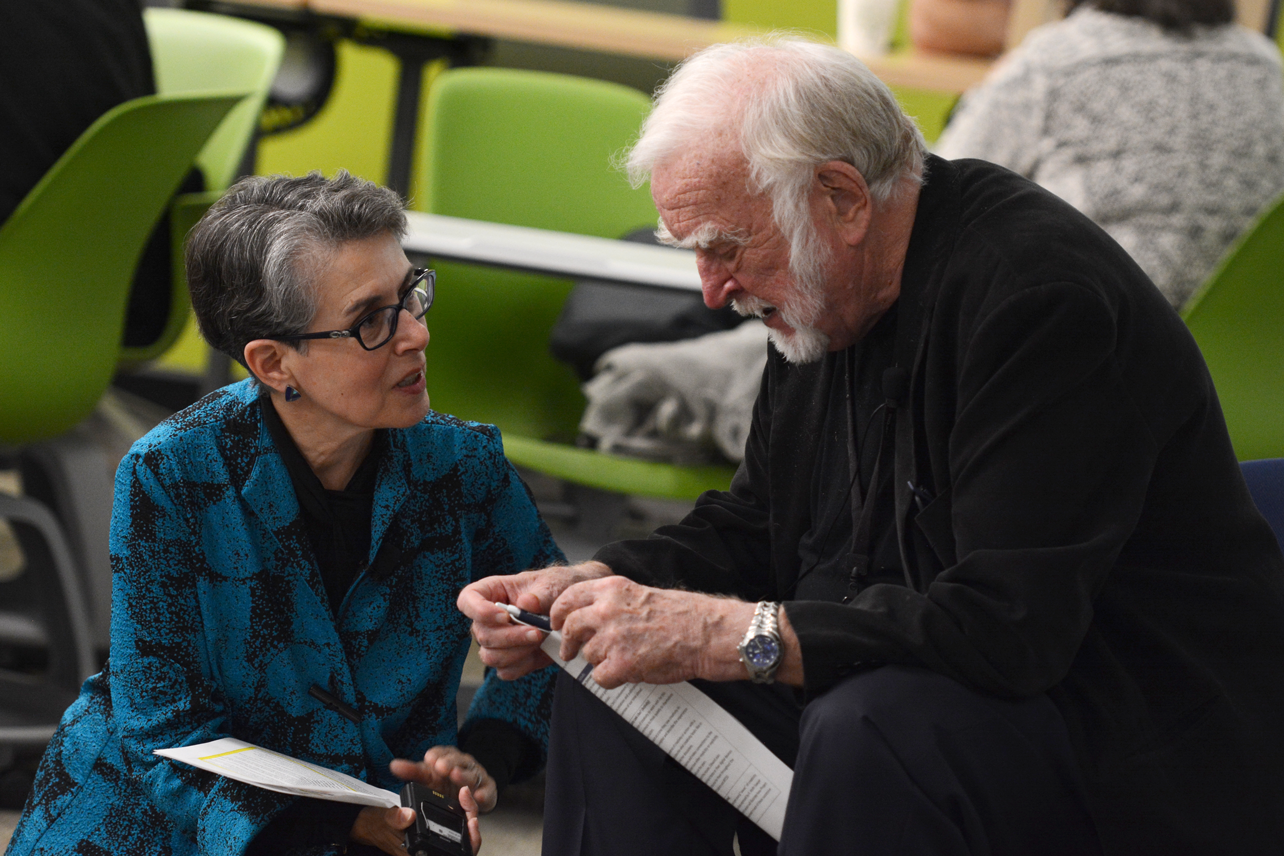
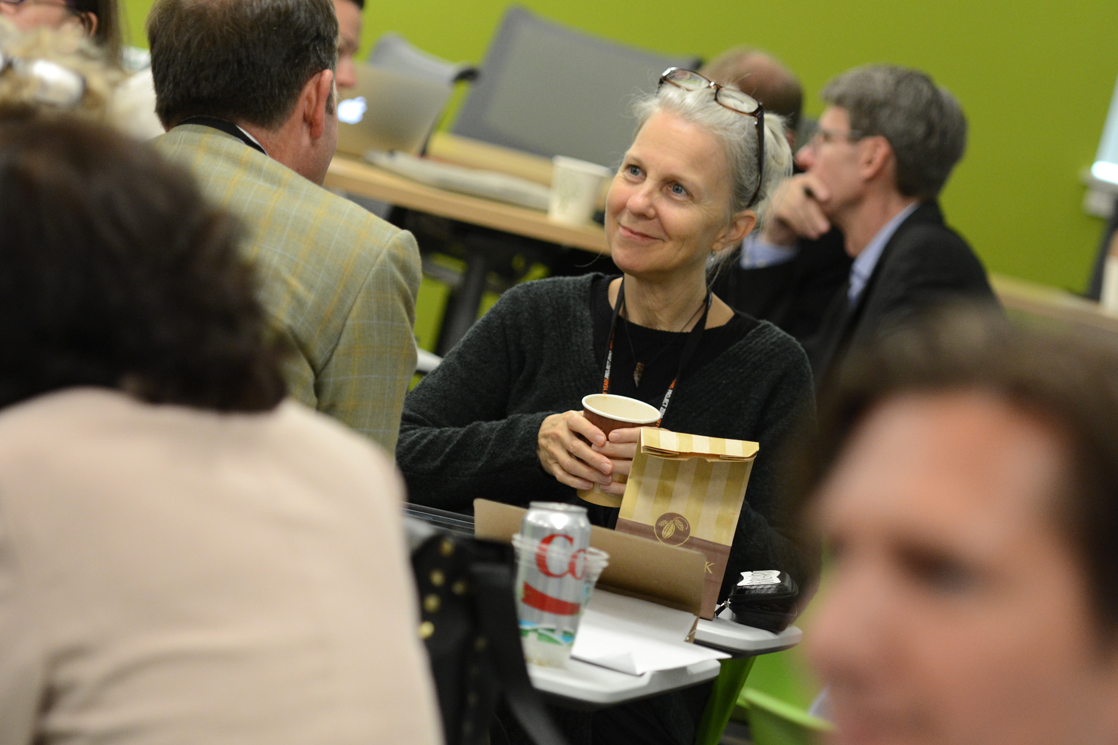
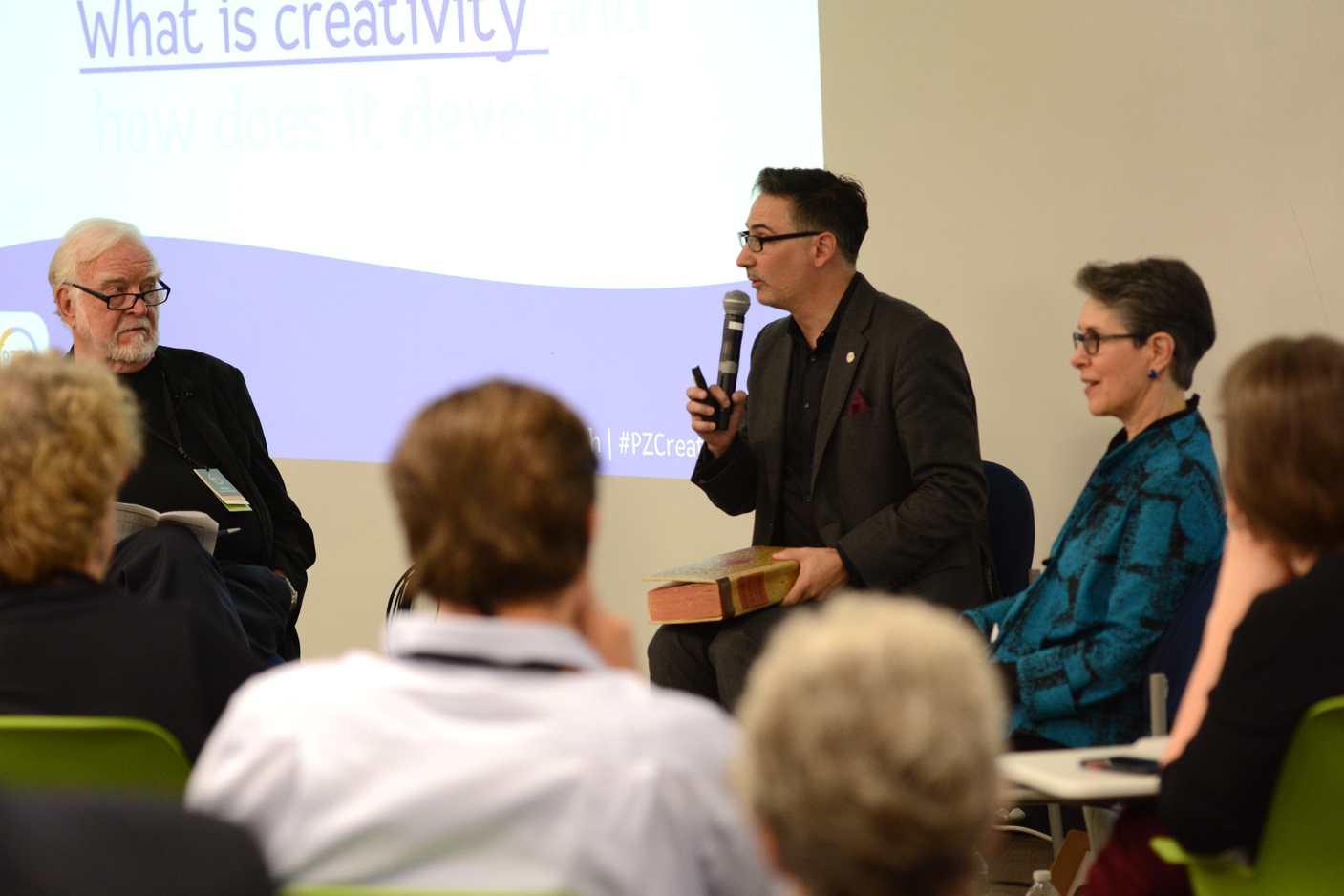
Better Thinking for a Complex World
We believe that good thinking is as much a matter of disposition as it is of skill. Motivations, attitudes, values and habits of mind all play key roles in good thinking, and in large part, these elements determine whether people use their thinking skills when it counts. Learning is a consequence of thinking, and developing a culture of thinking is critical if we want to produce the feelings, energy, and even joy that can propel learning forward and motivate learners to do what at times can be hard and challenging mental work.
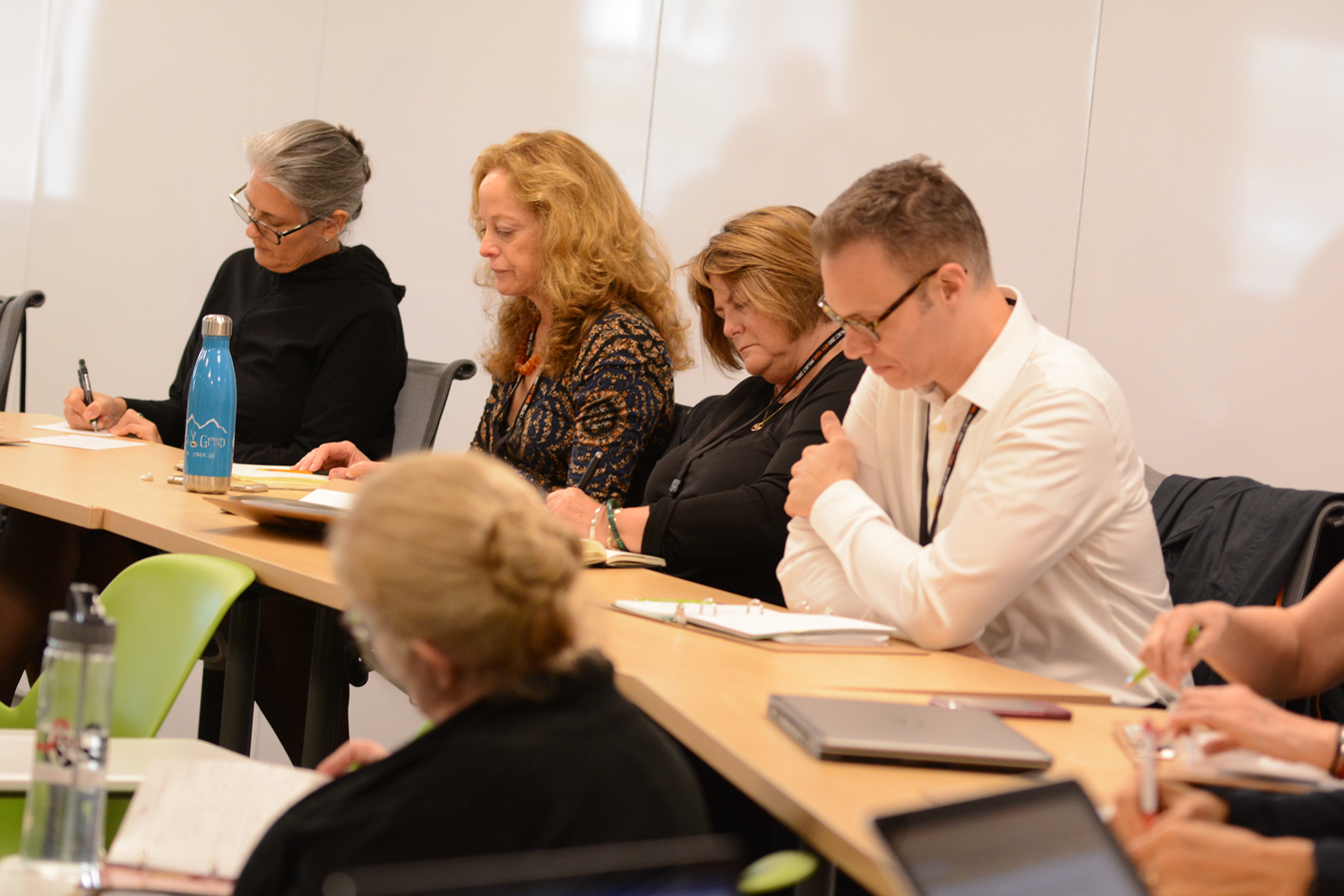
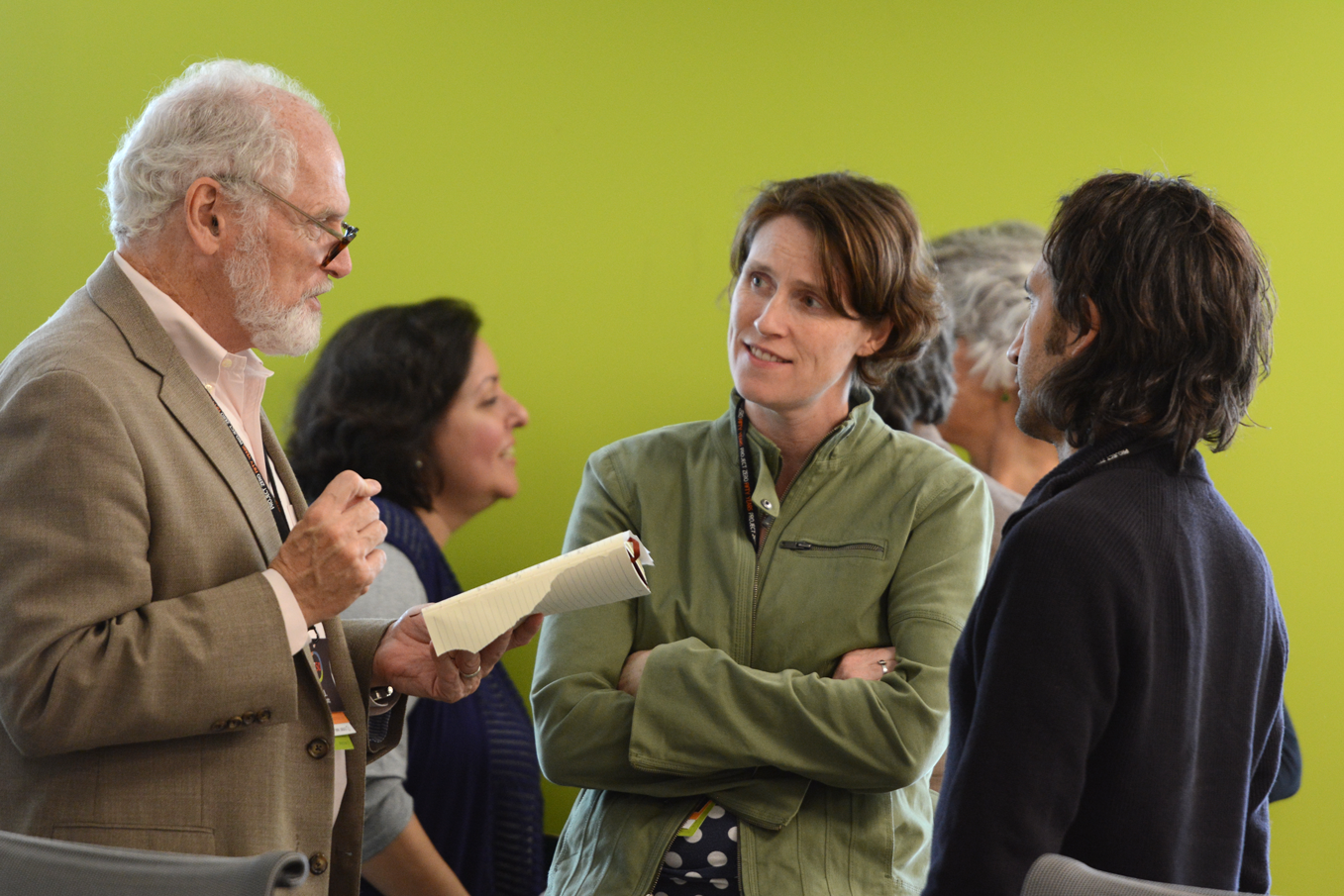
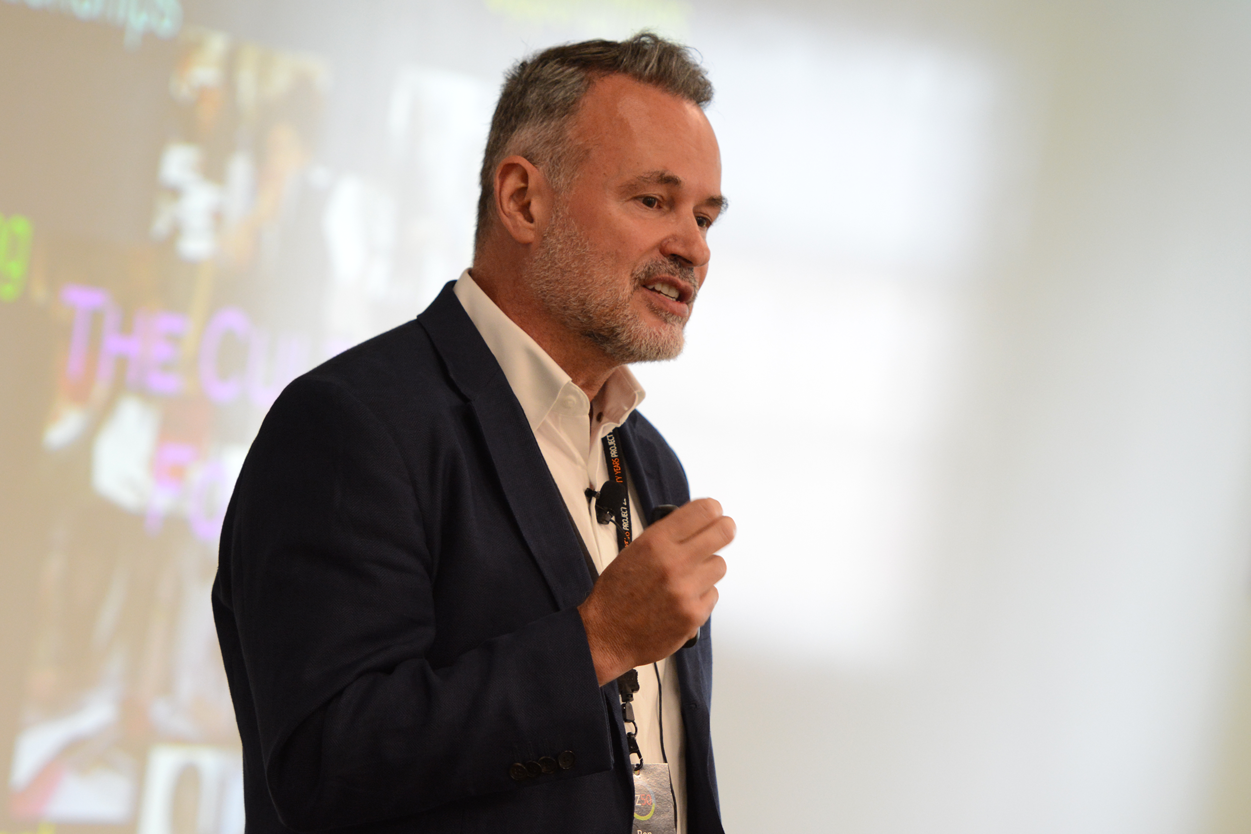
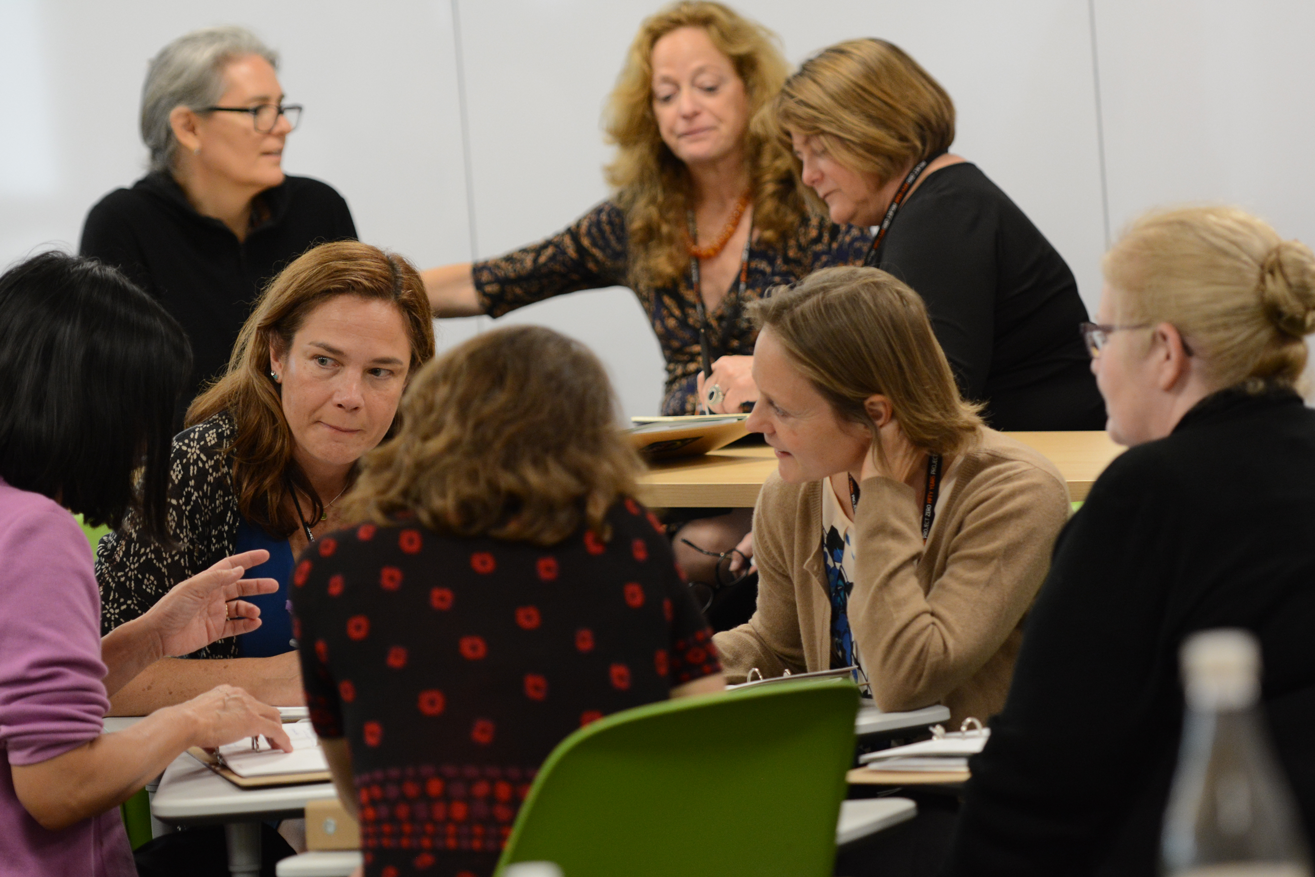
Educating with the World in Mind
Every generation confronts the challenge of discerning what capacities and dispositions are the most important to nurture among its young people at a given moment in time. Today, given profound economic, digital, demographic, and environmental forces at work, promoting cultural and global understanding is clearly a priority at Project Zero. We see global thinking as the capacity to understand ourselves as well as people living in contexts different to our own; to make sense of the global issues of our times and take action toward societal wellbeing and sustainability; and to do so effectively and ethically in today’s digital landscapes.
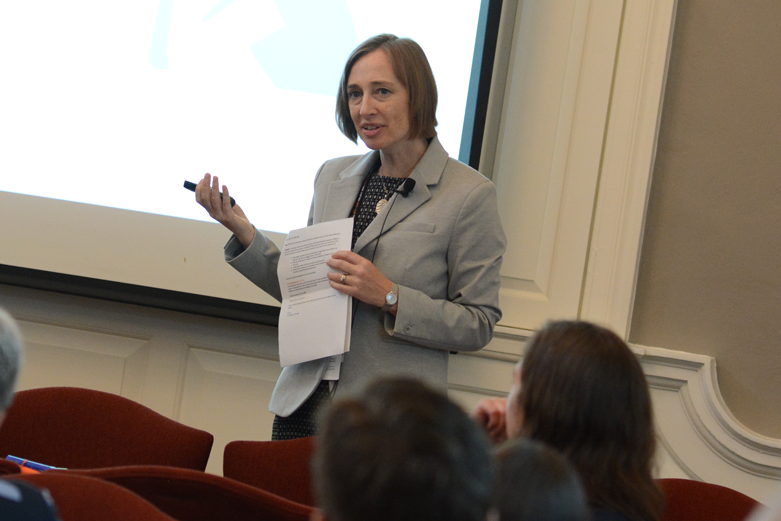

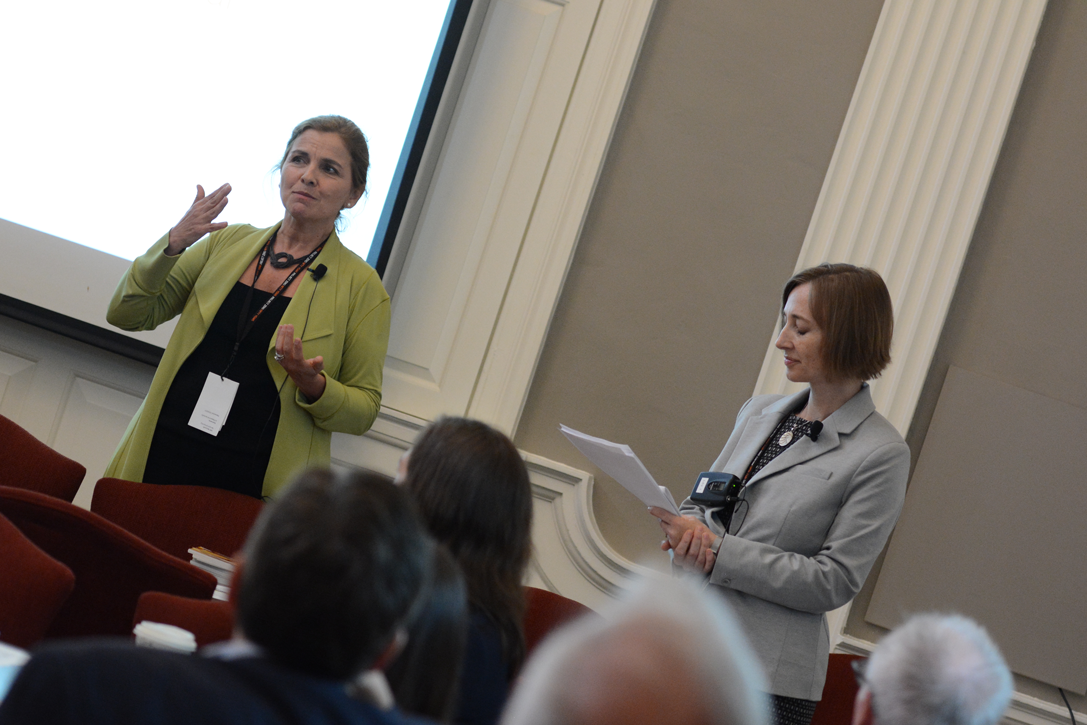



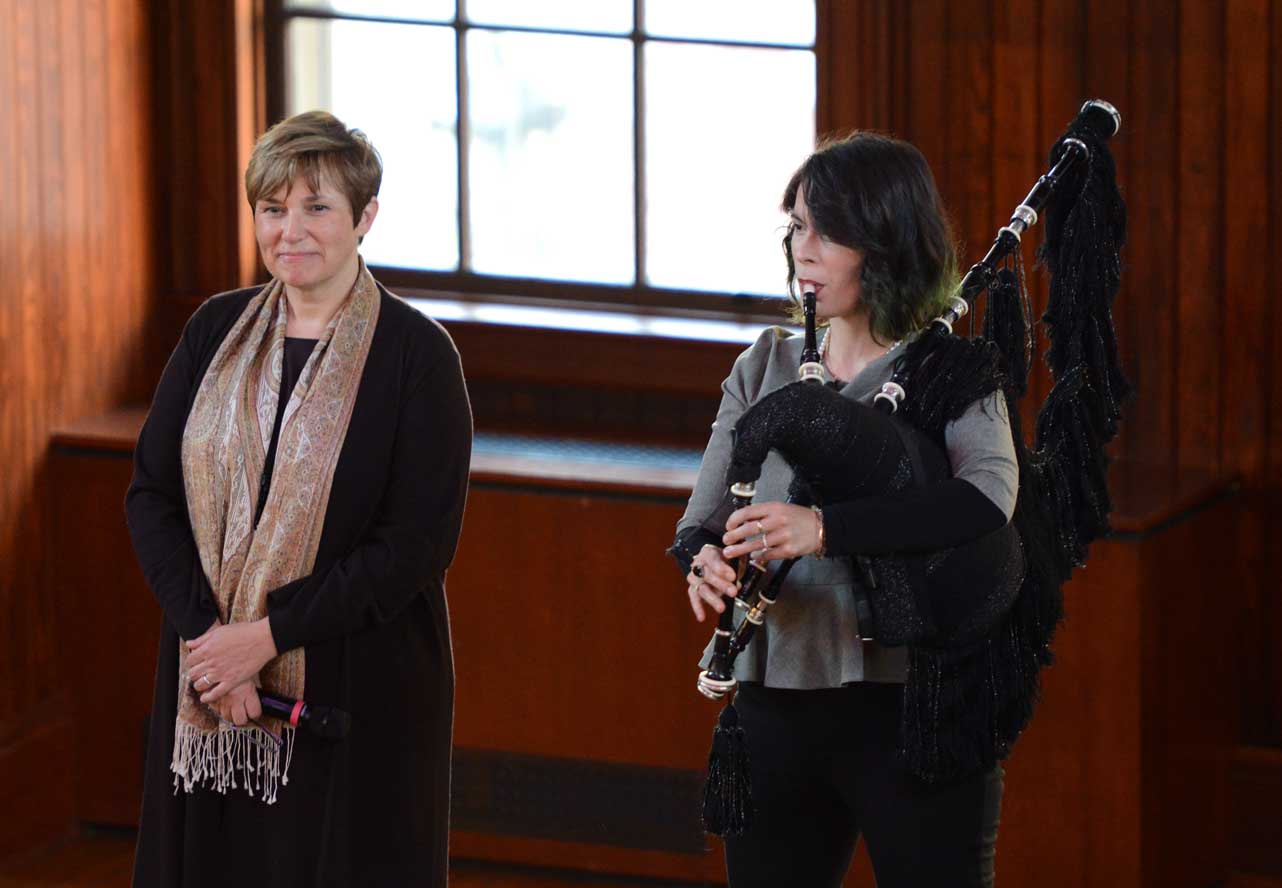
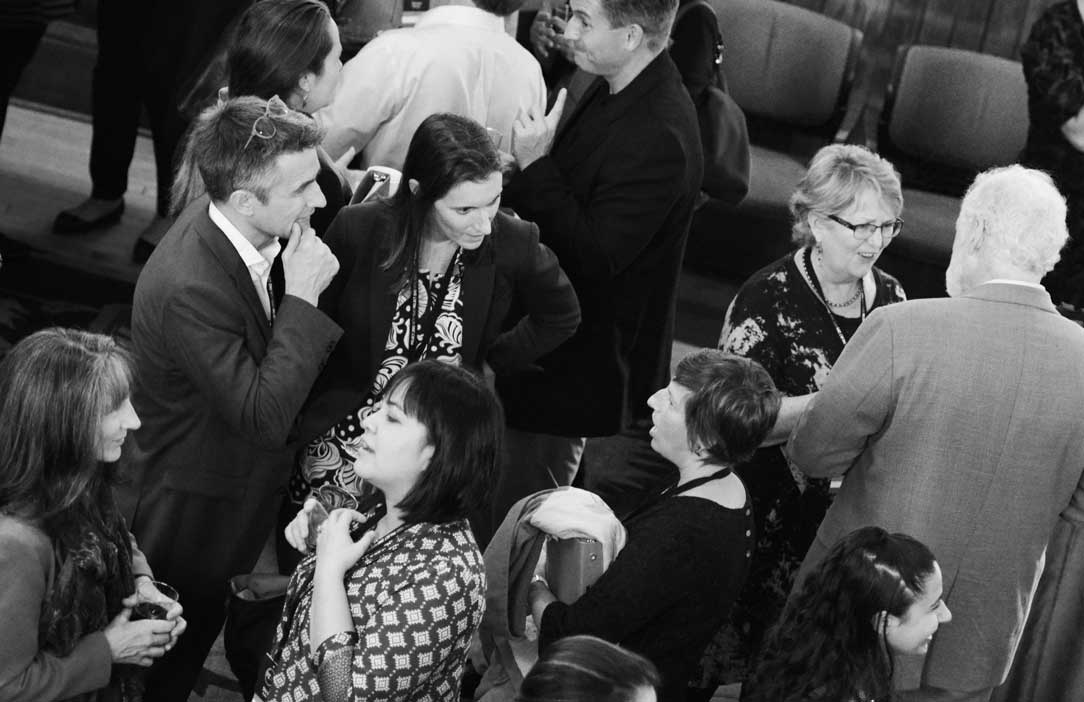
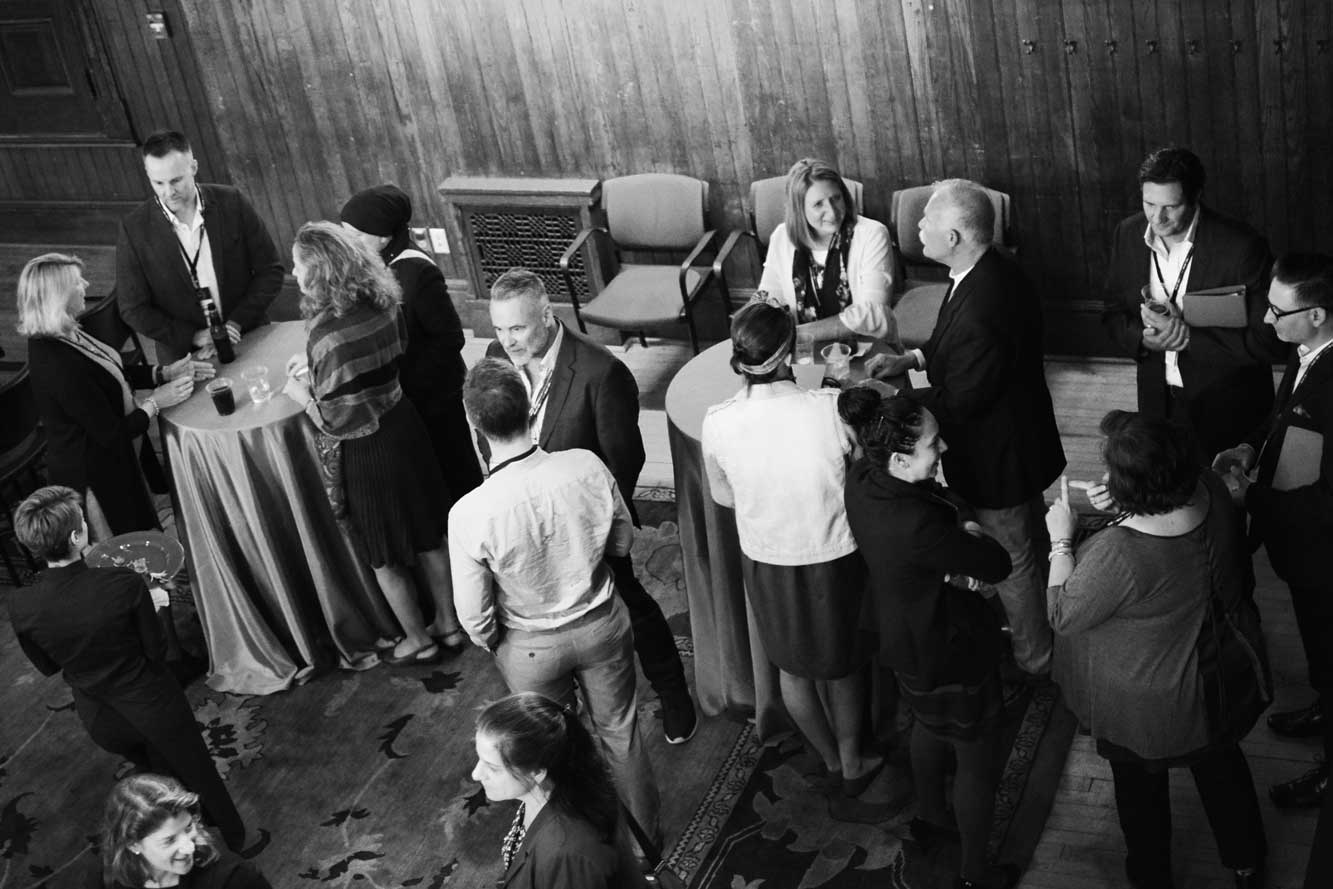
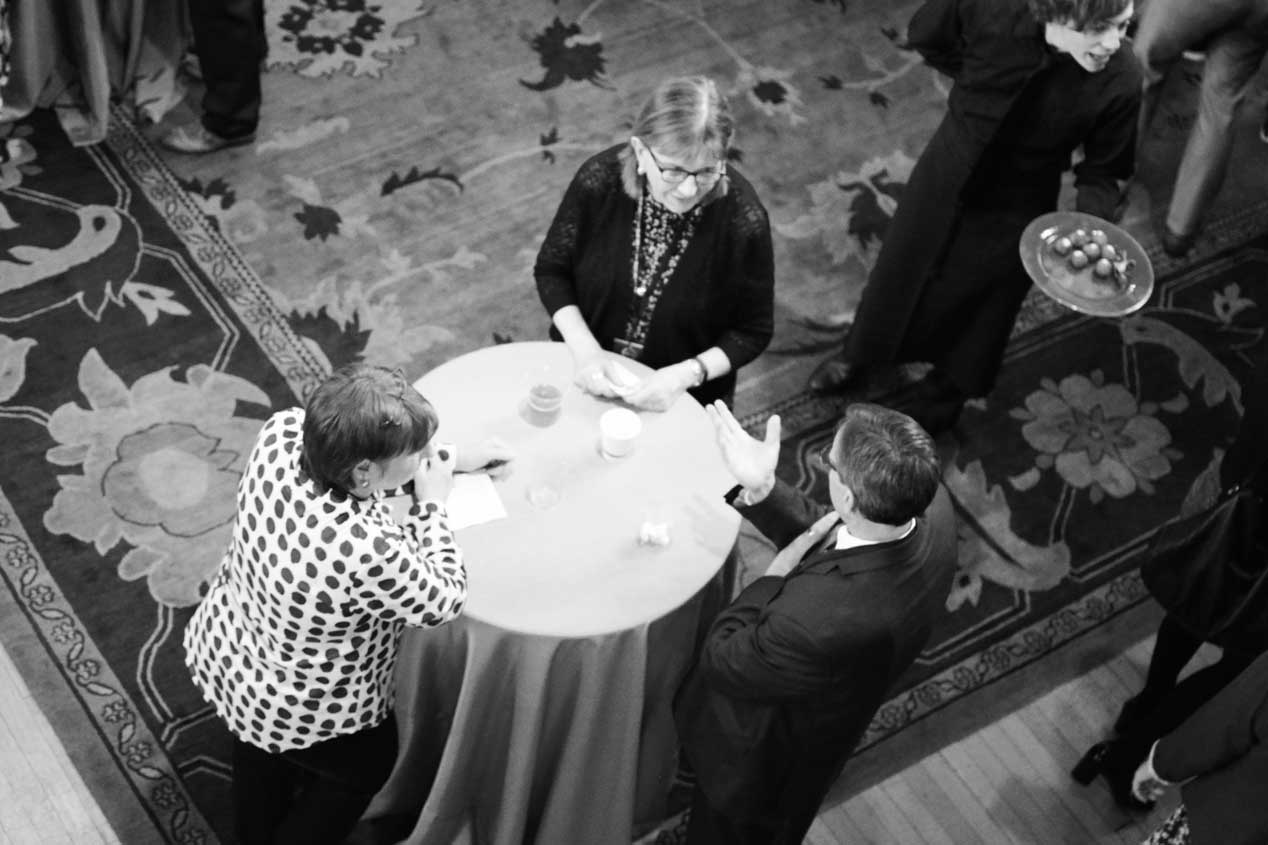
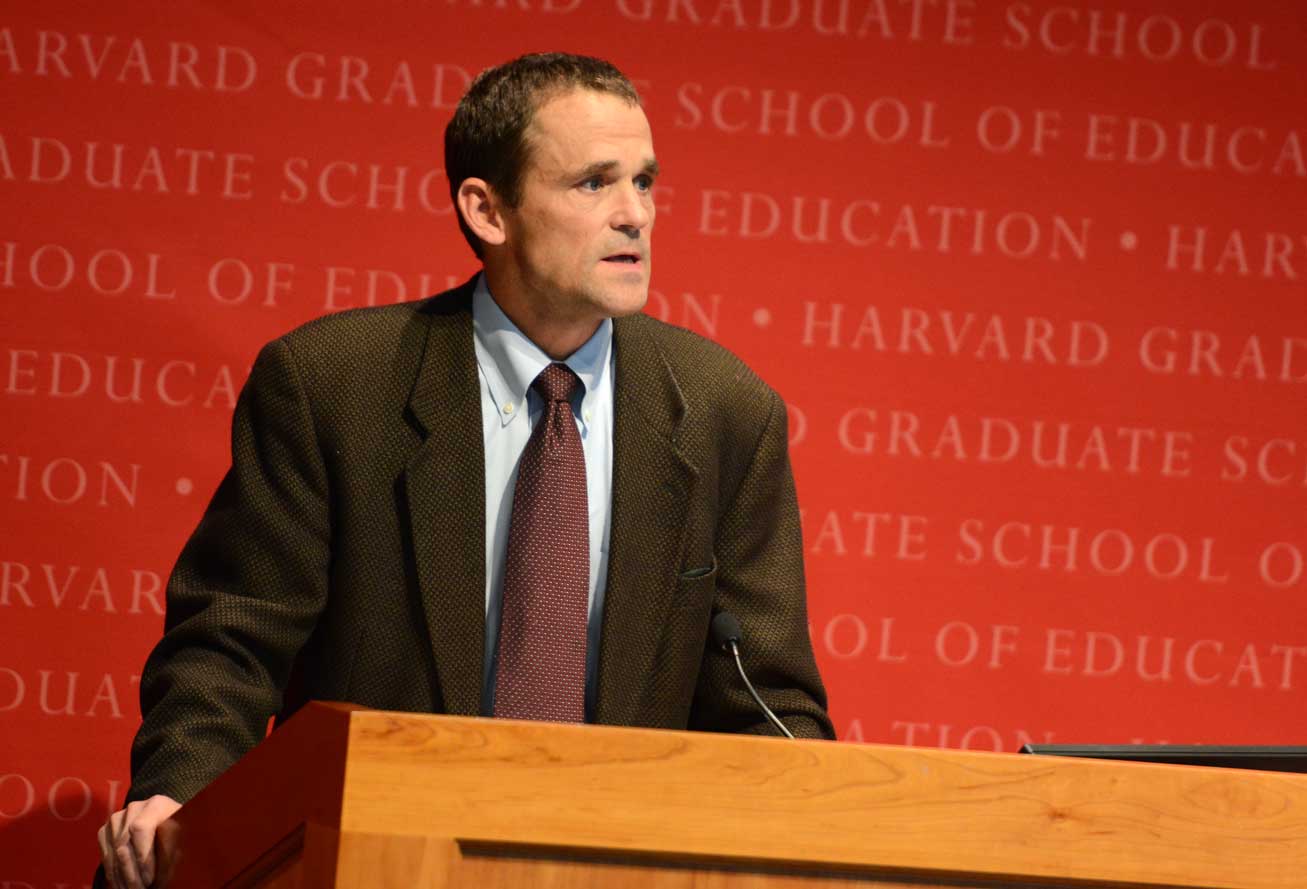
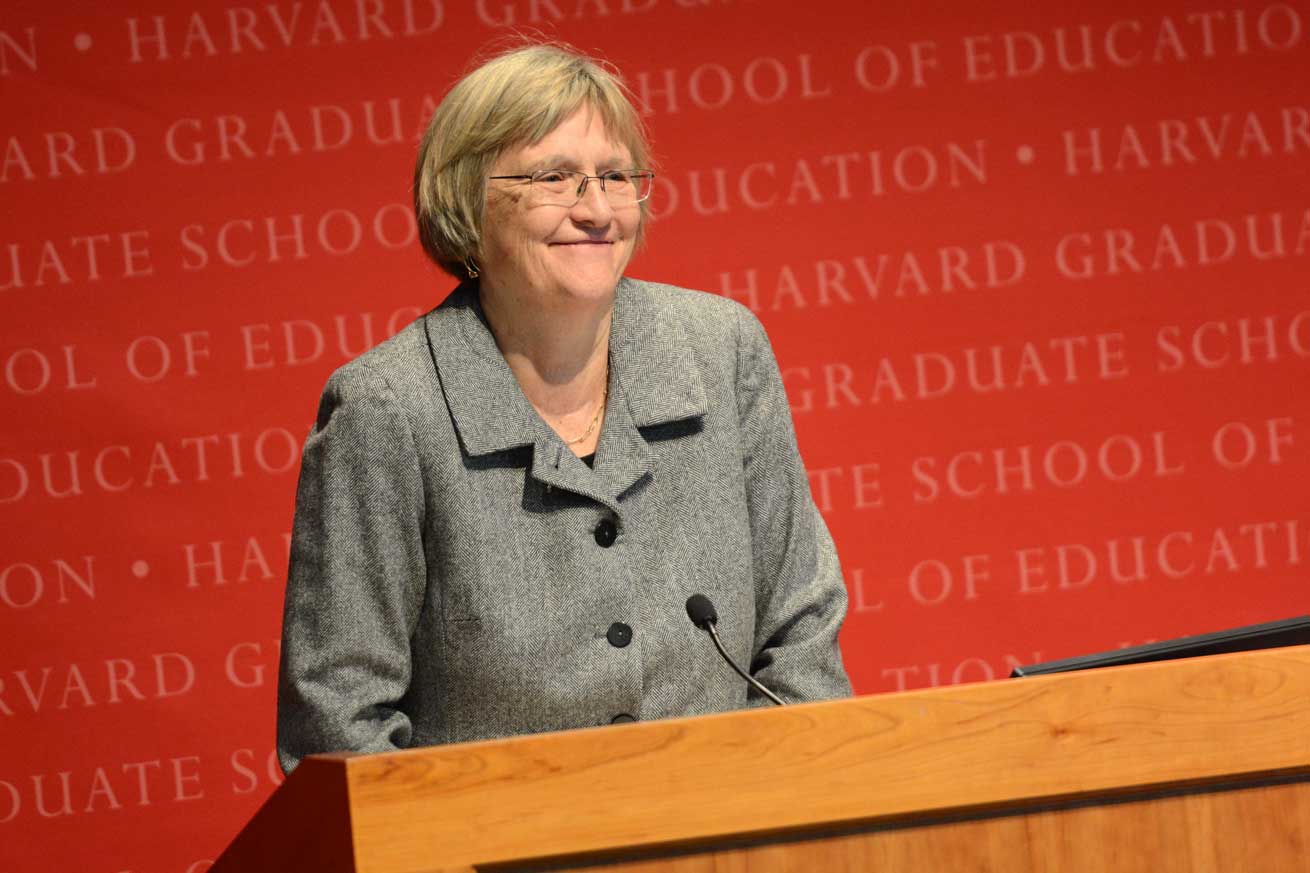
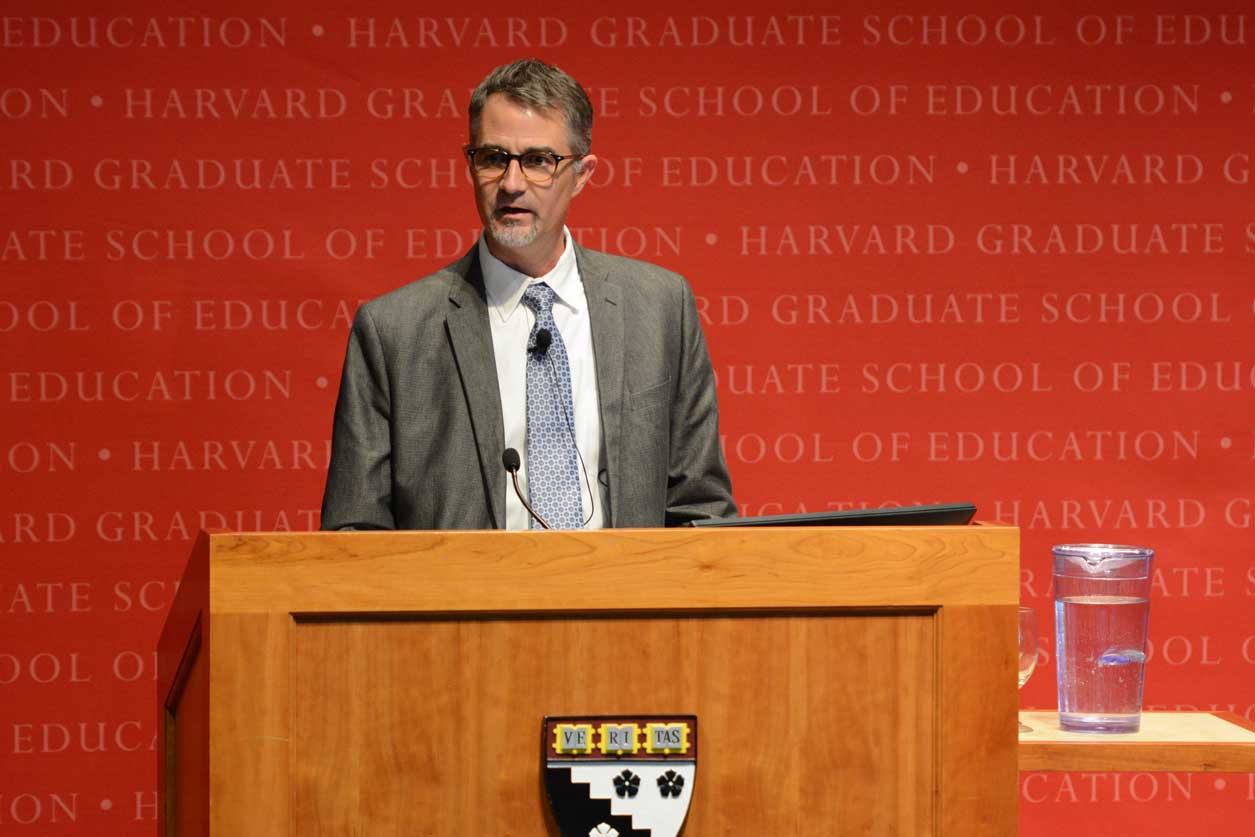
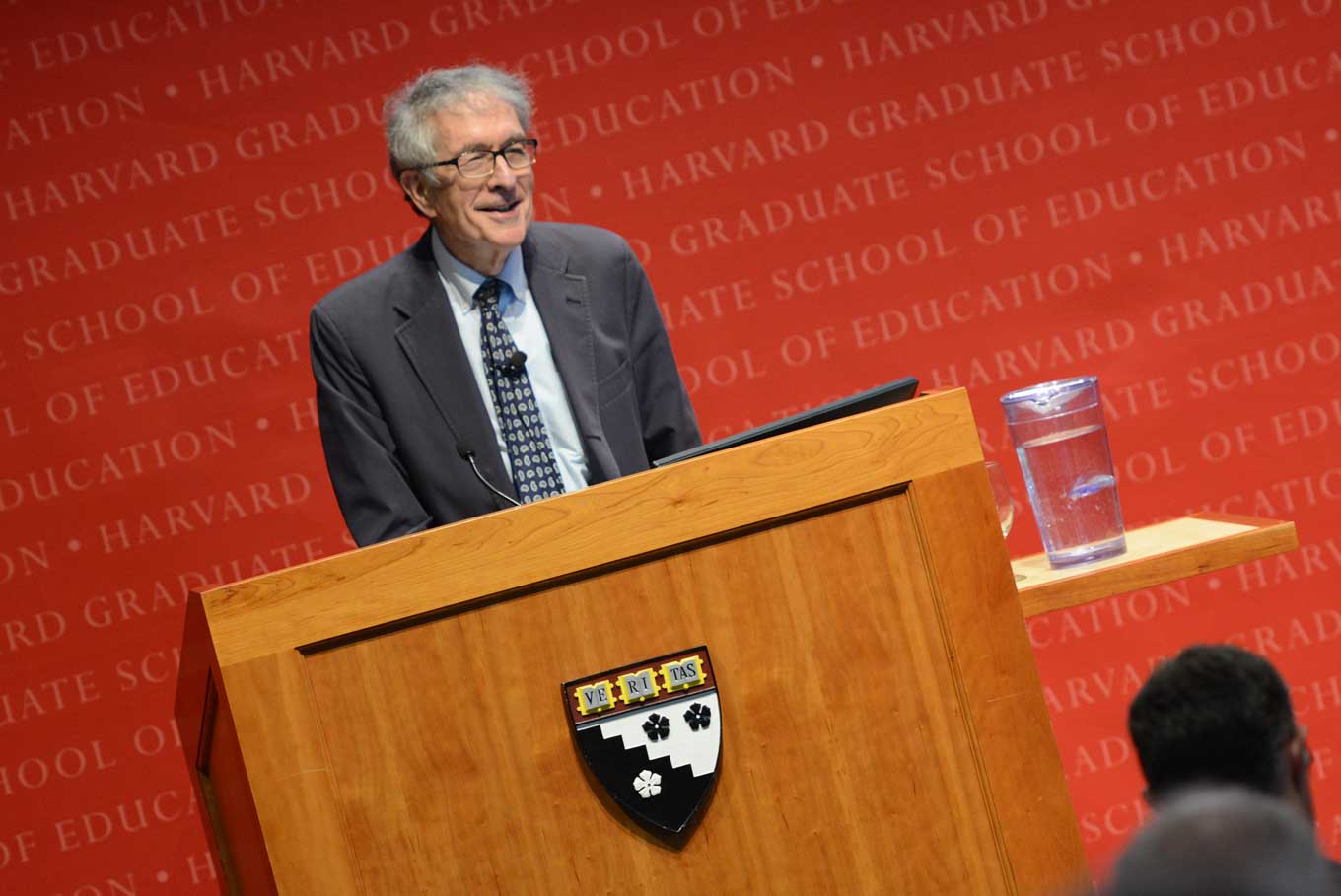
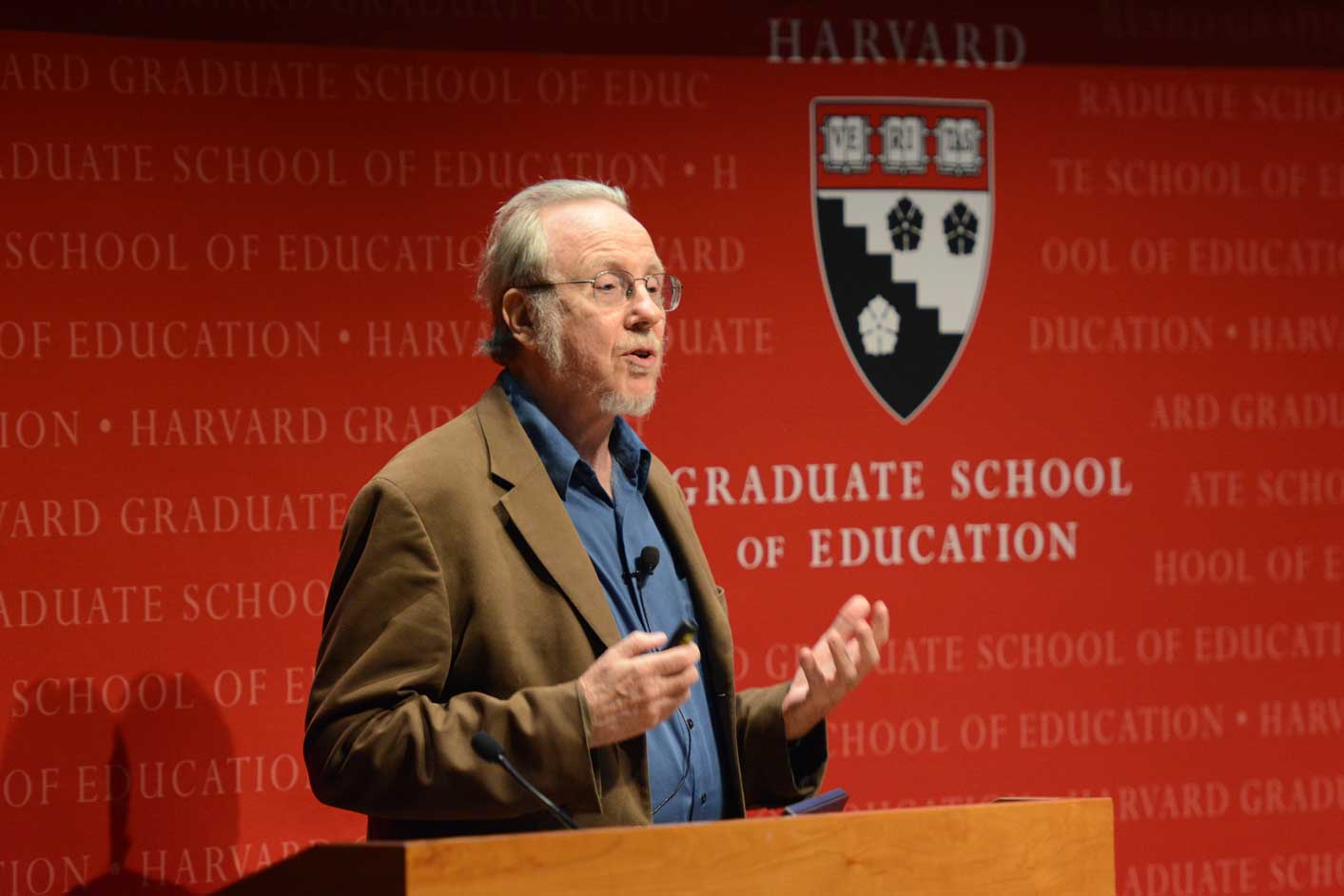
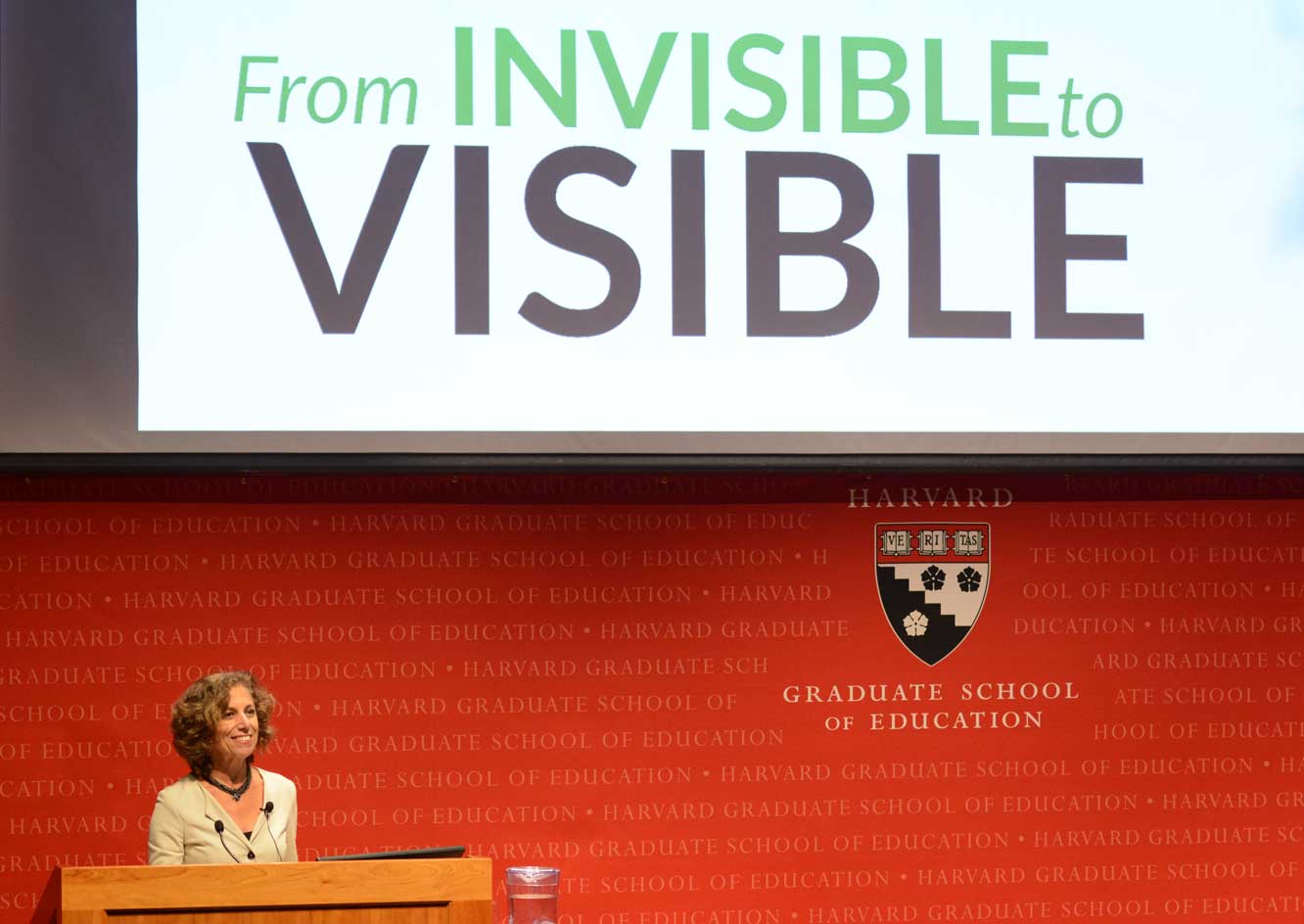
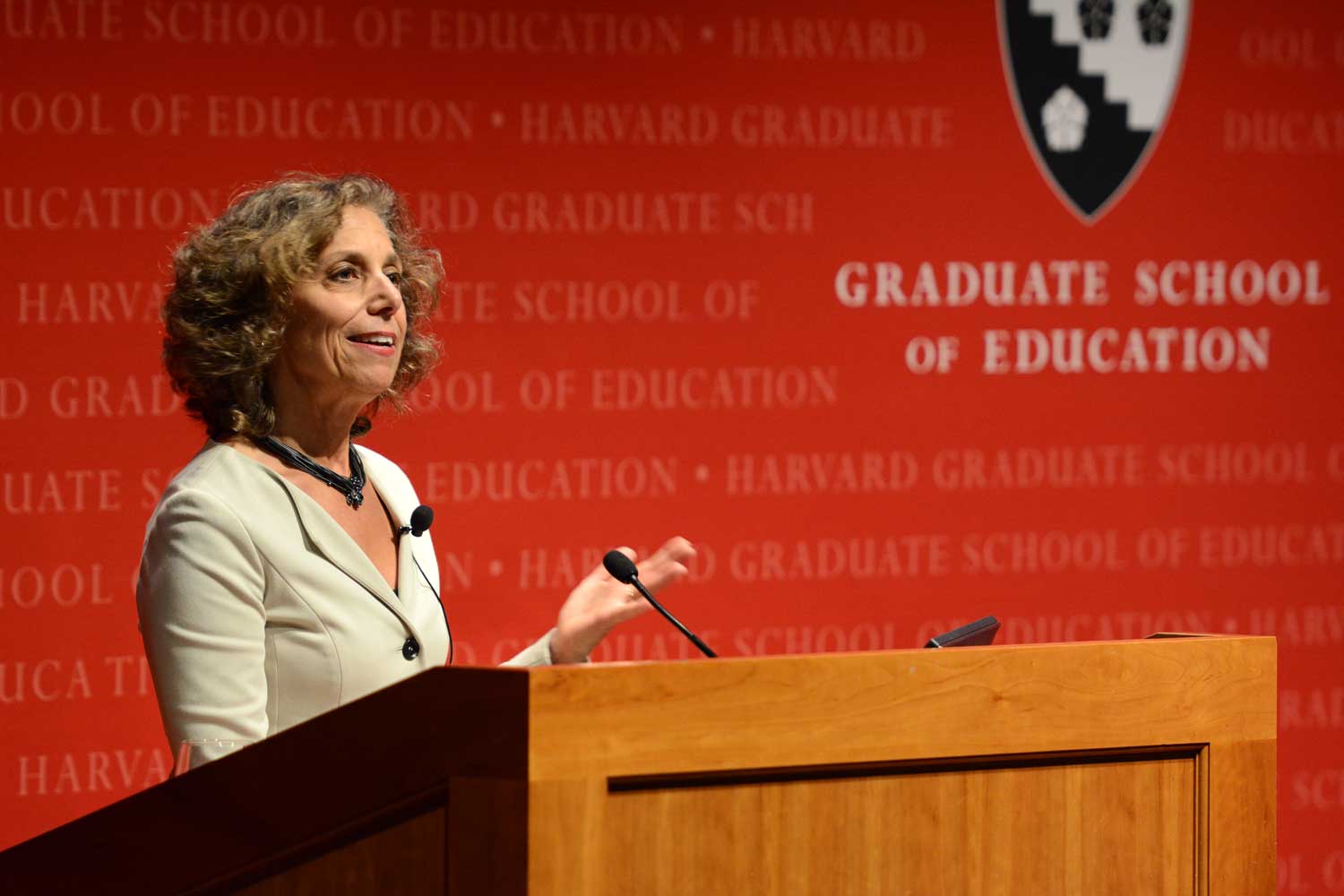
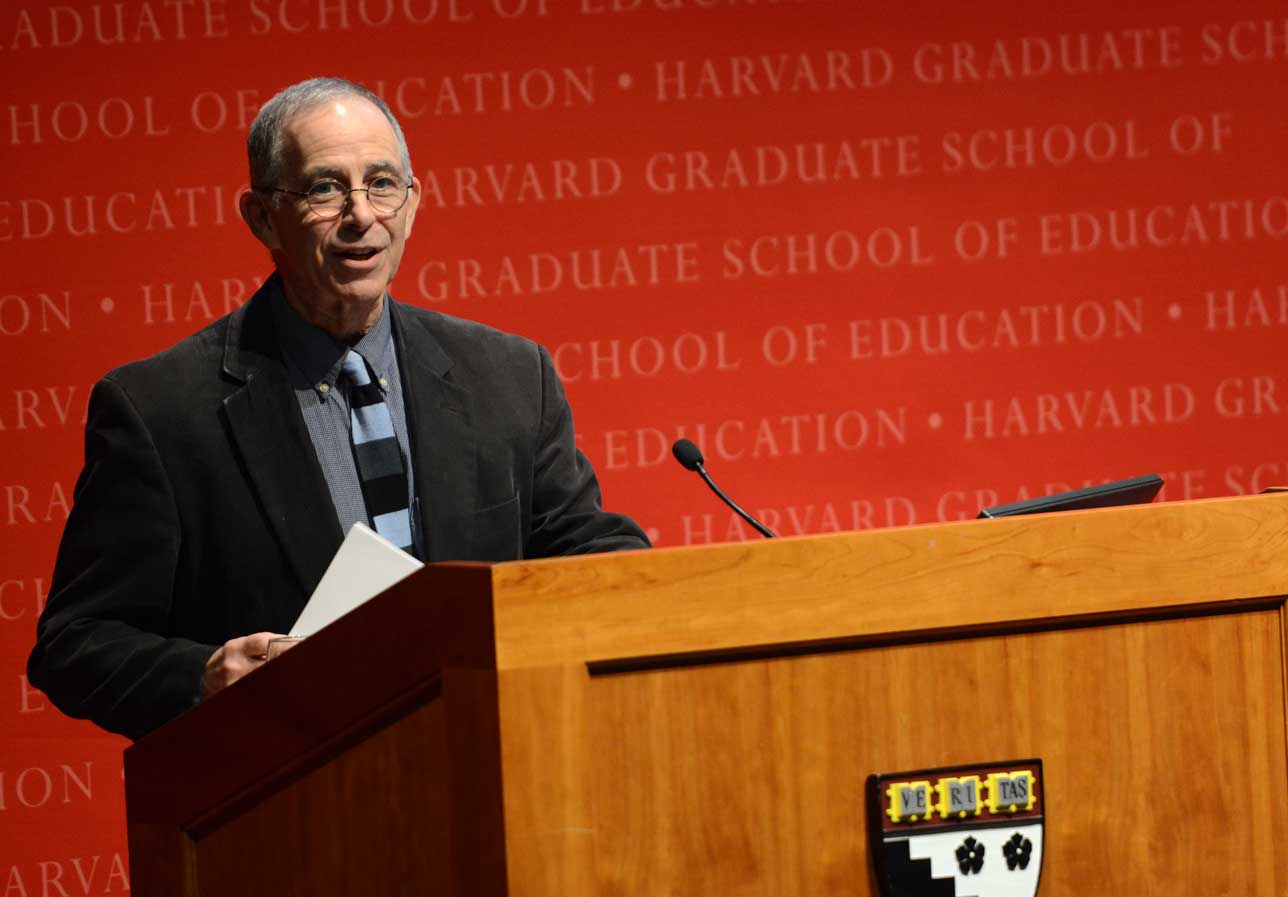
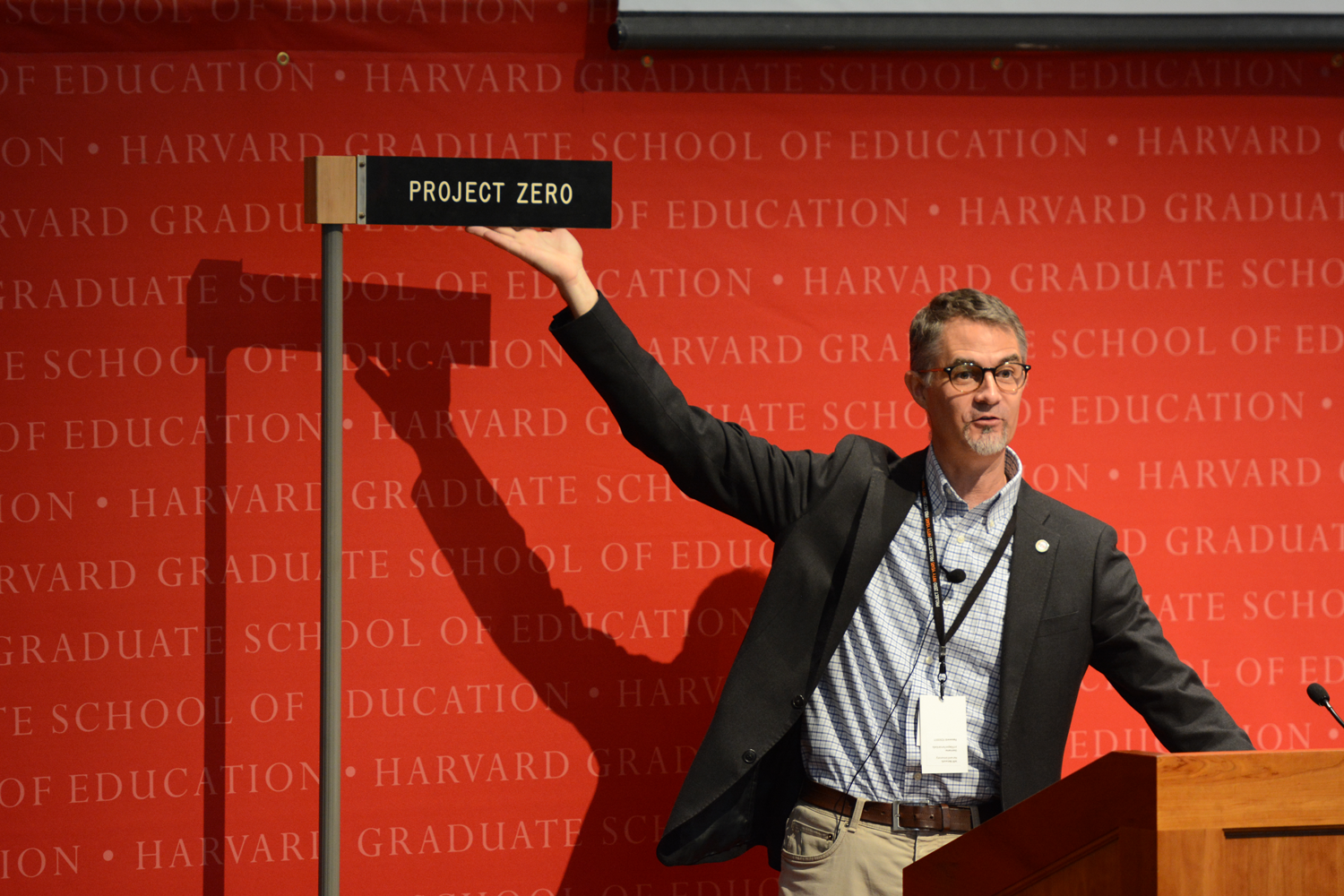
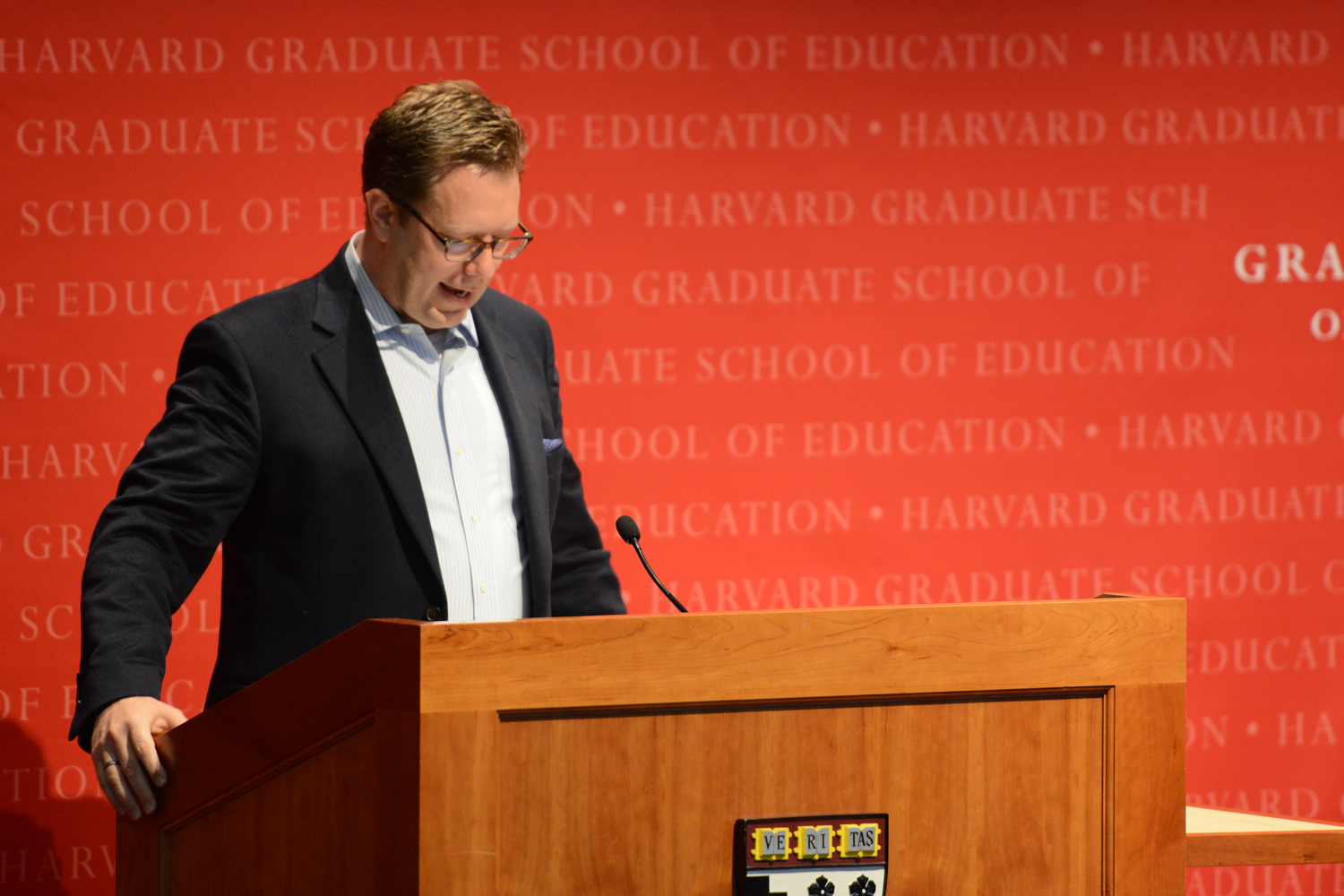
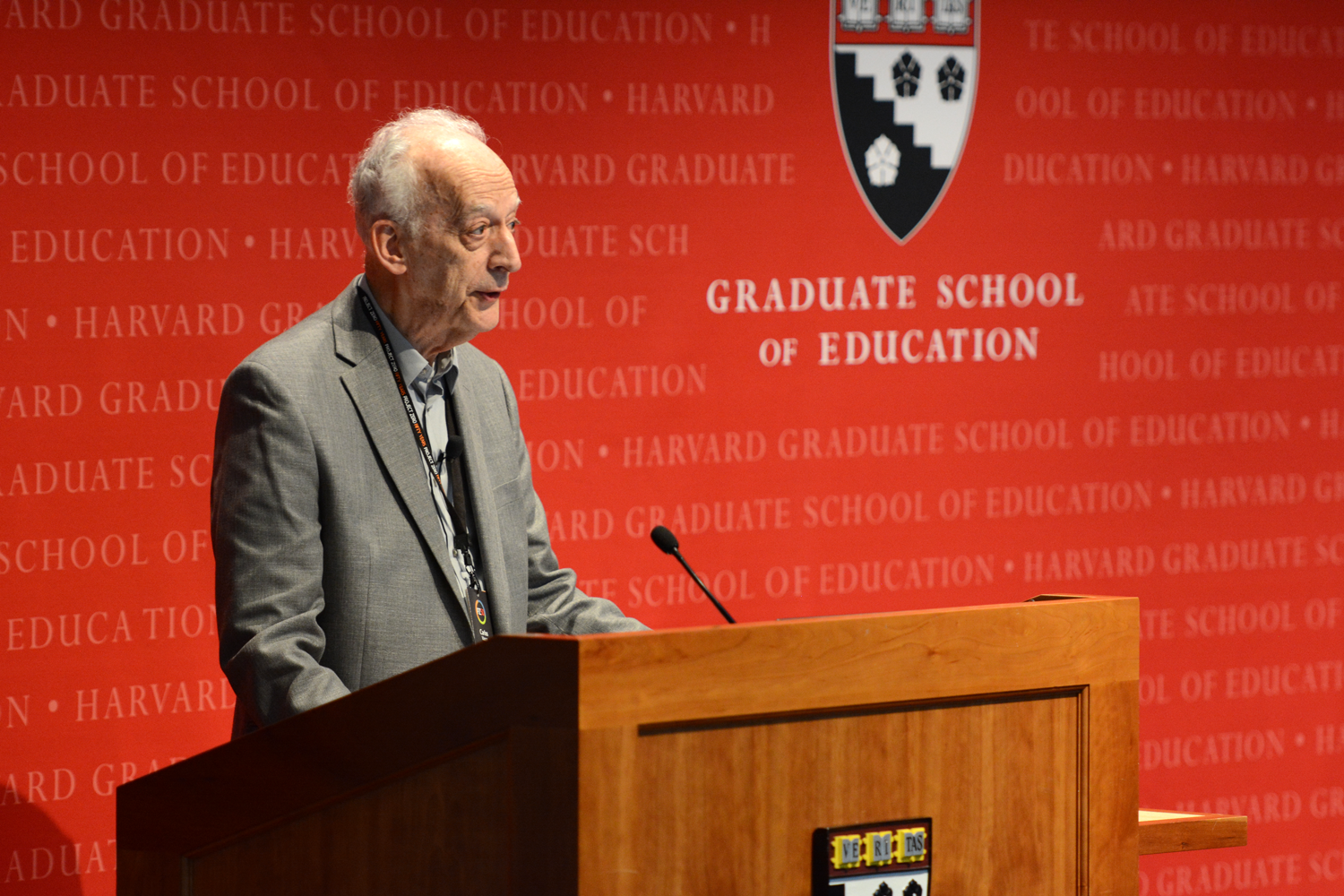
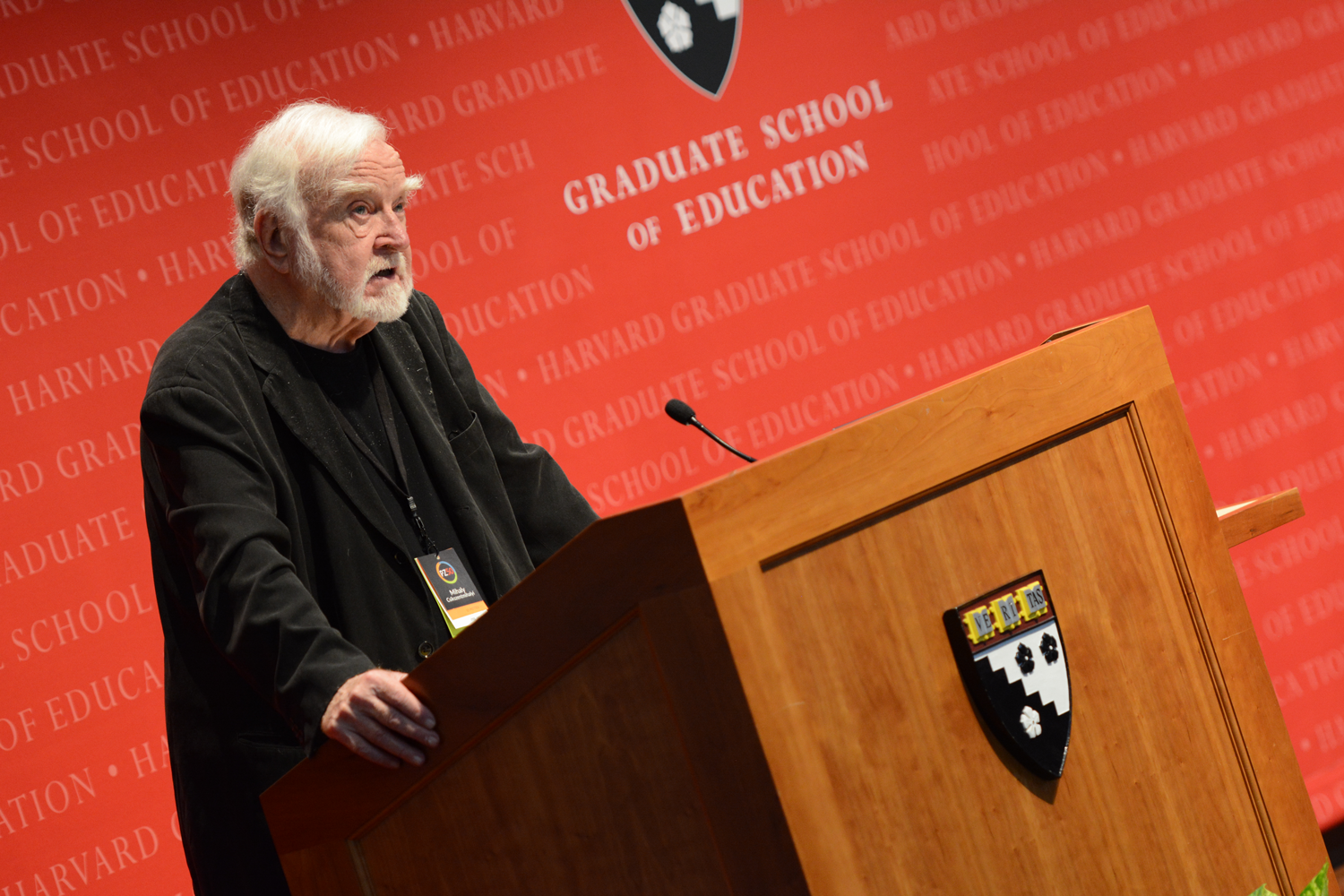
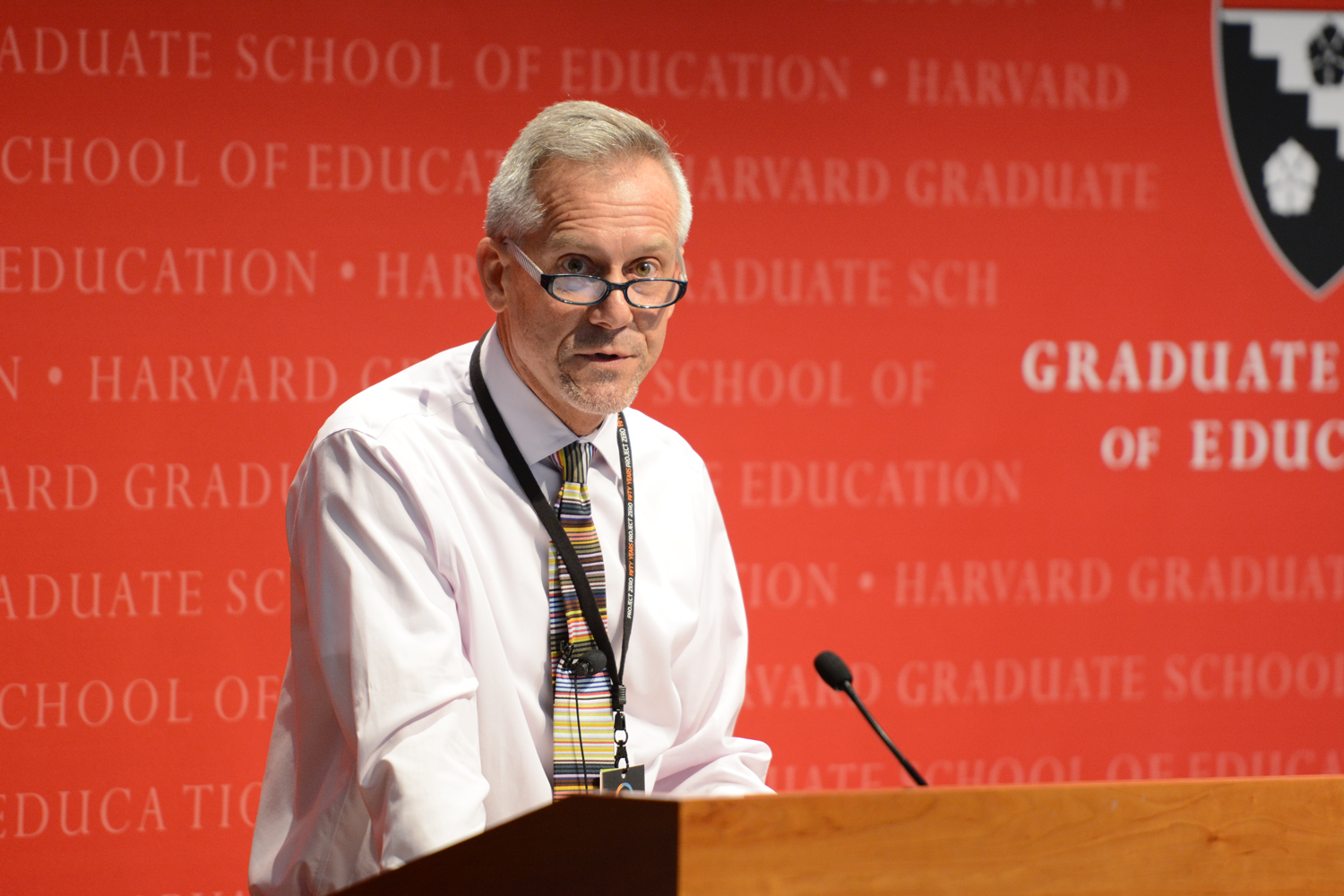
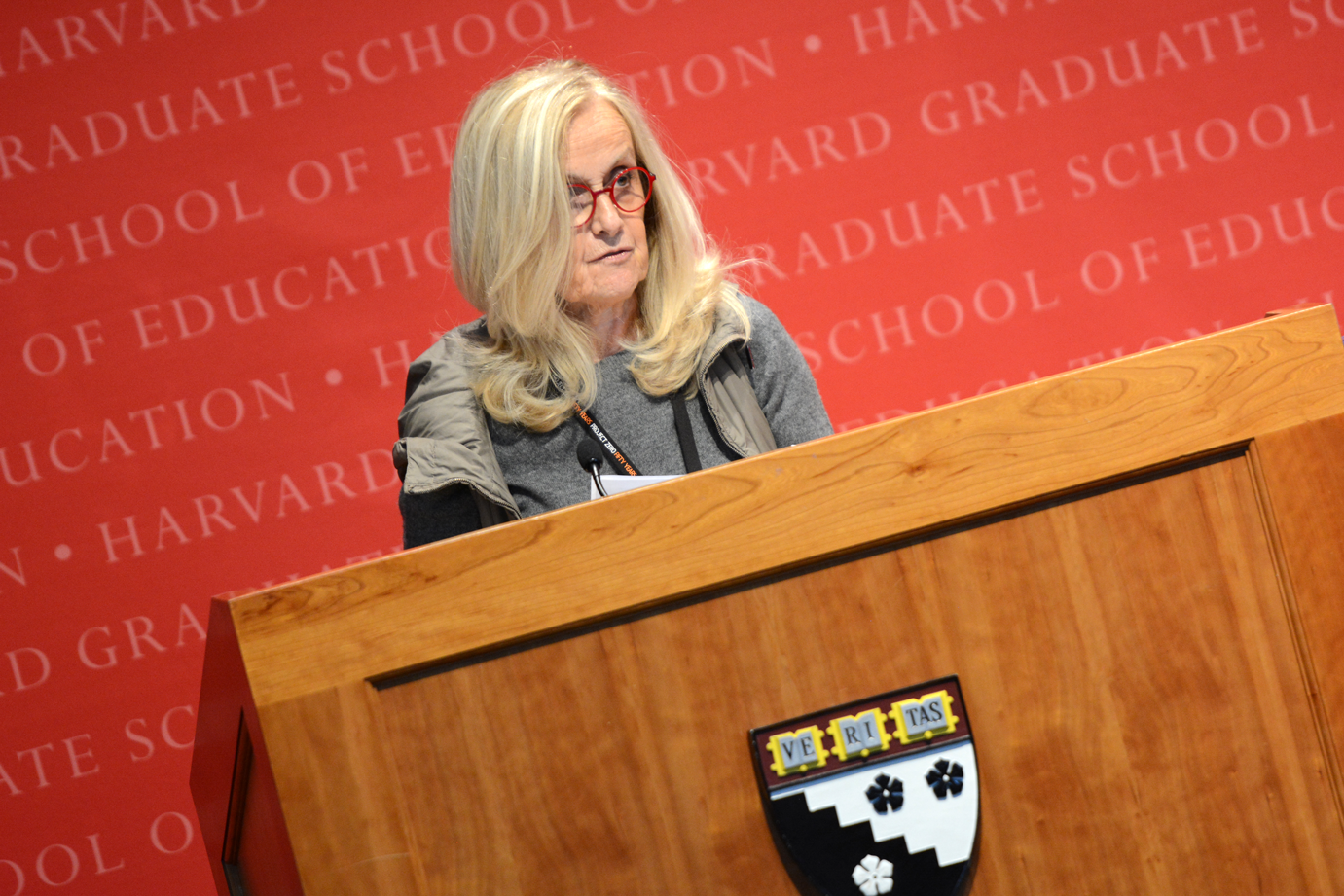
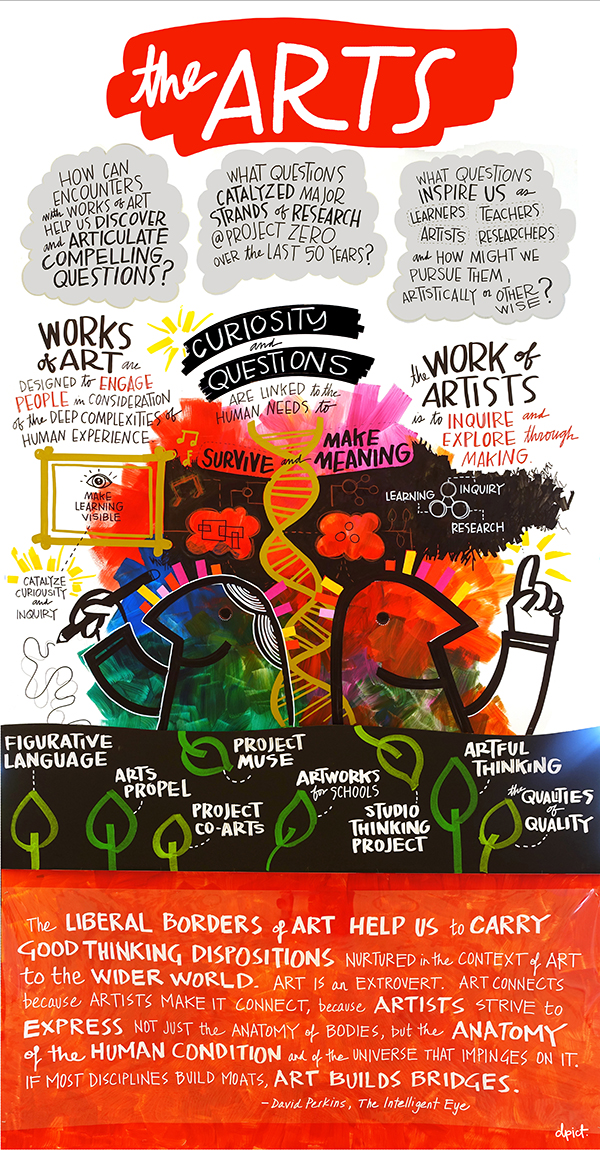


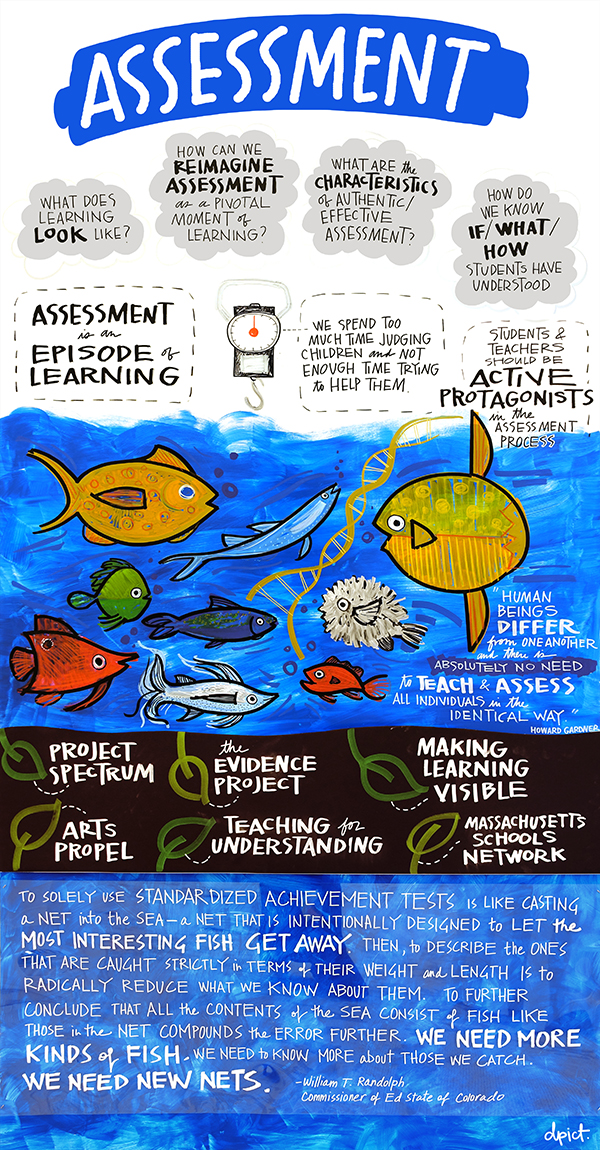
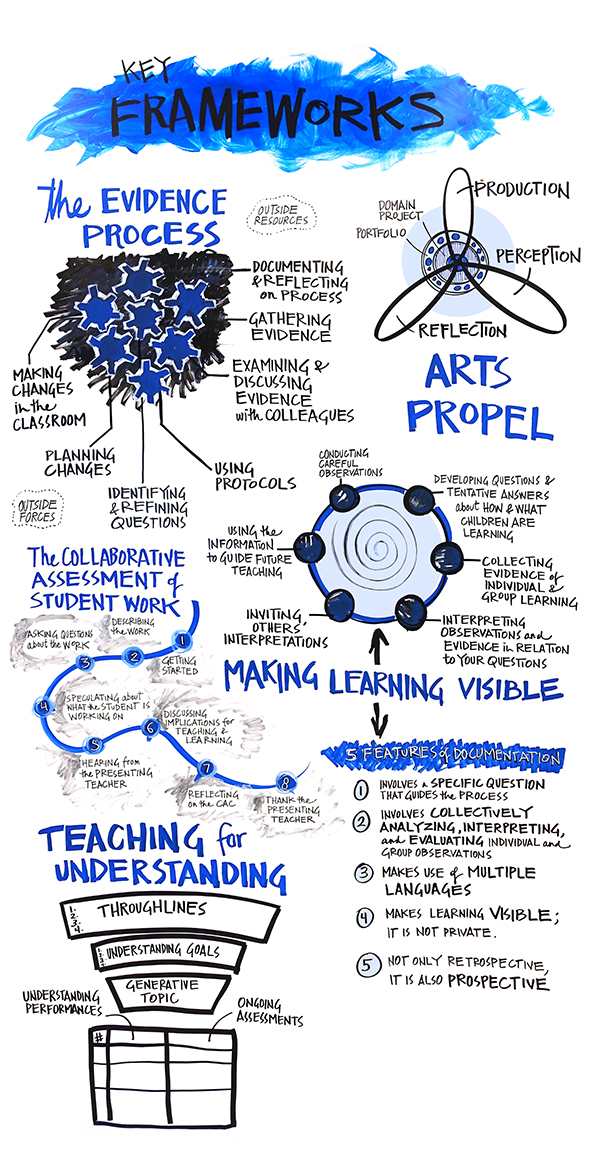
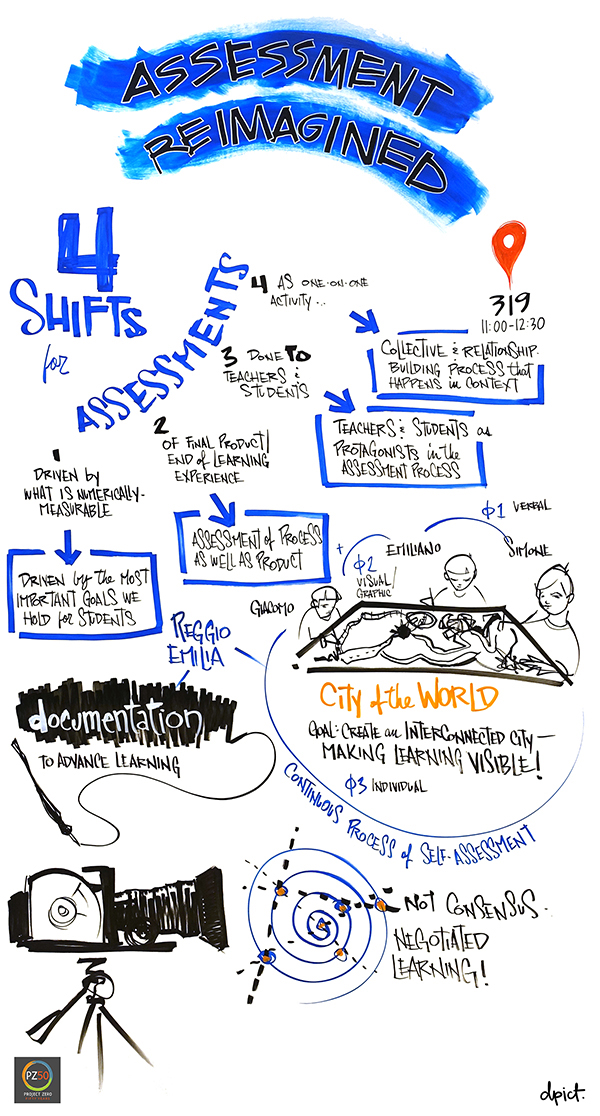
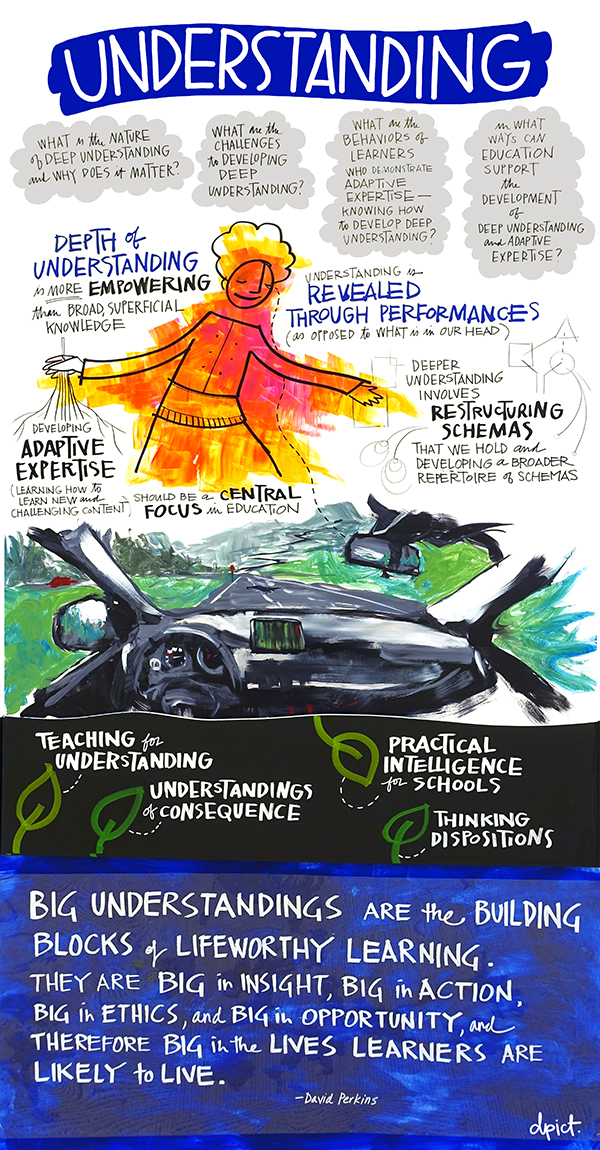
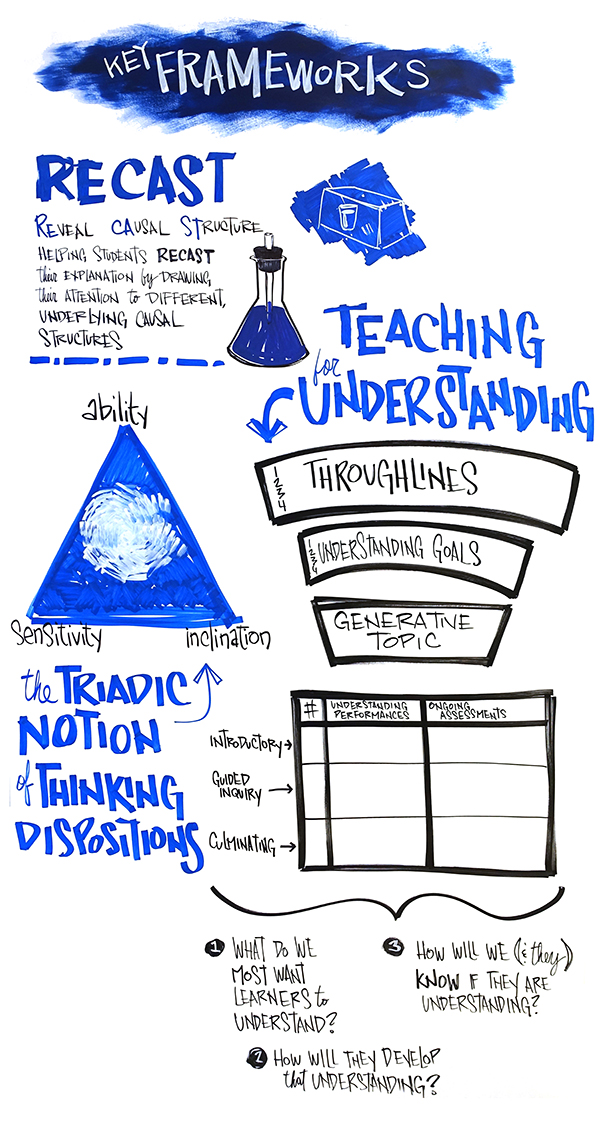
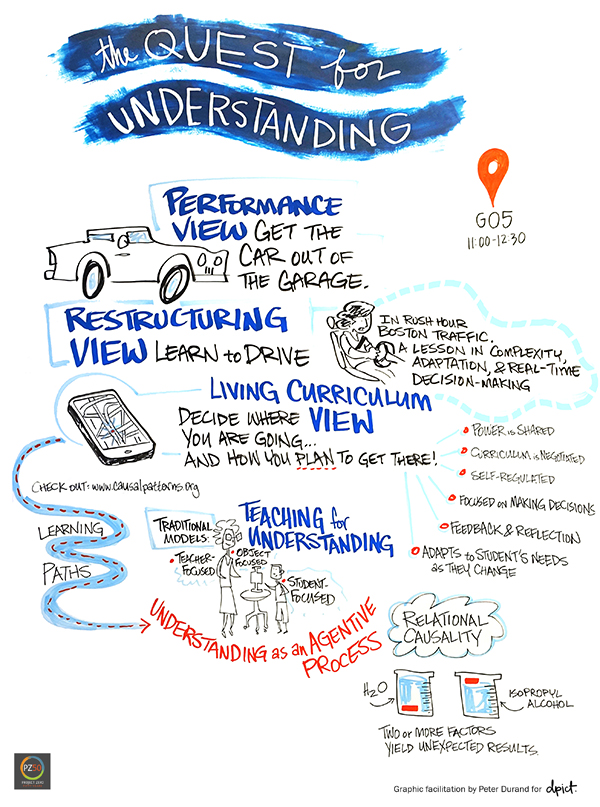
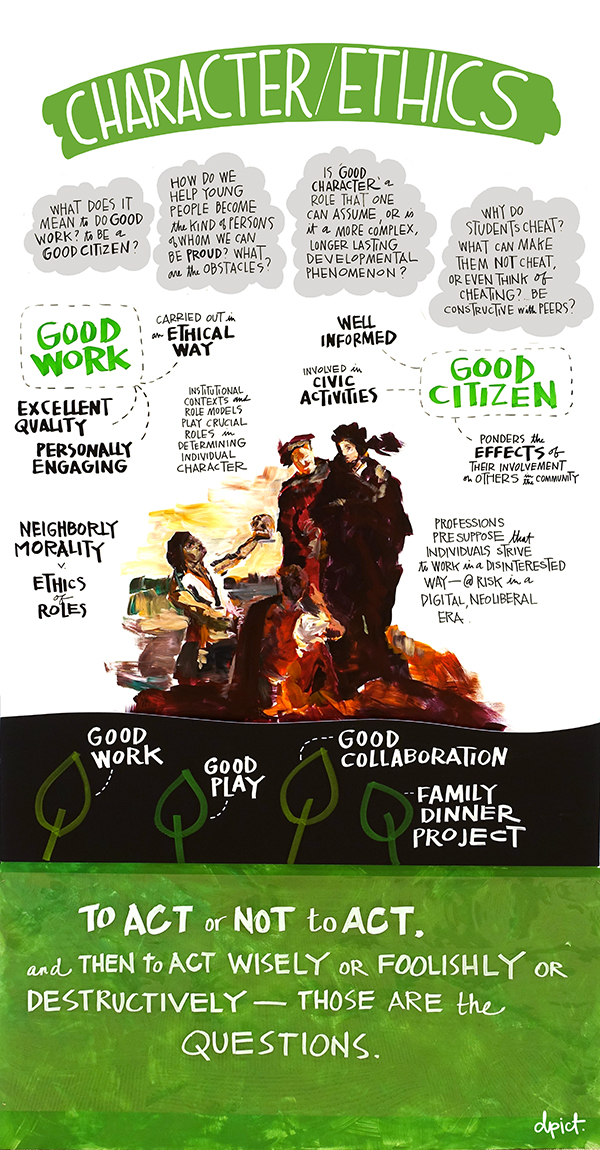
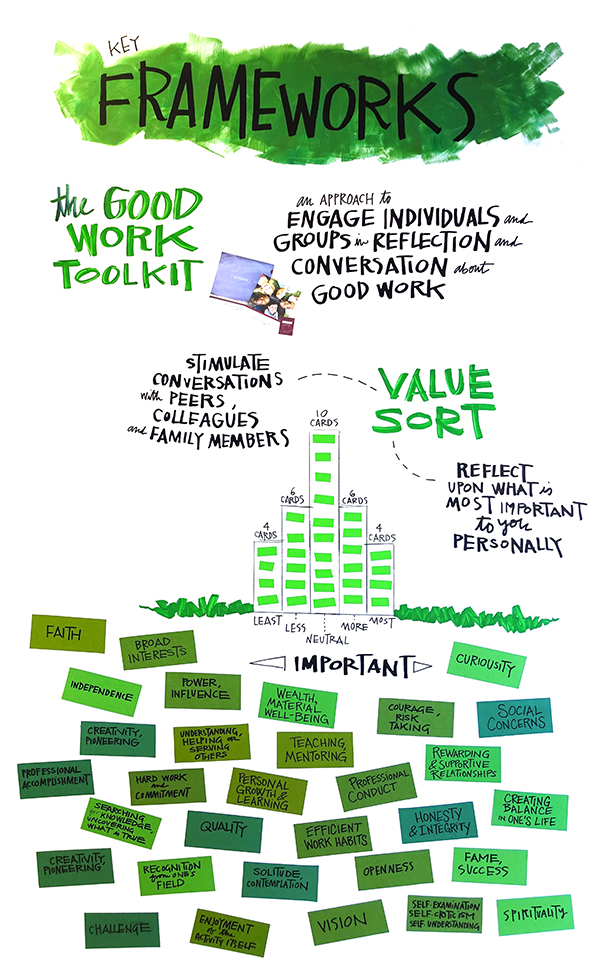
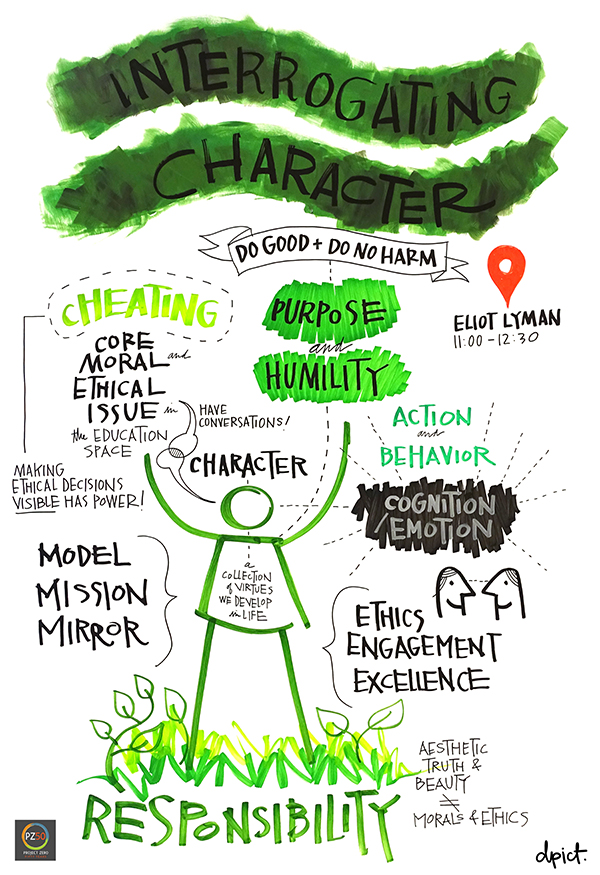
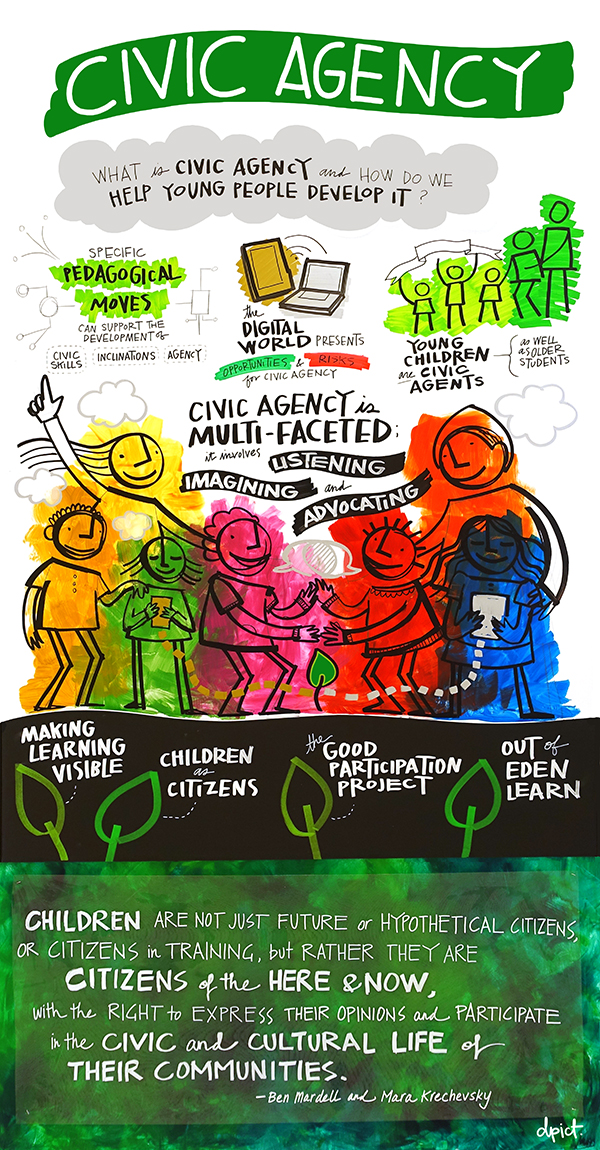
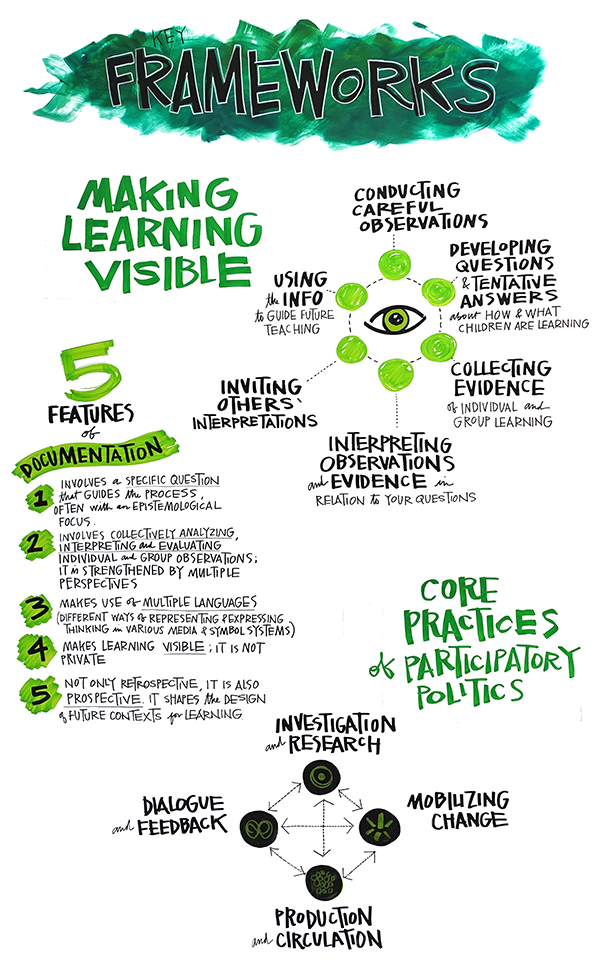
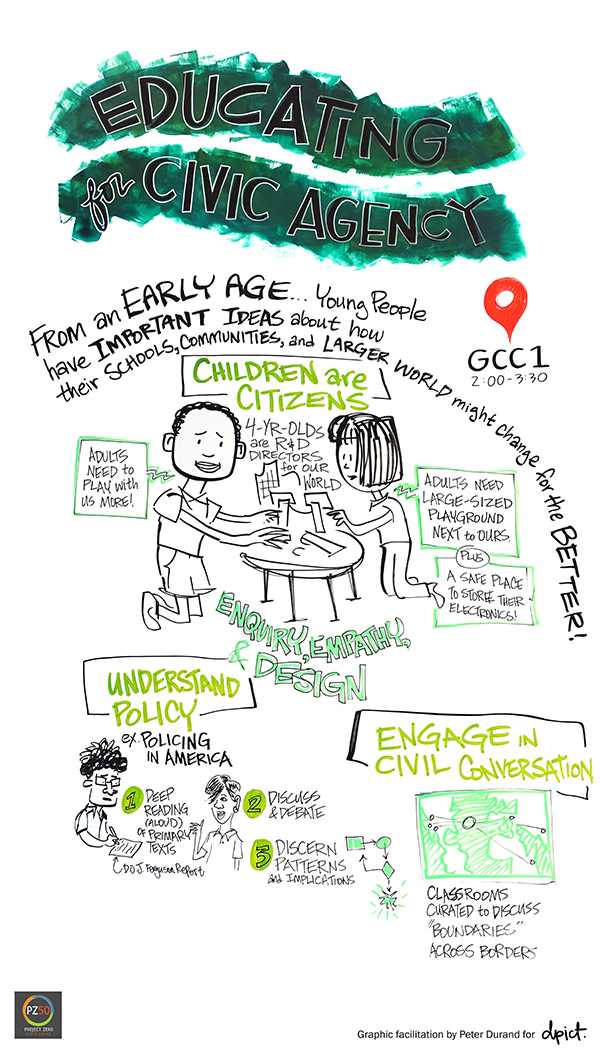
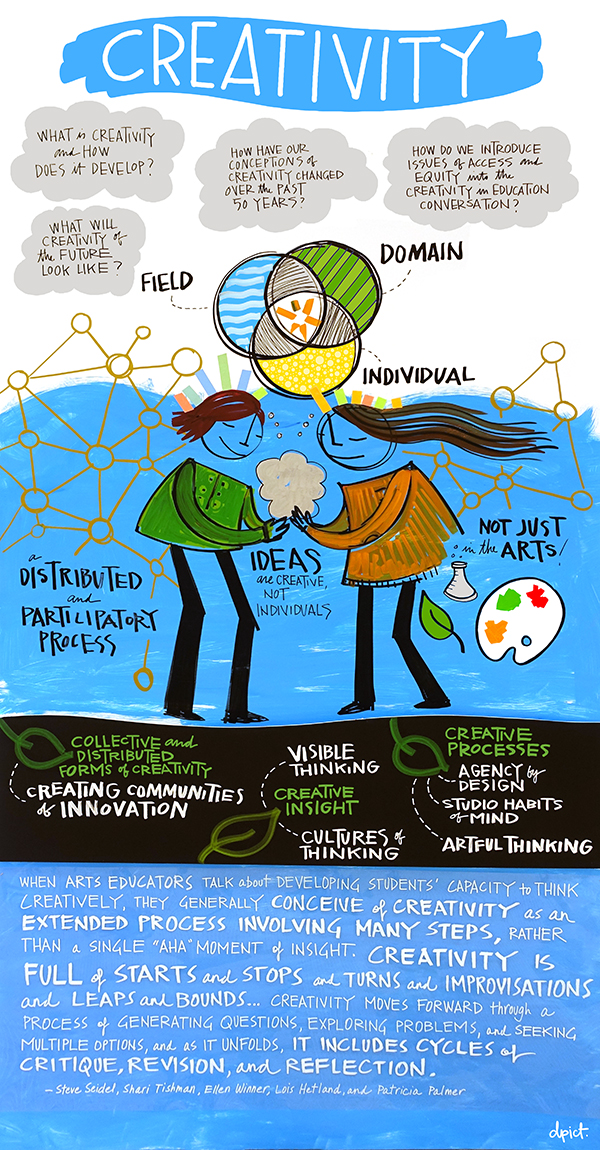
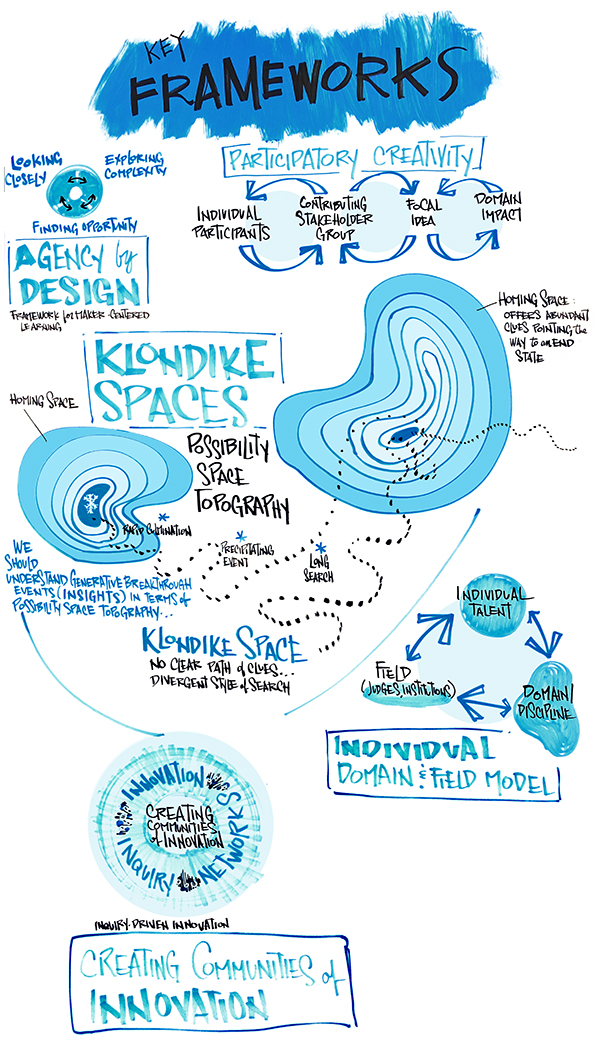
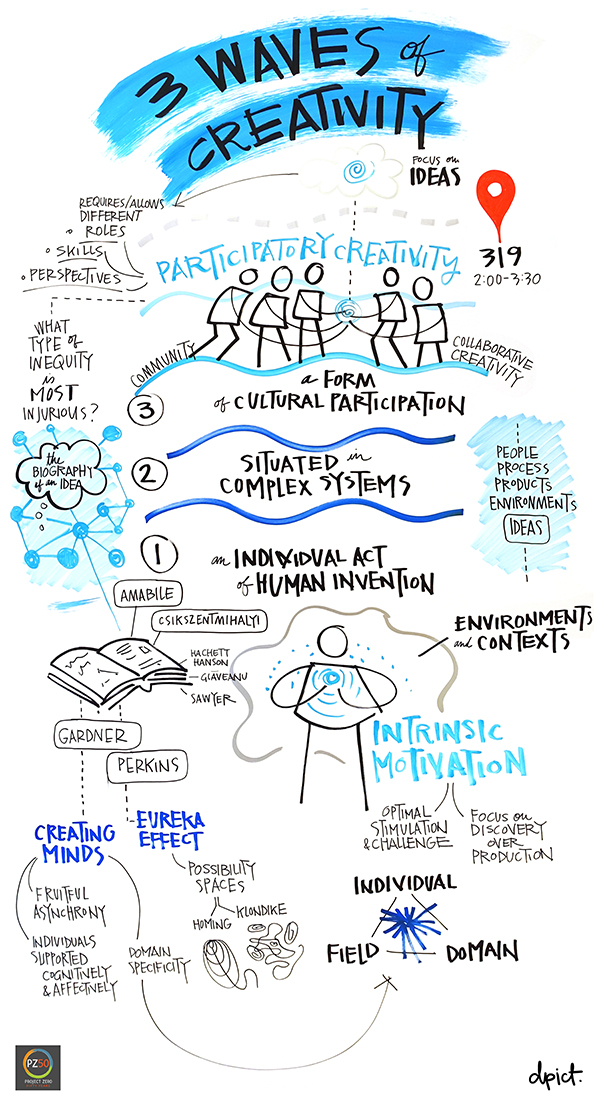
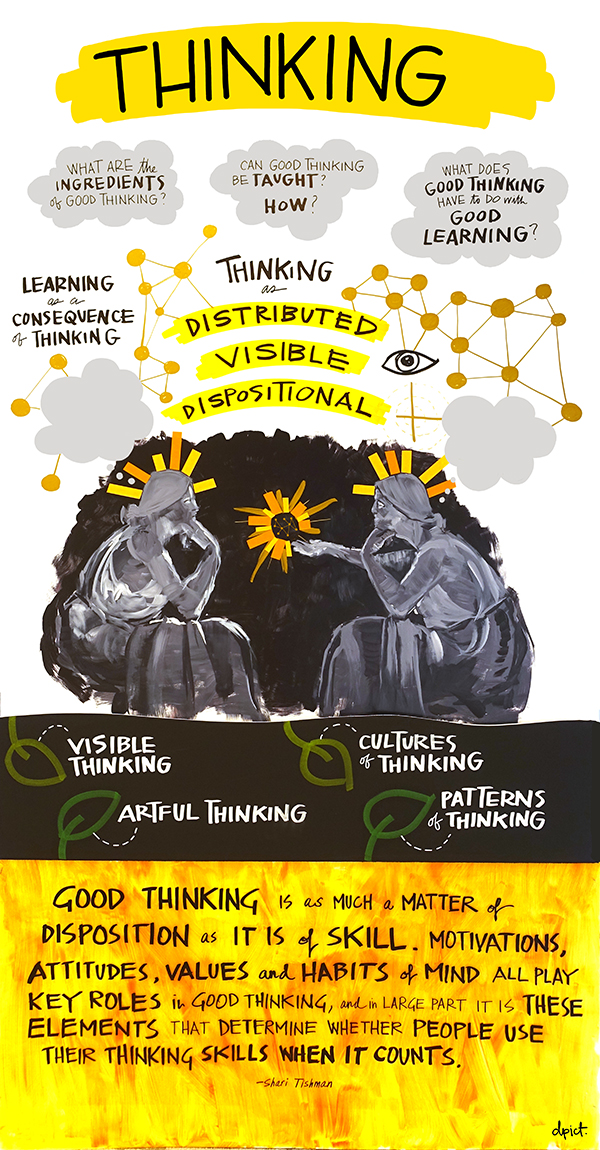
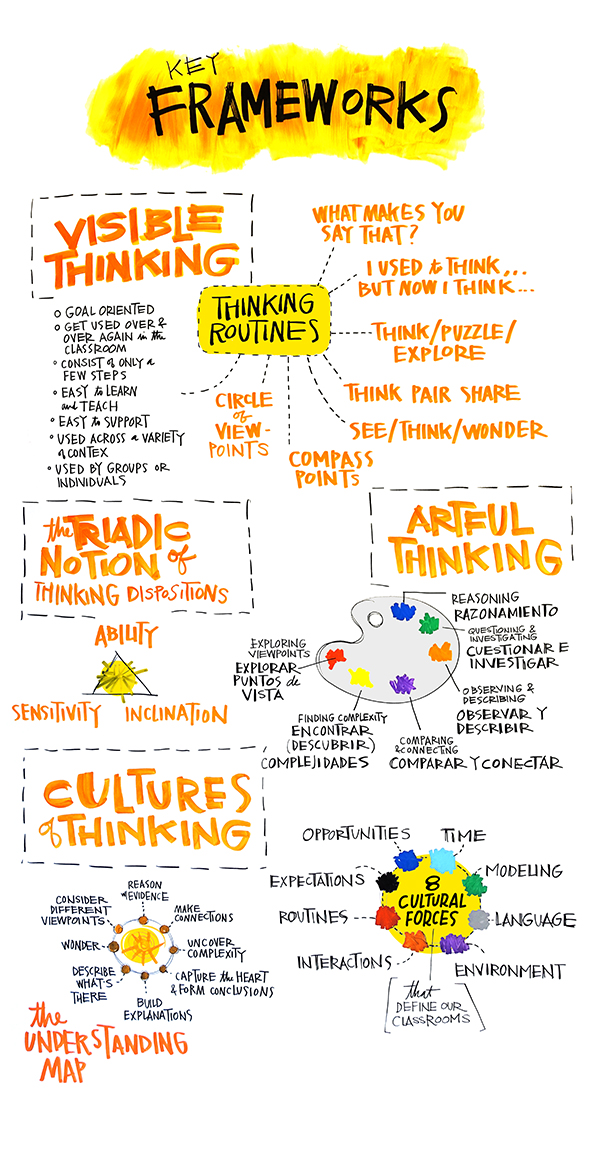
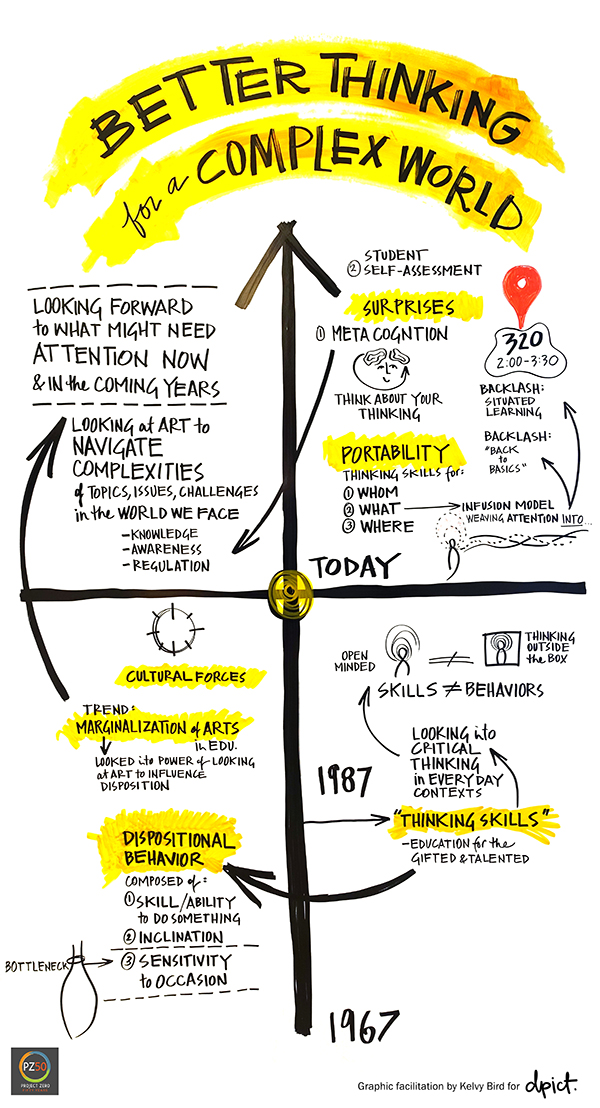
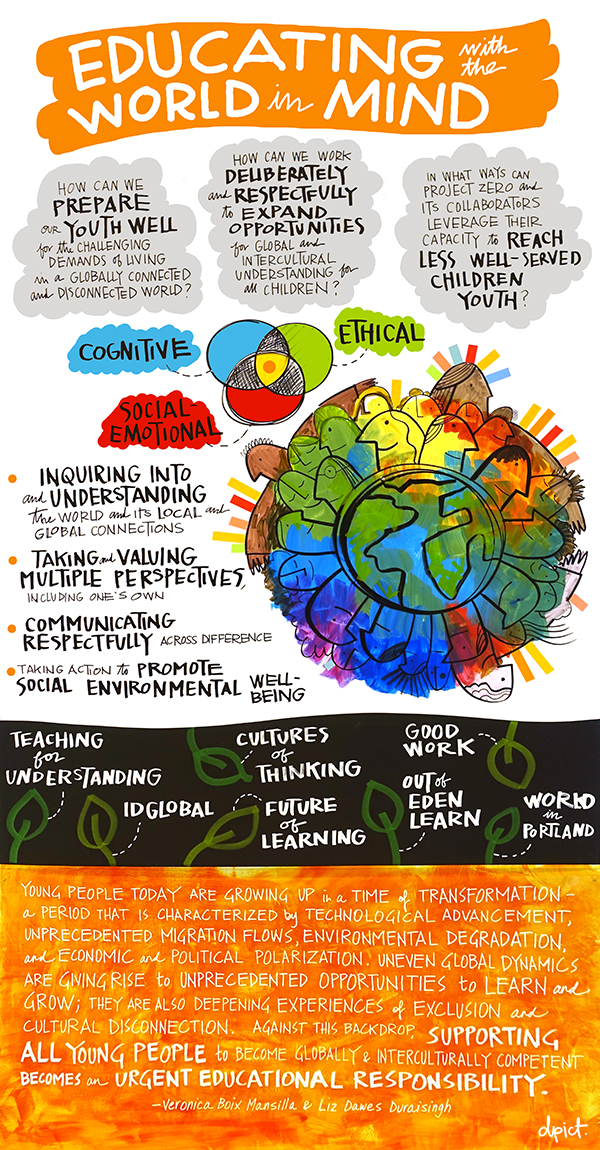
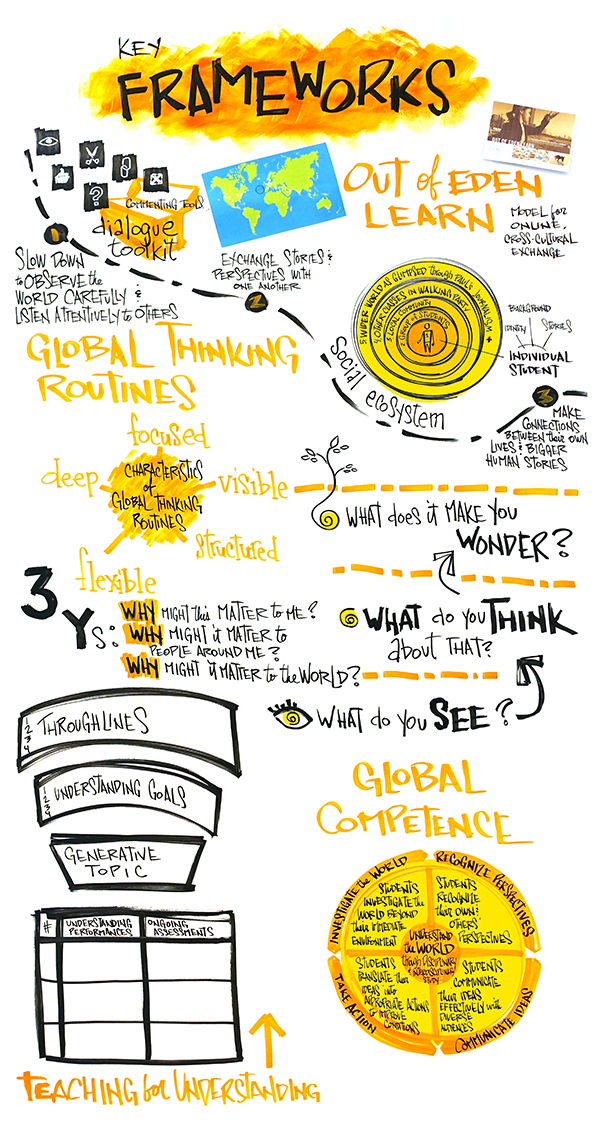
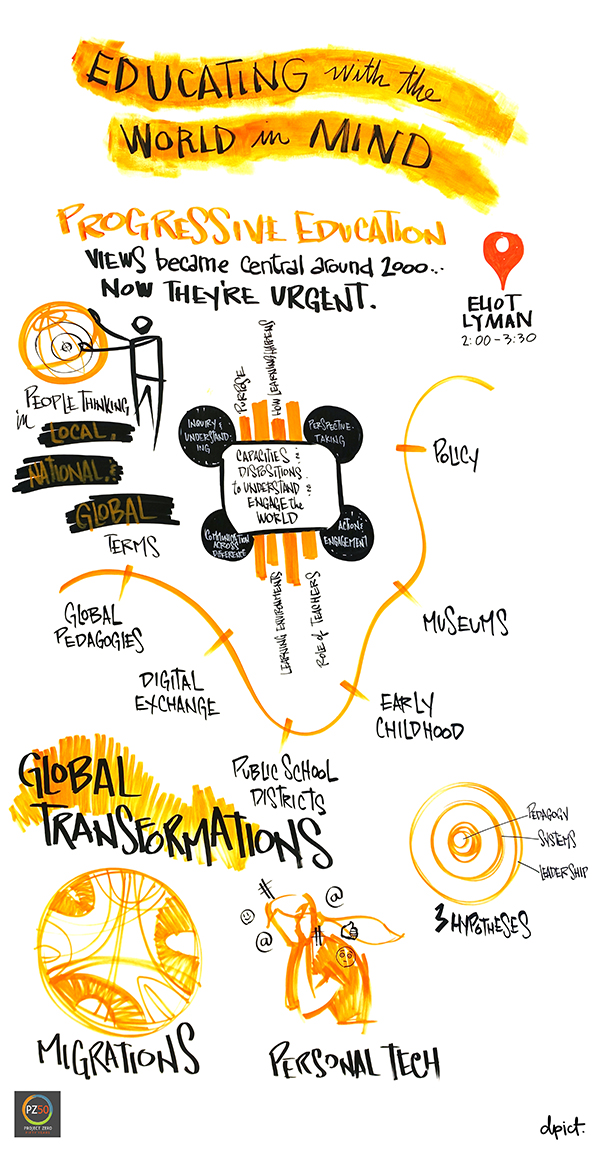
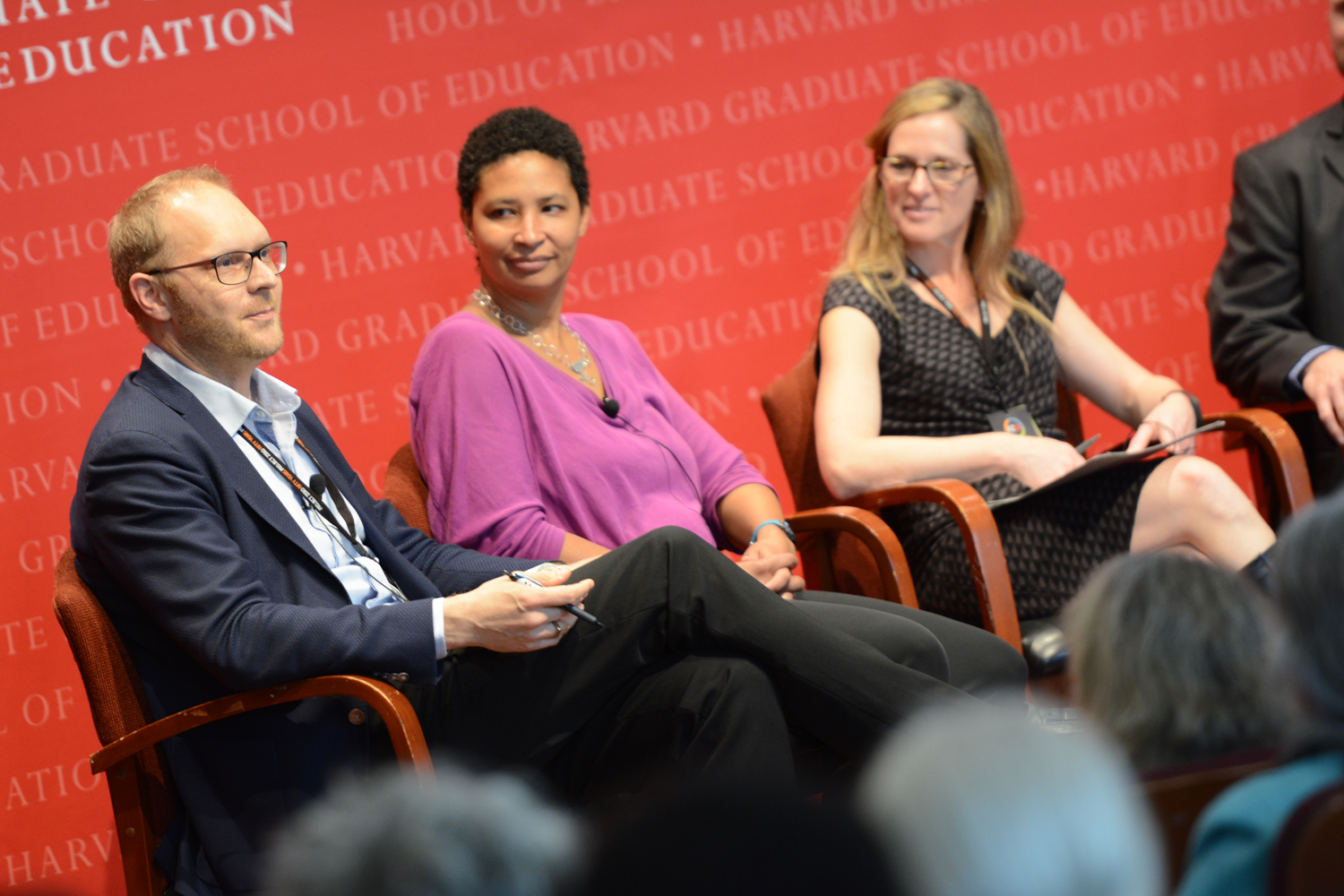
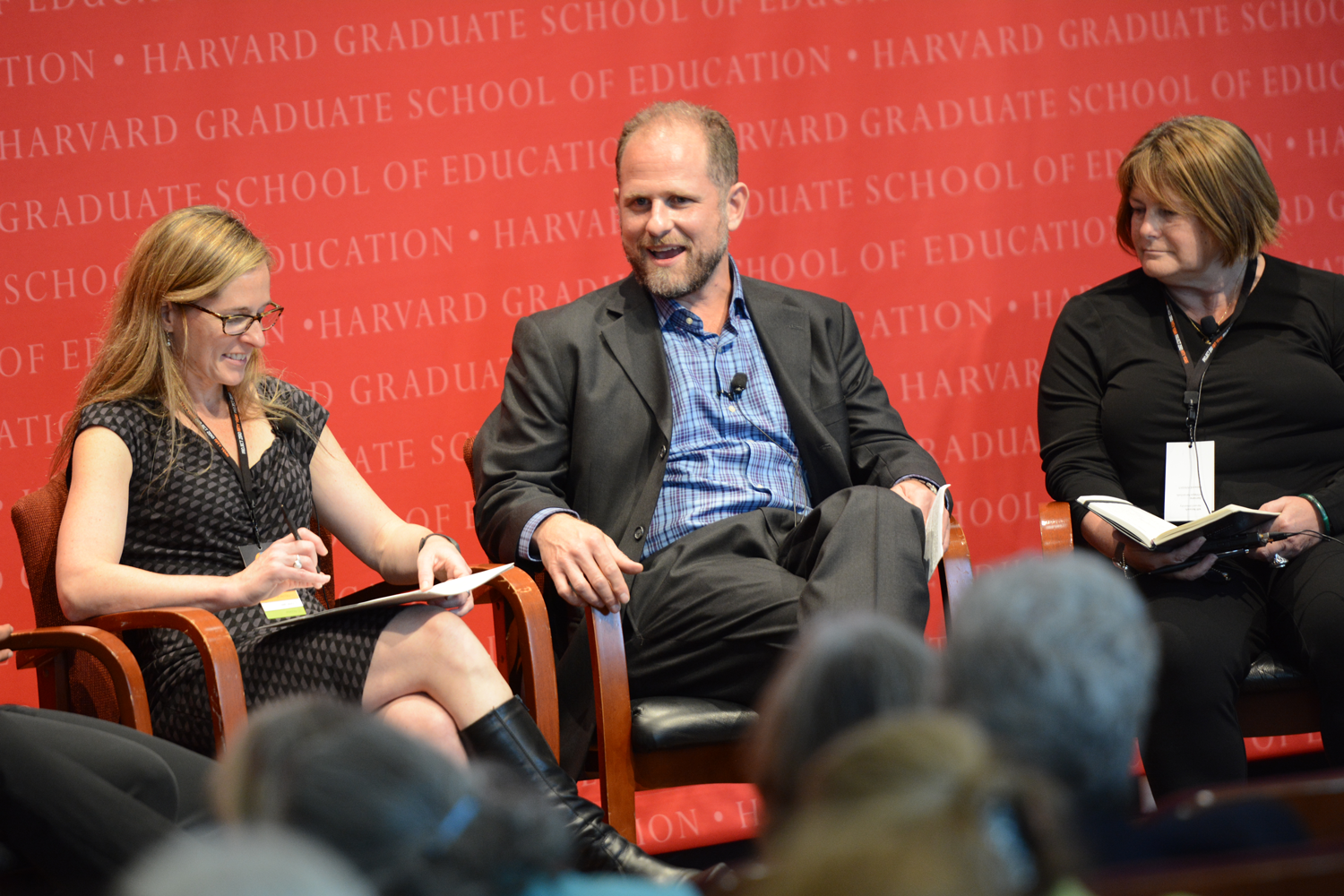
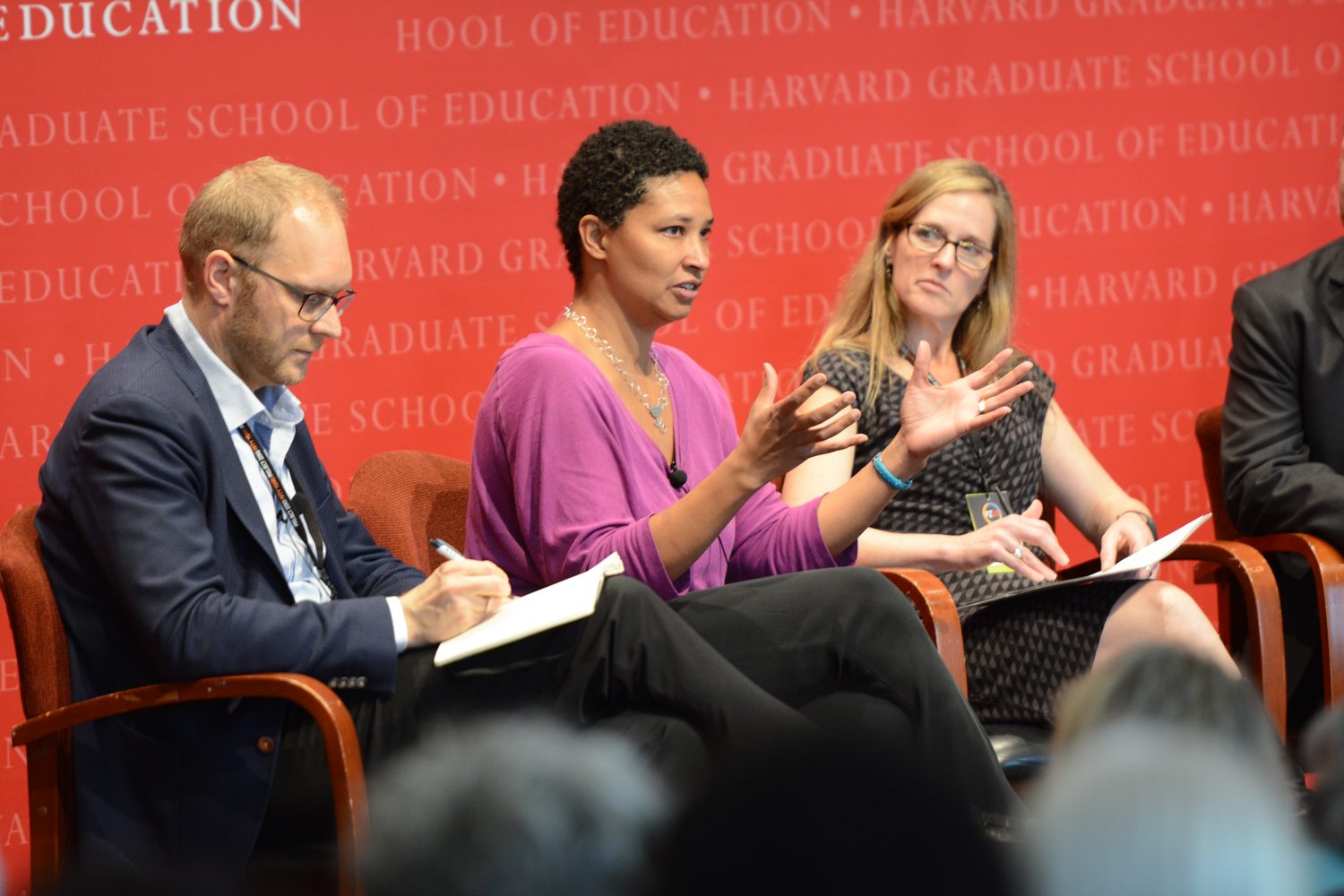
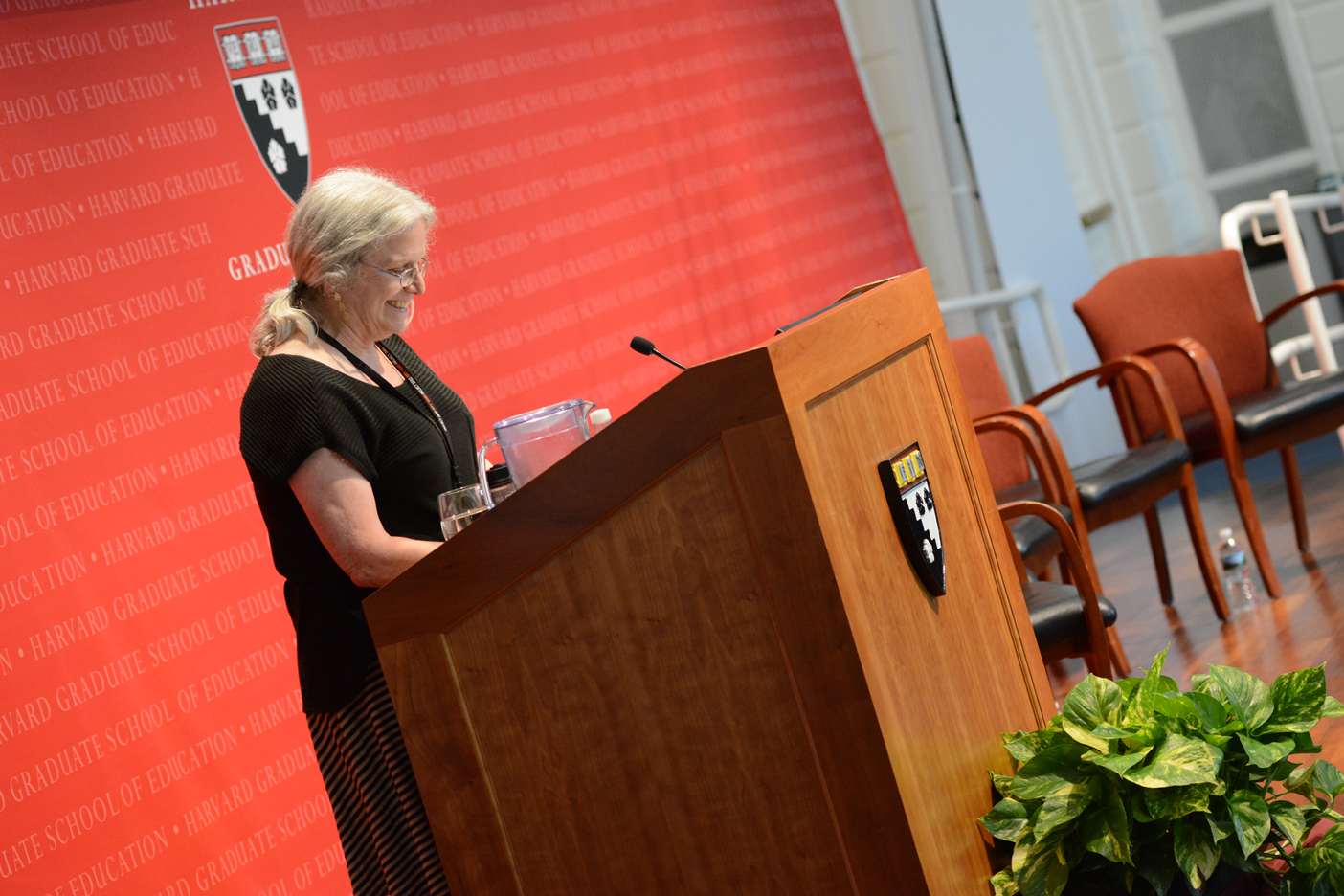
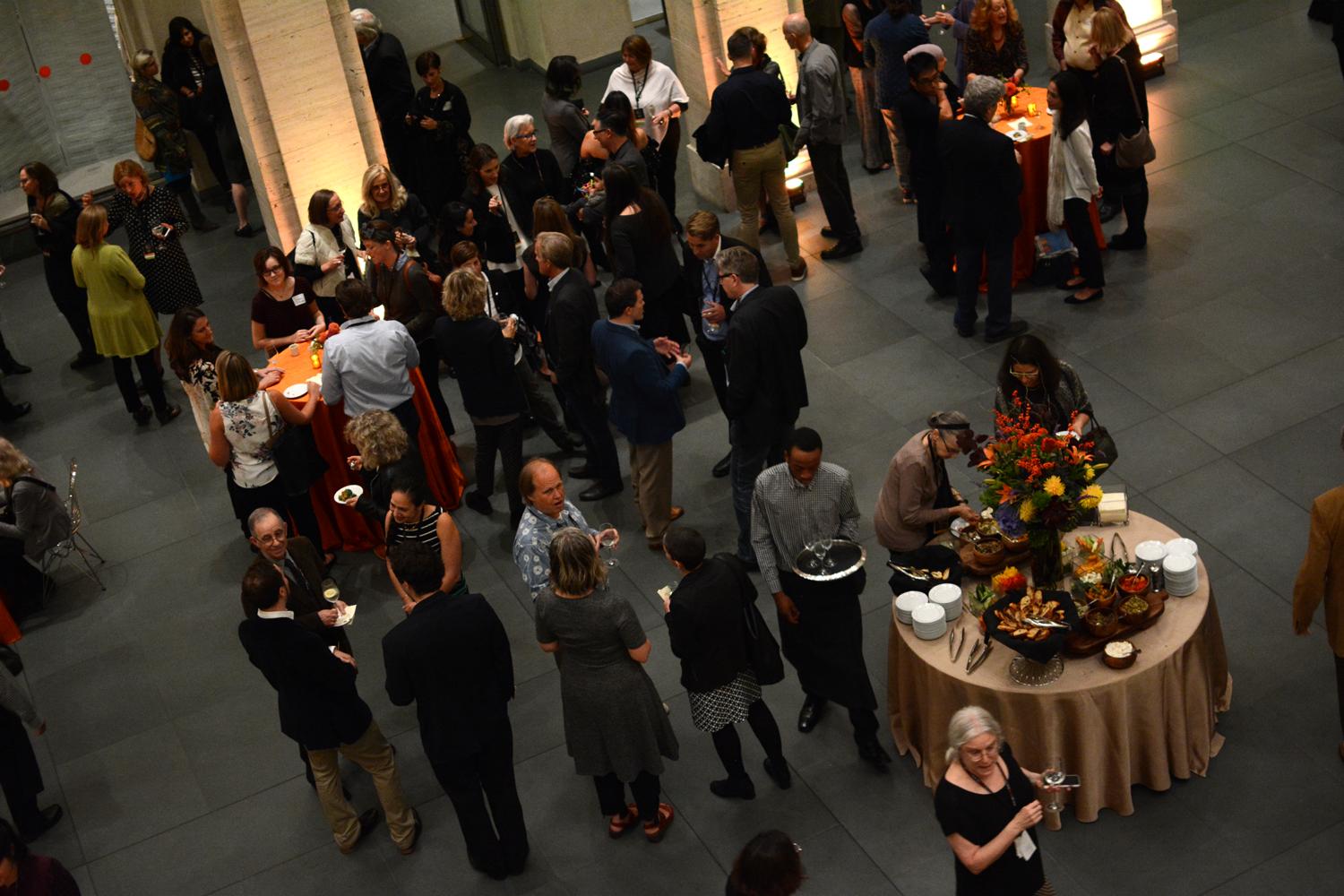
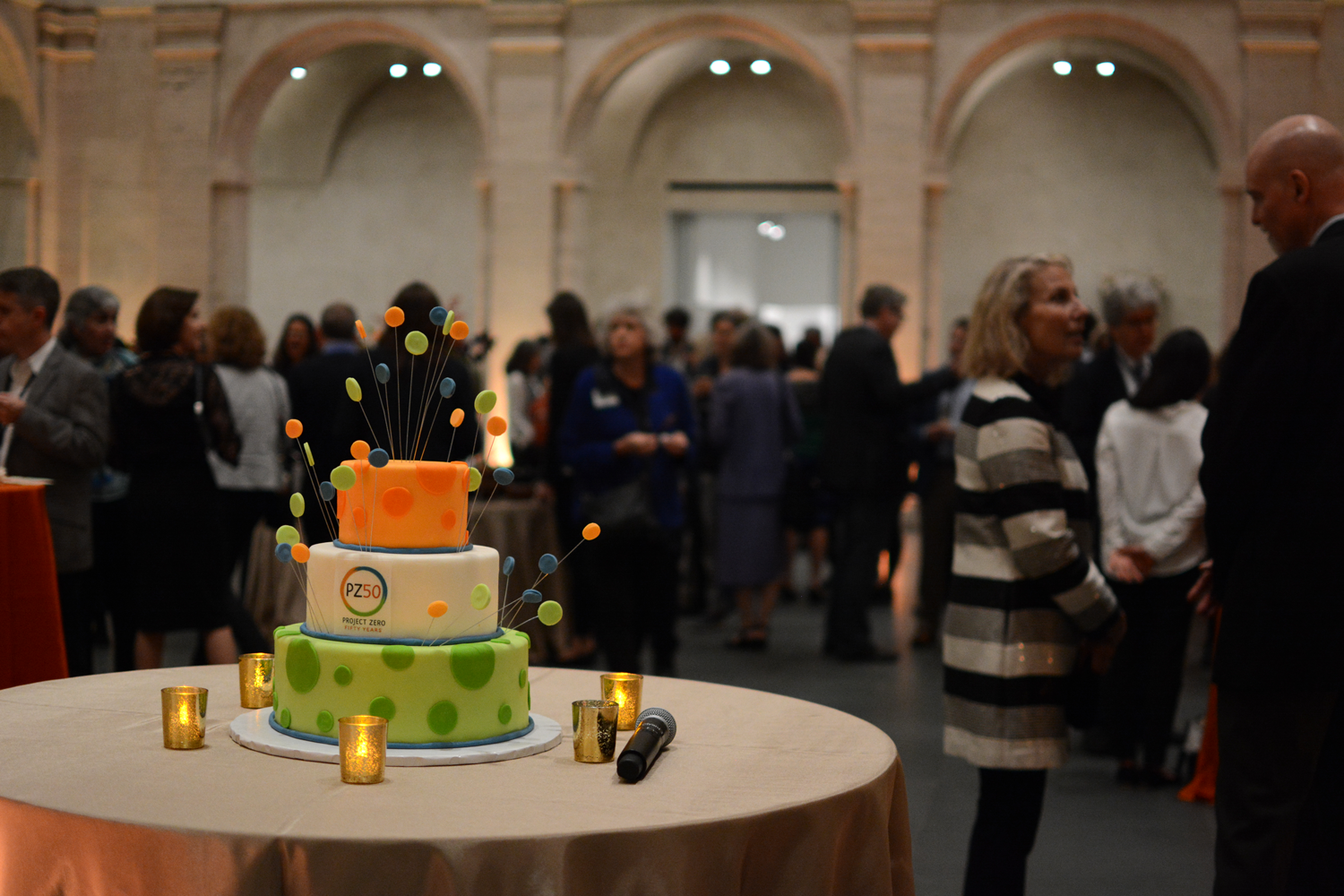
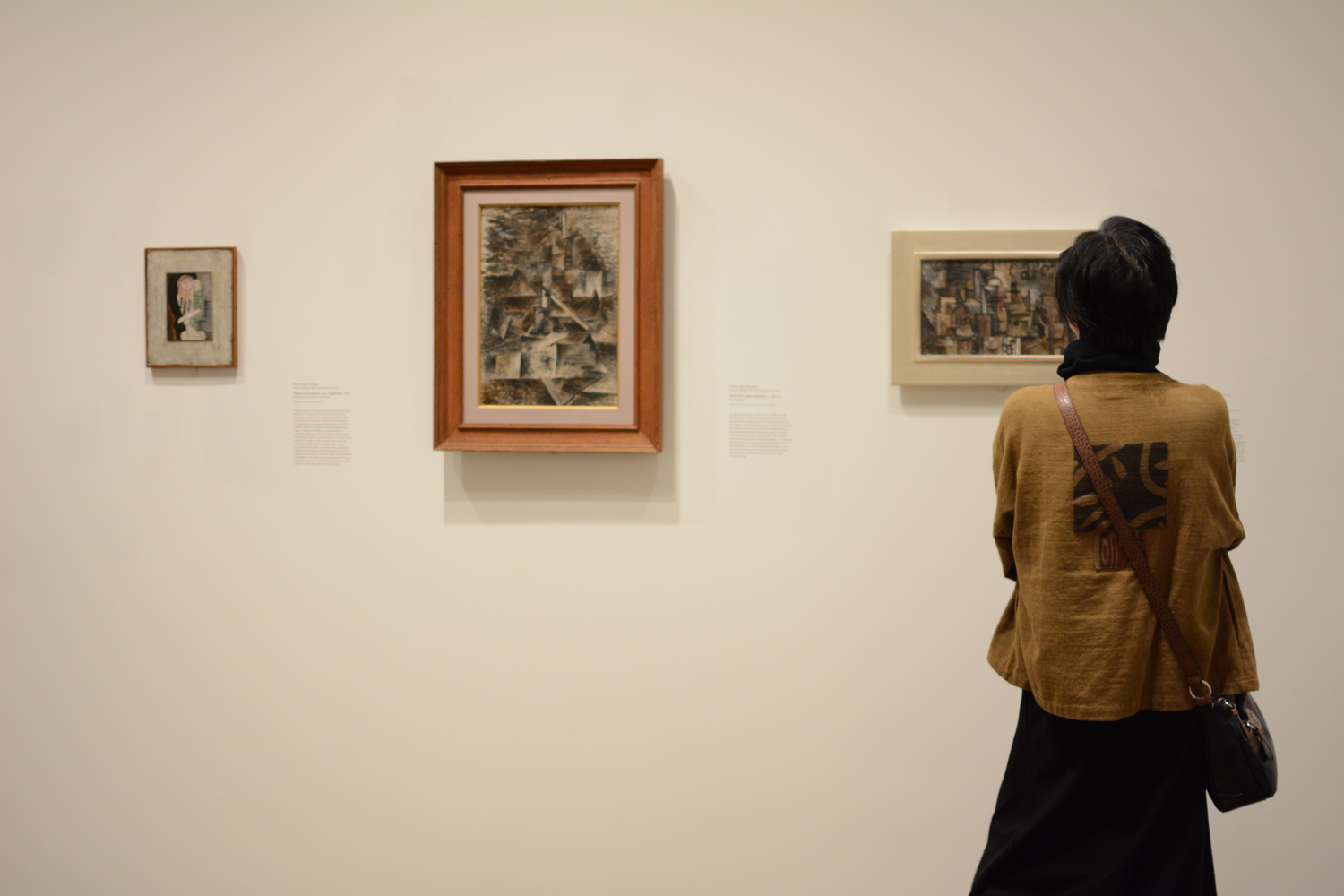
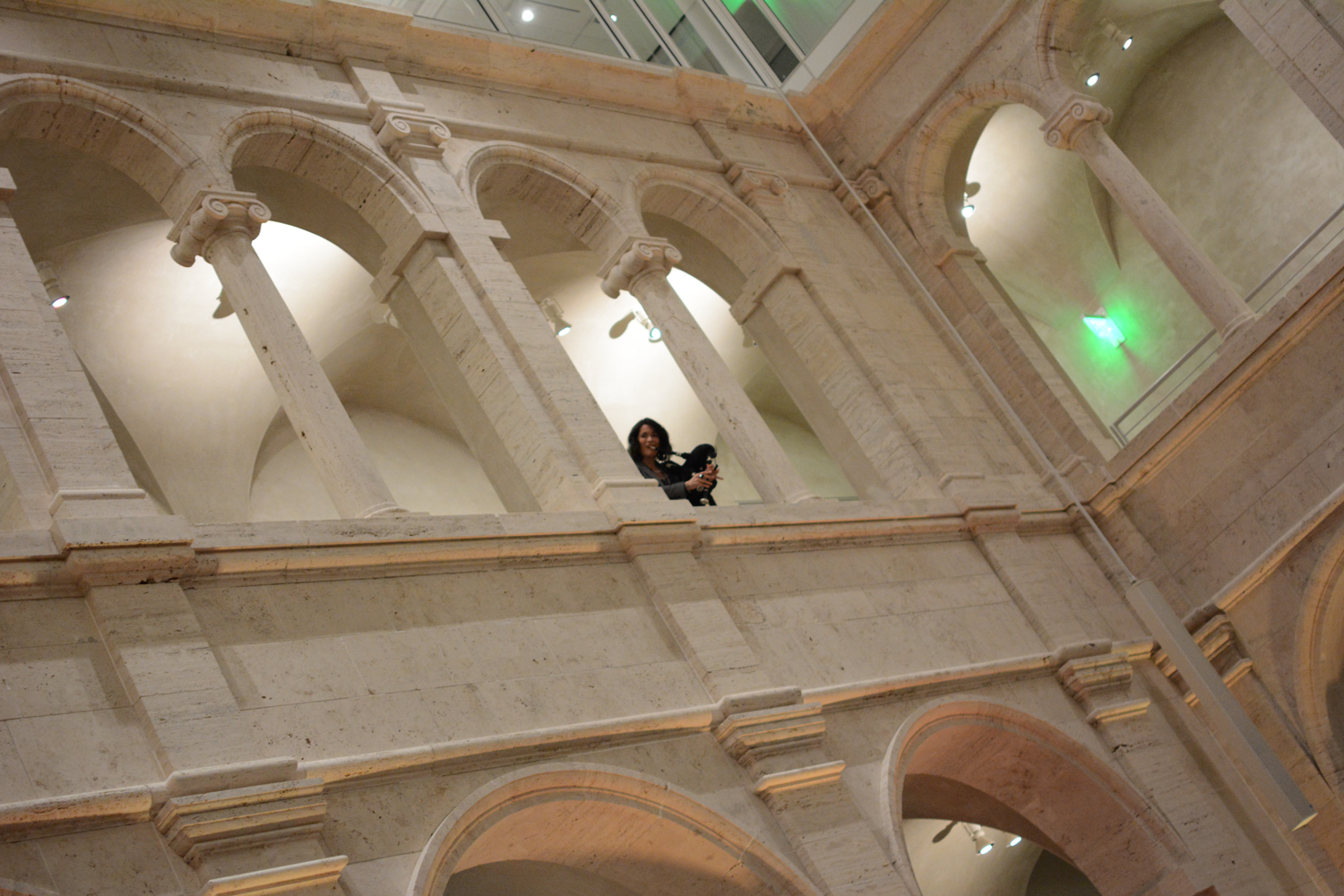
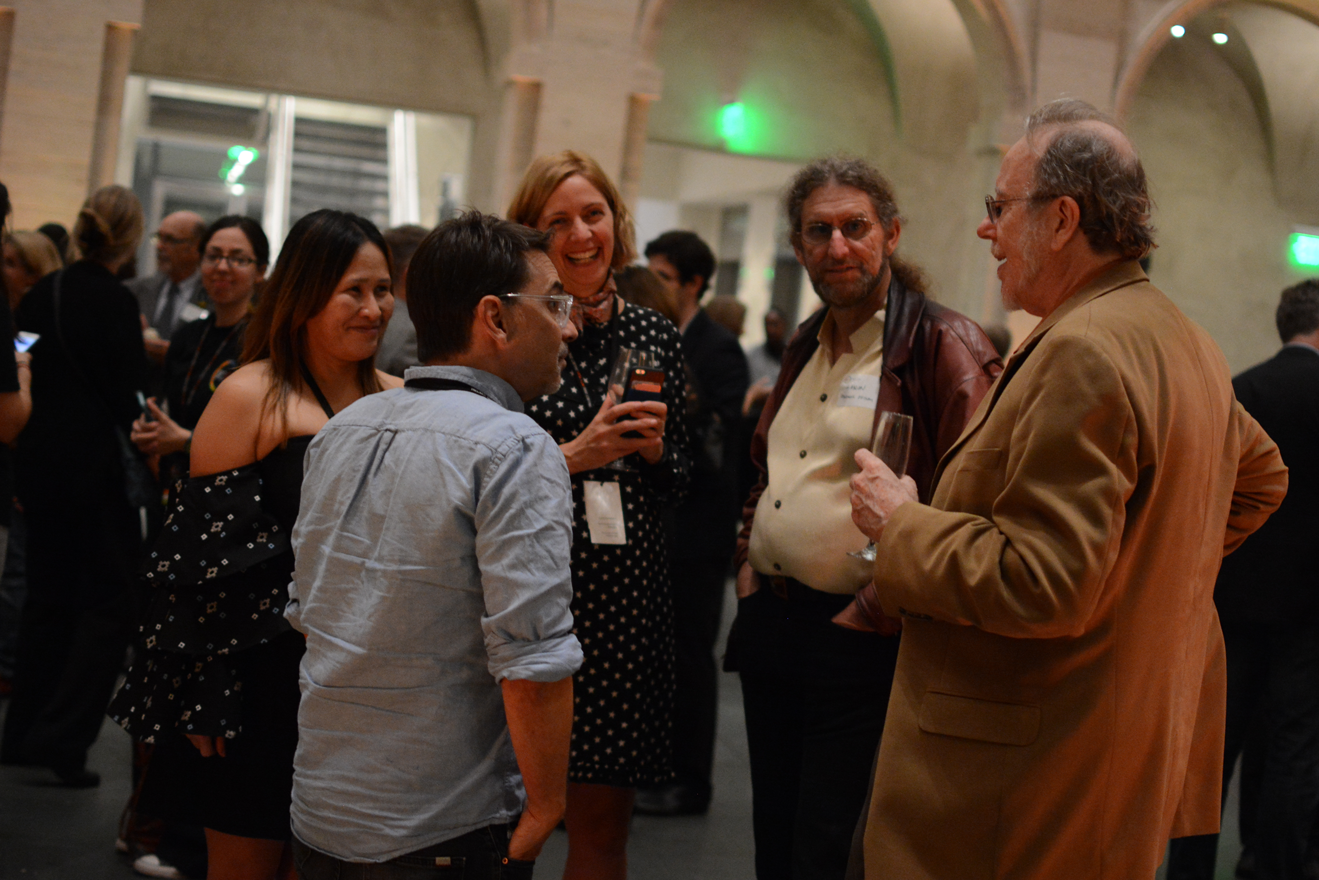
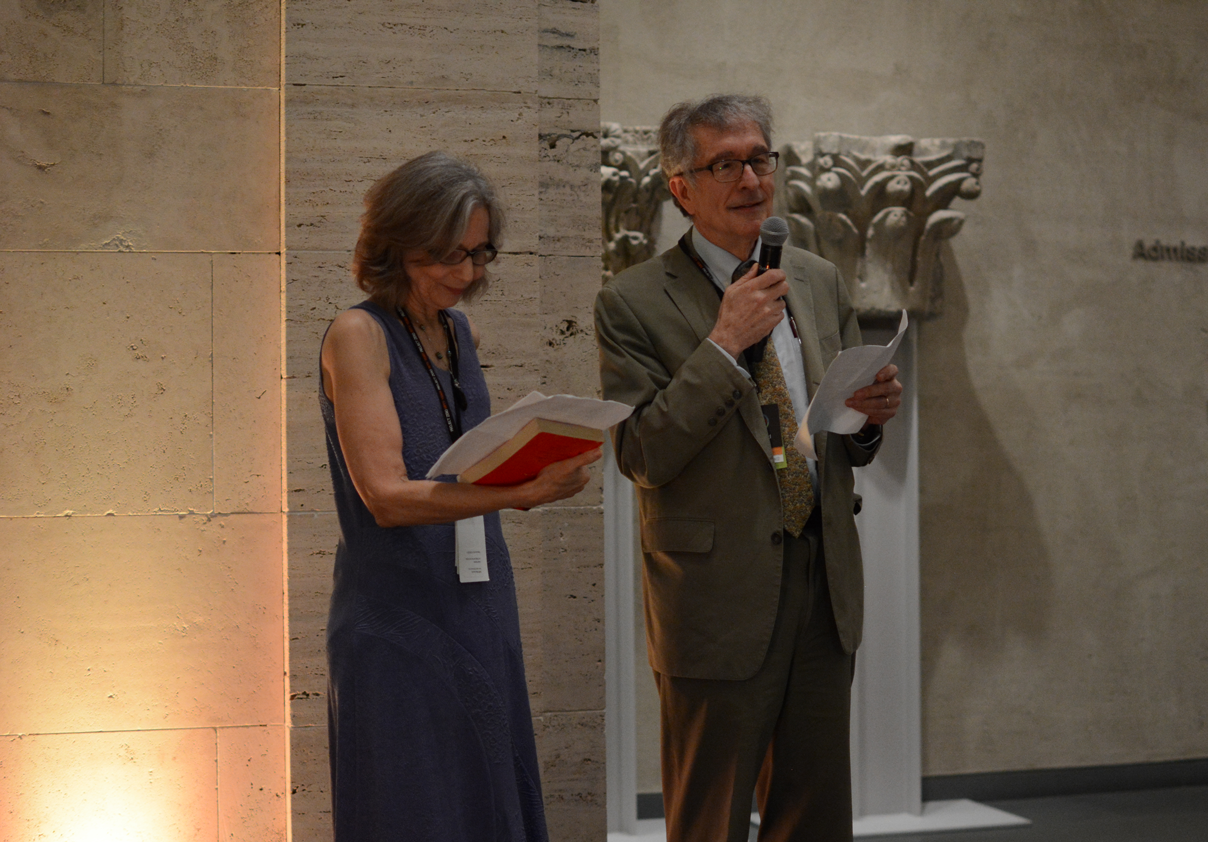
-
-
-
-
-
-
Support PZ's Reach